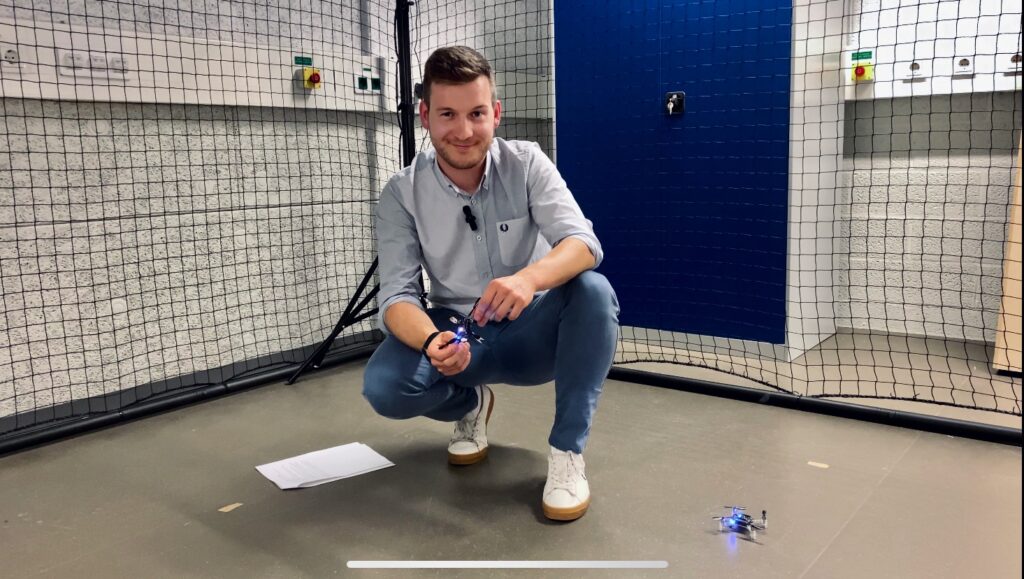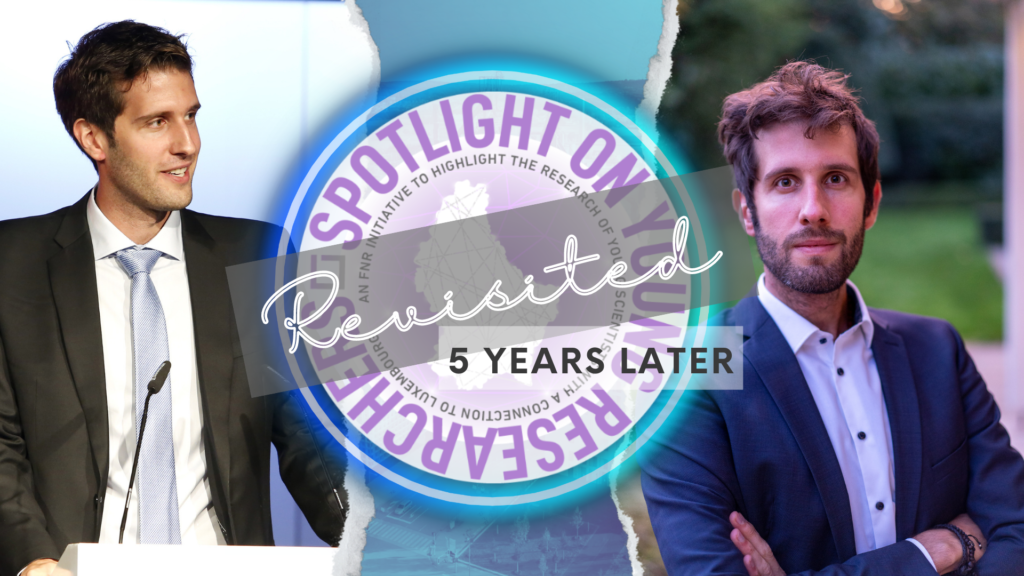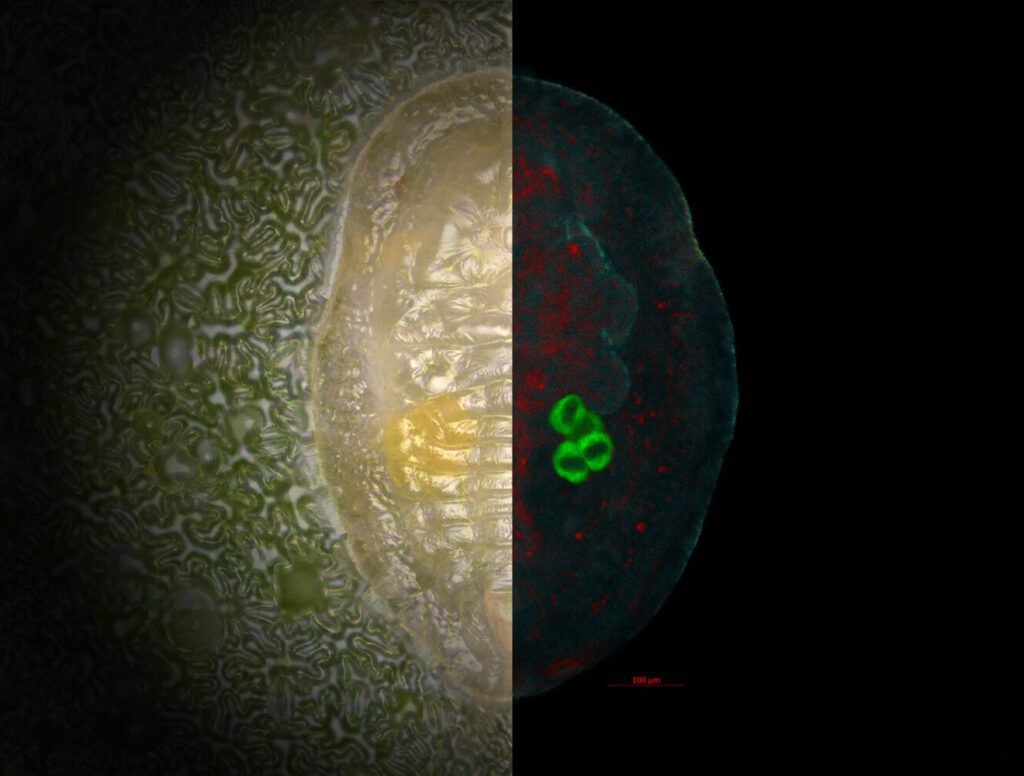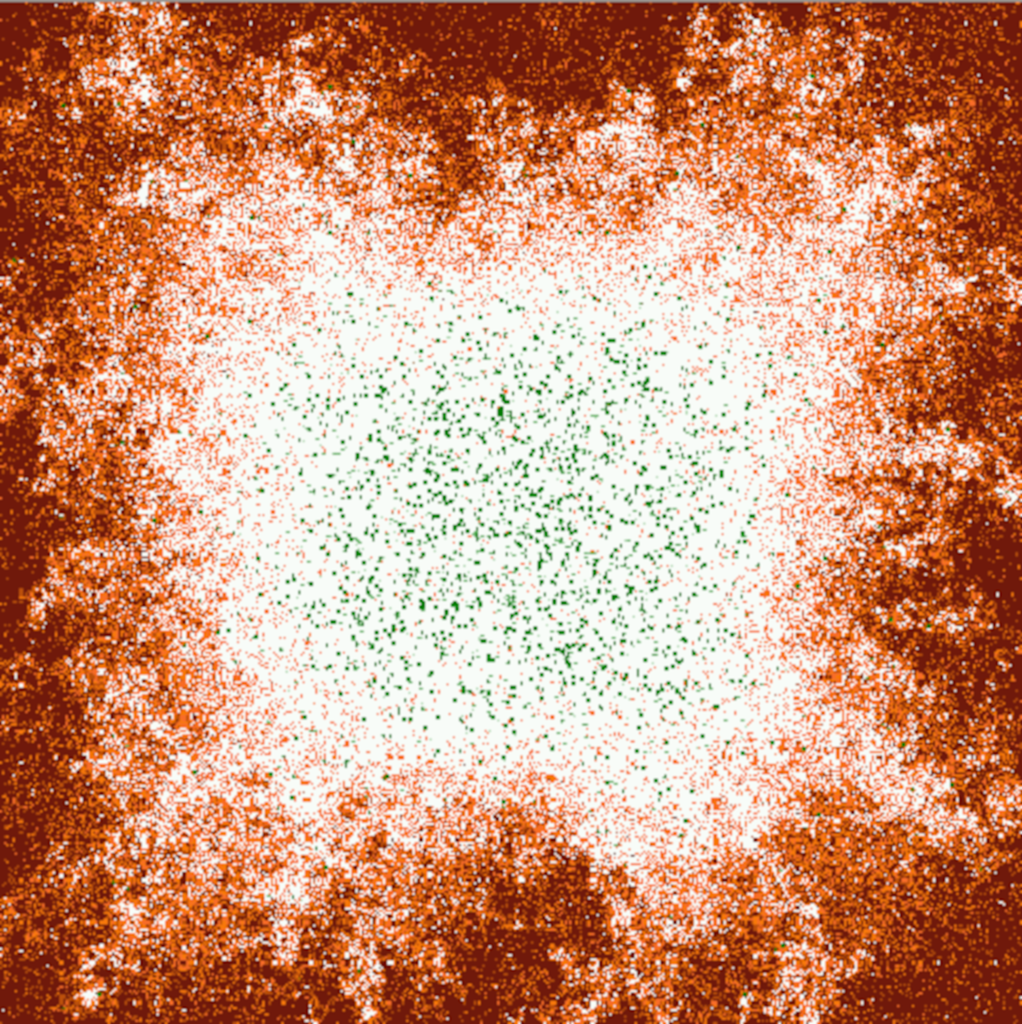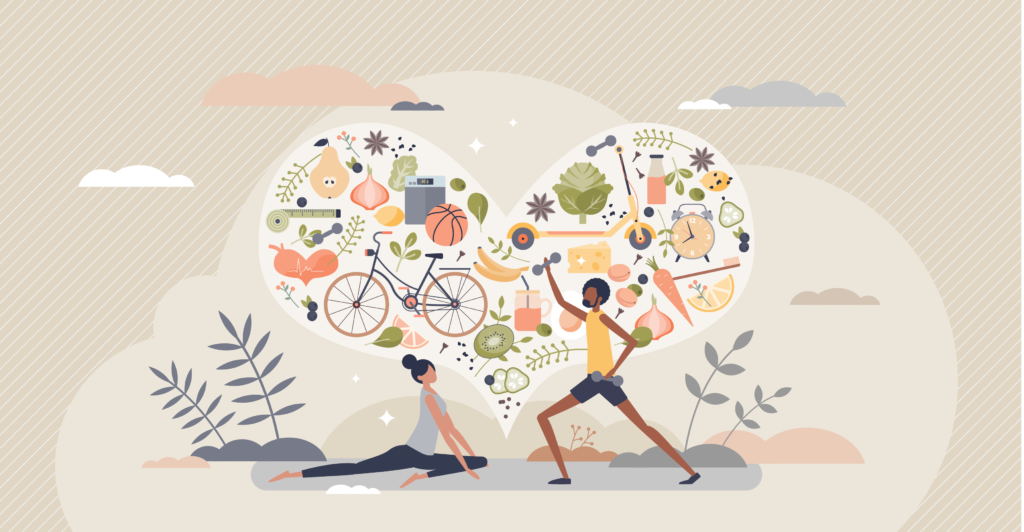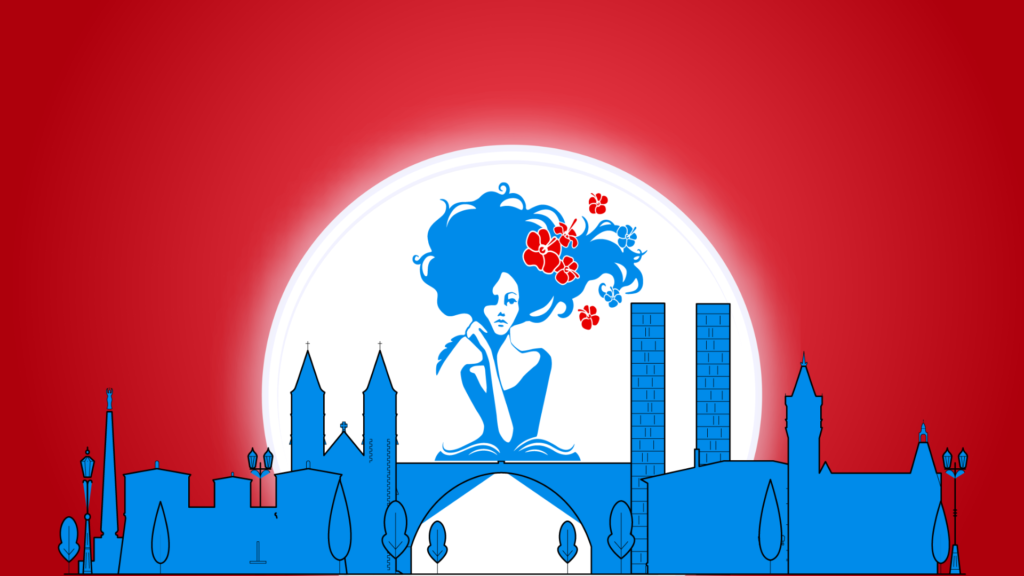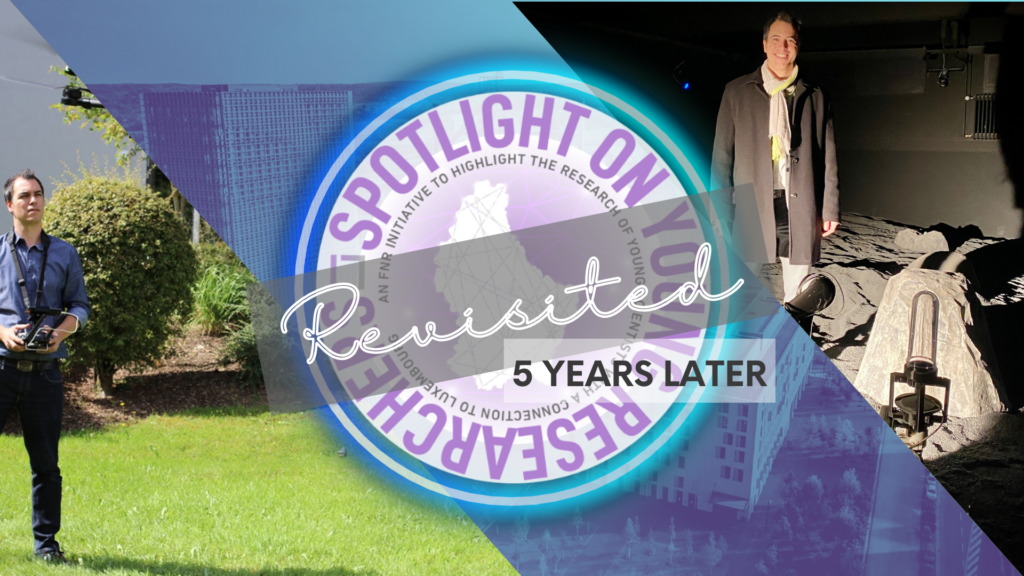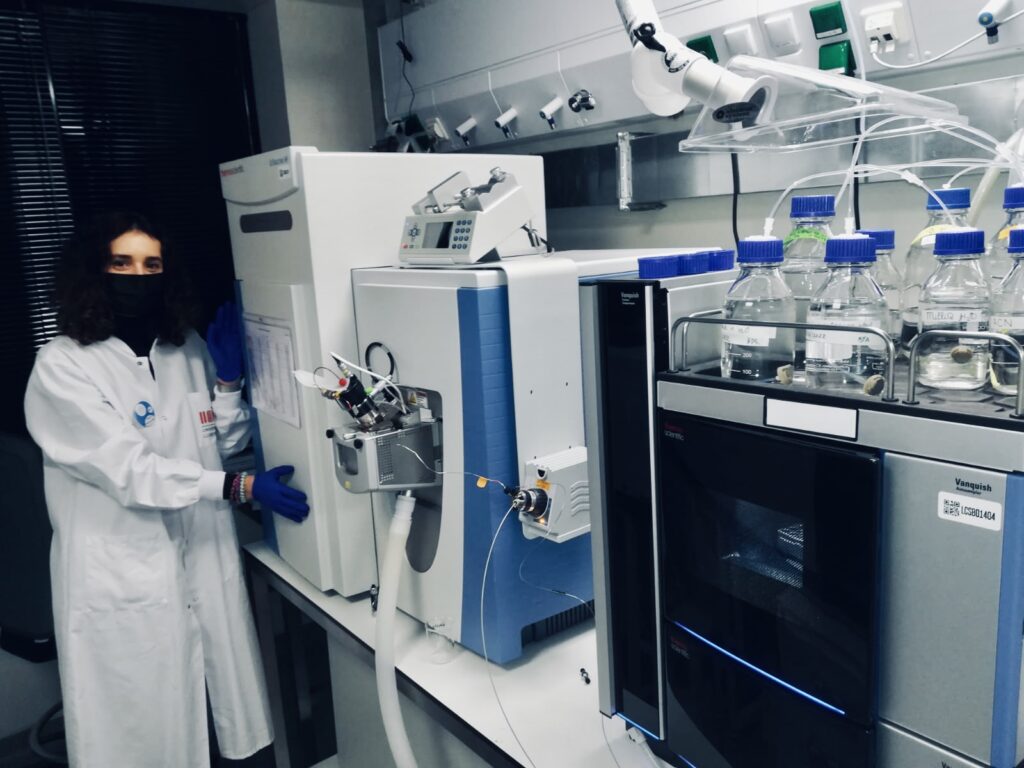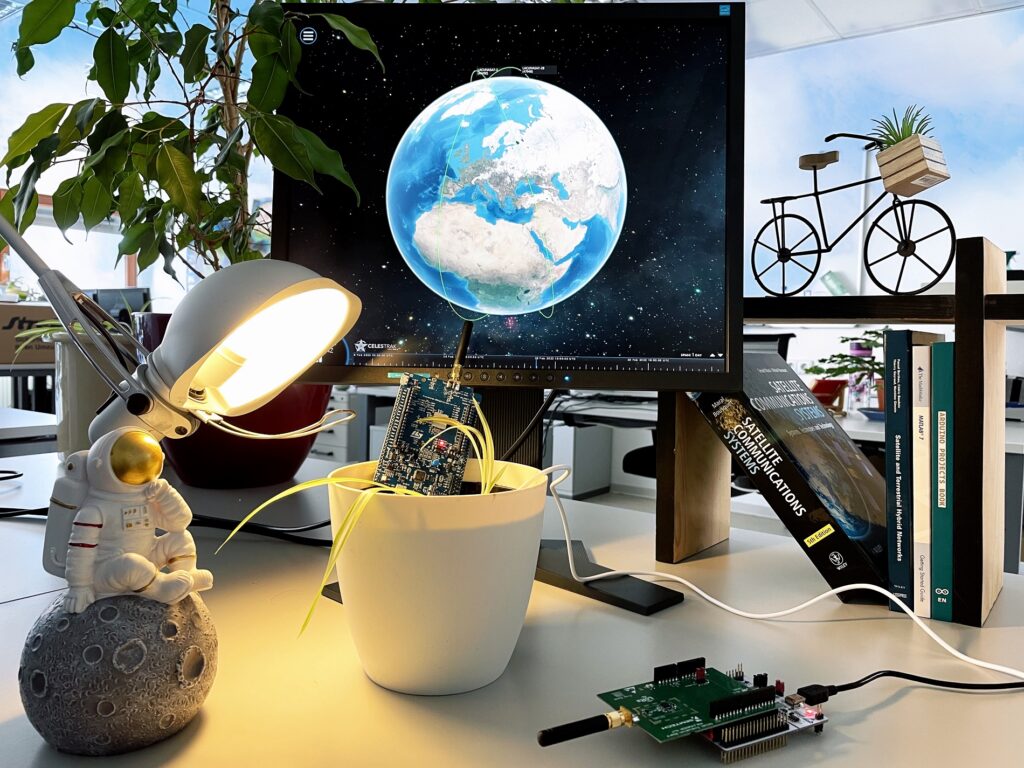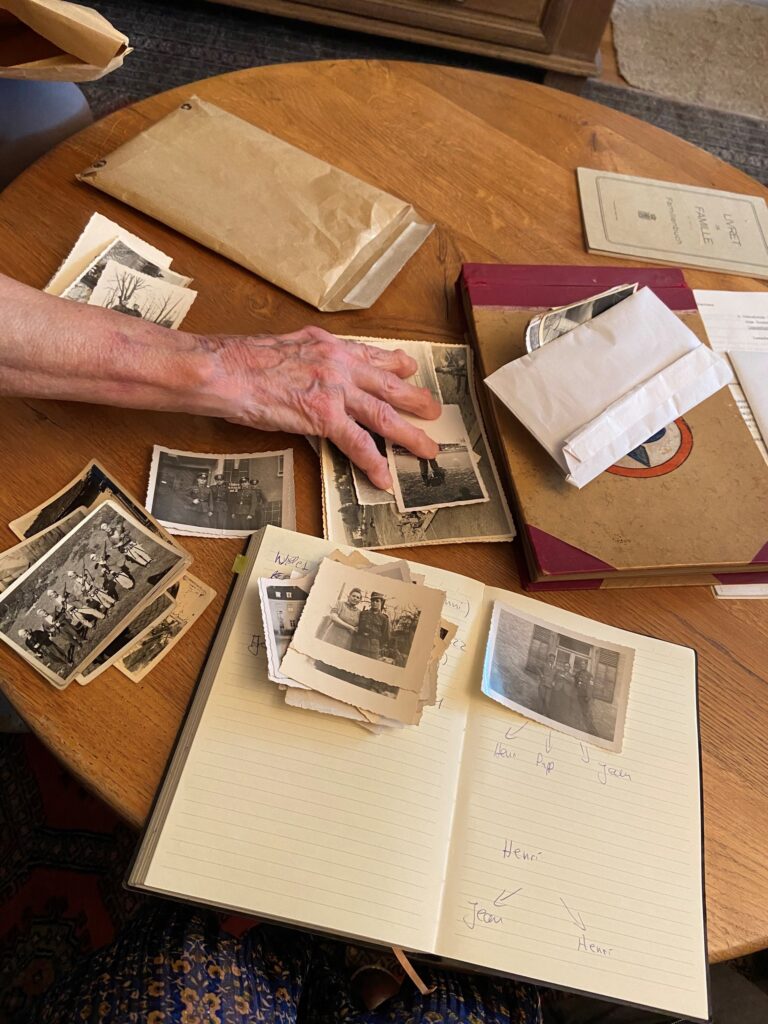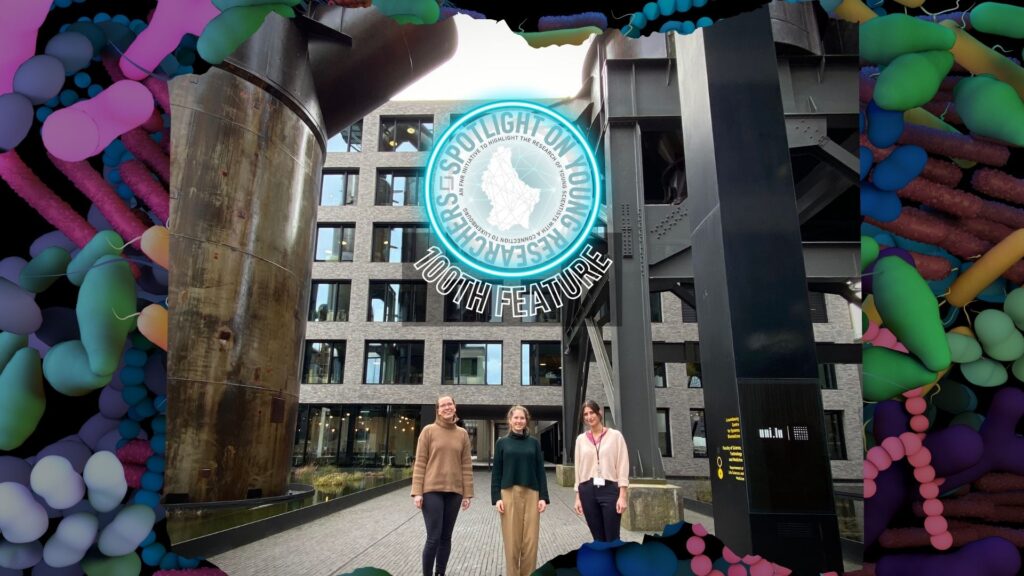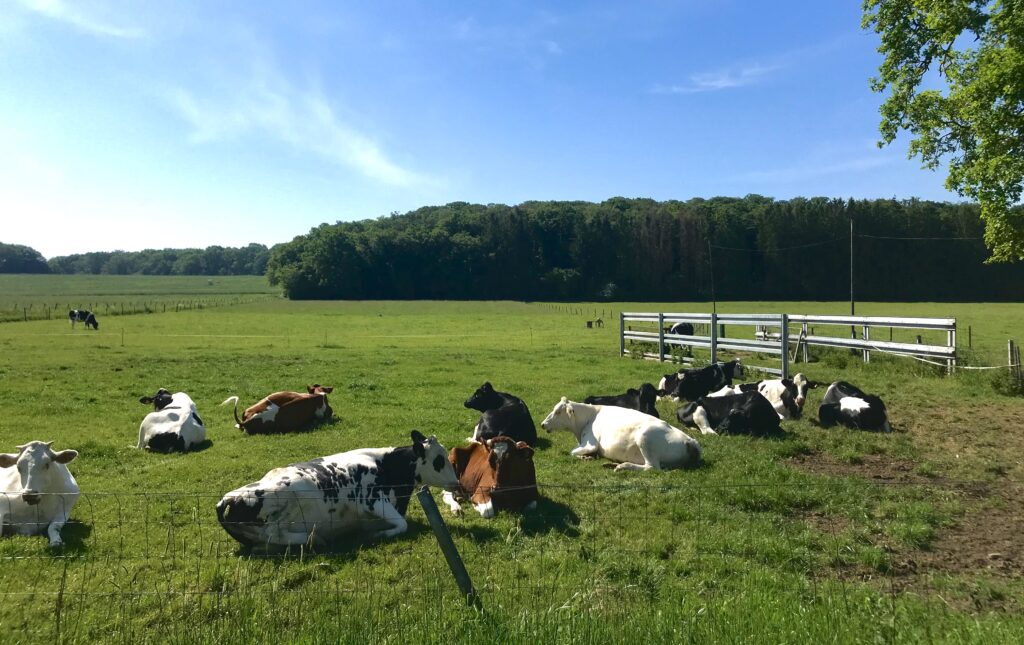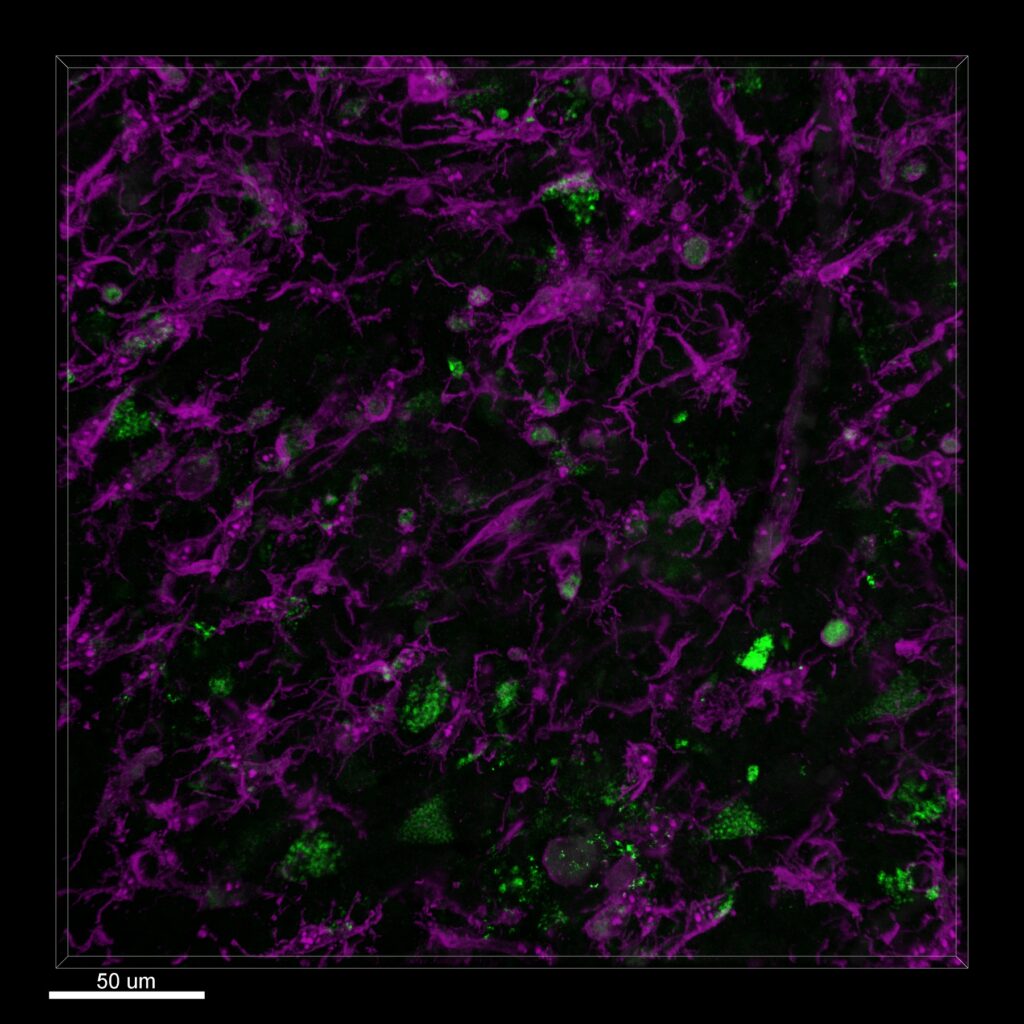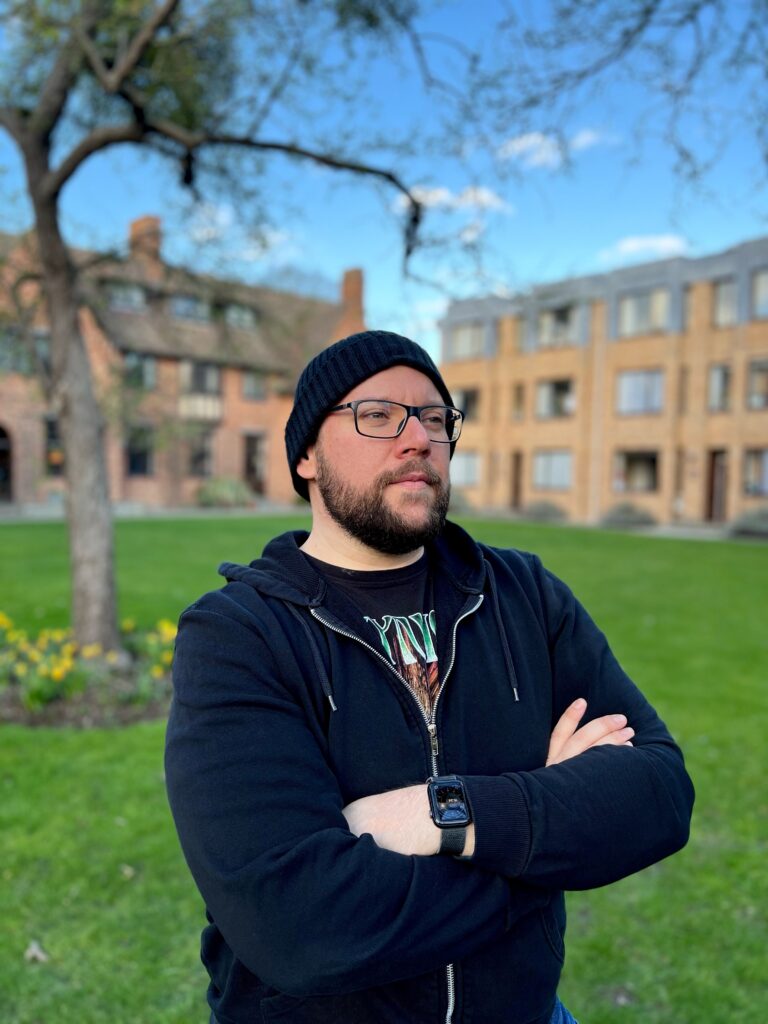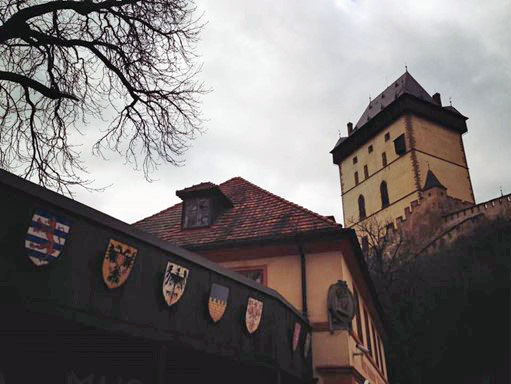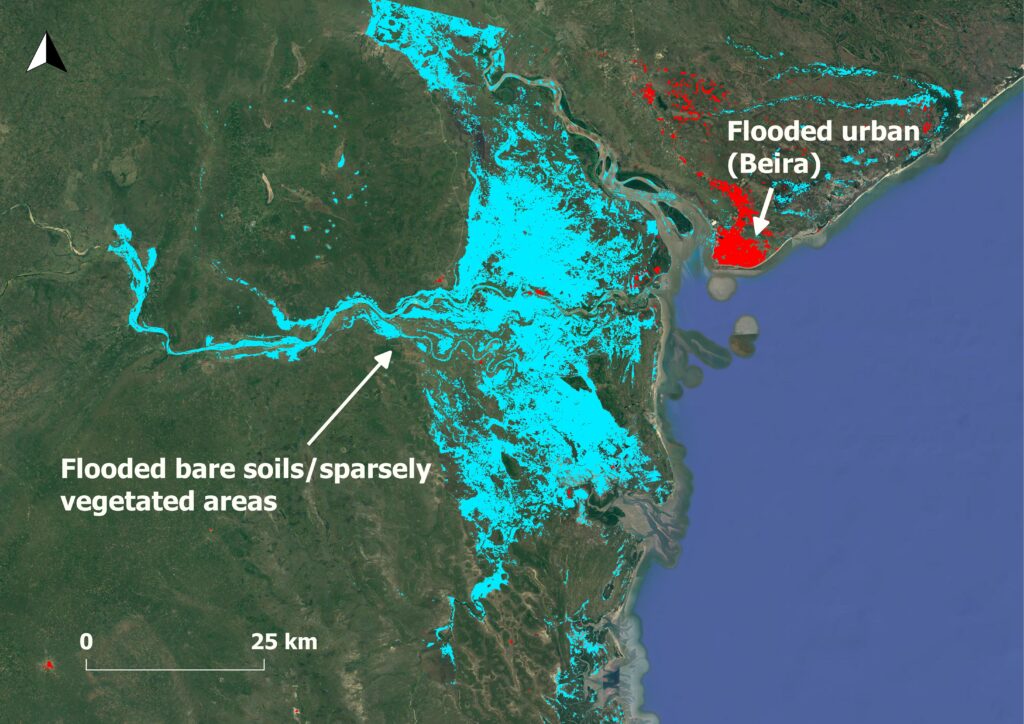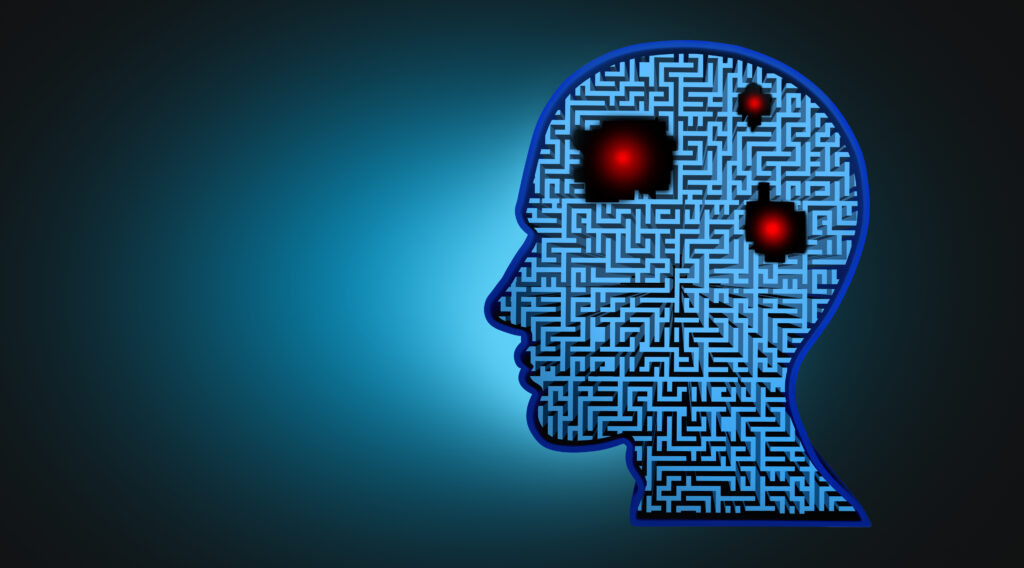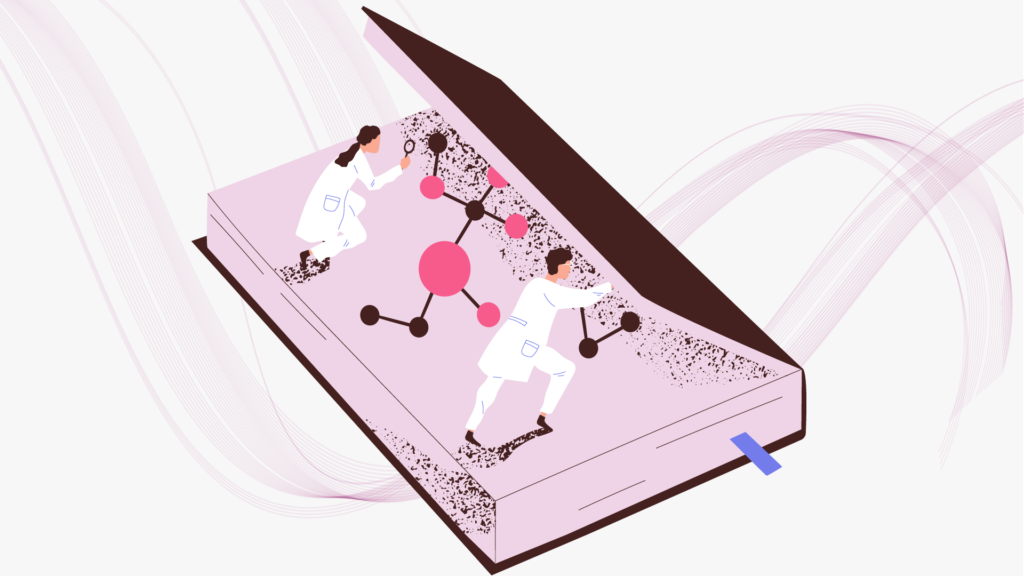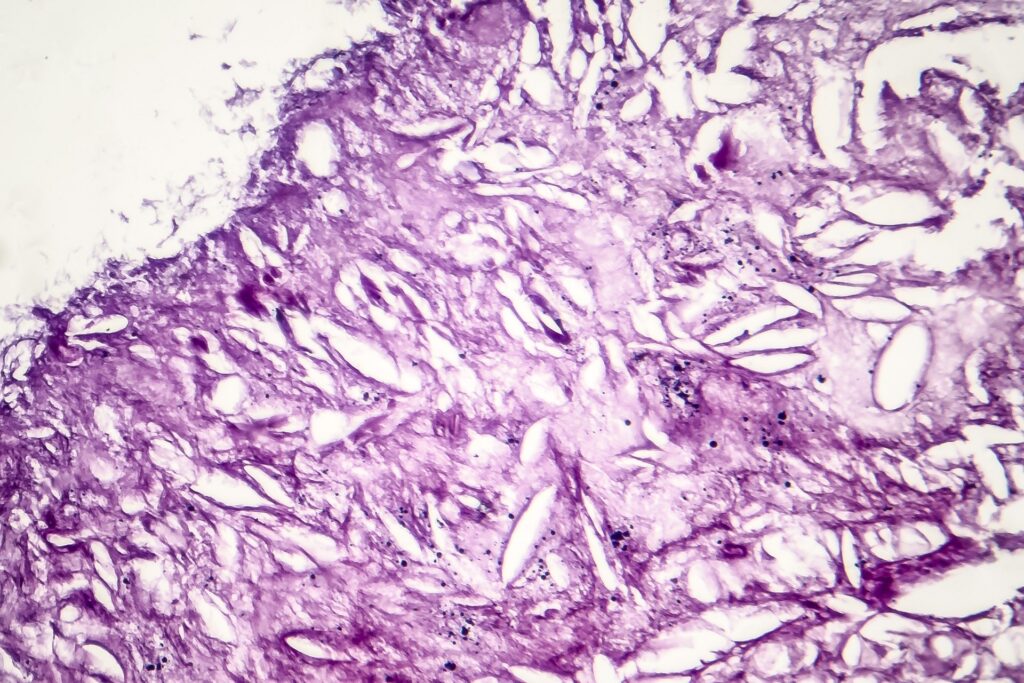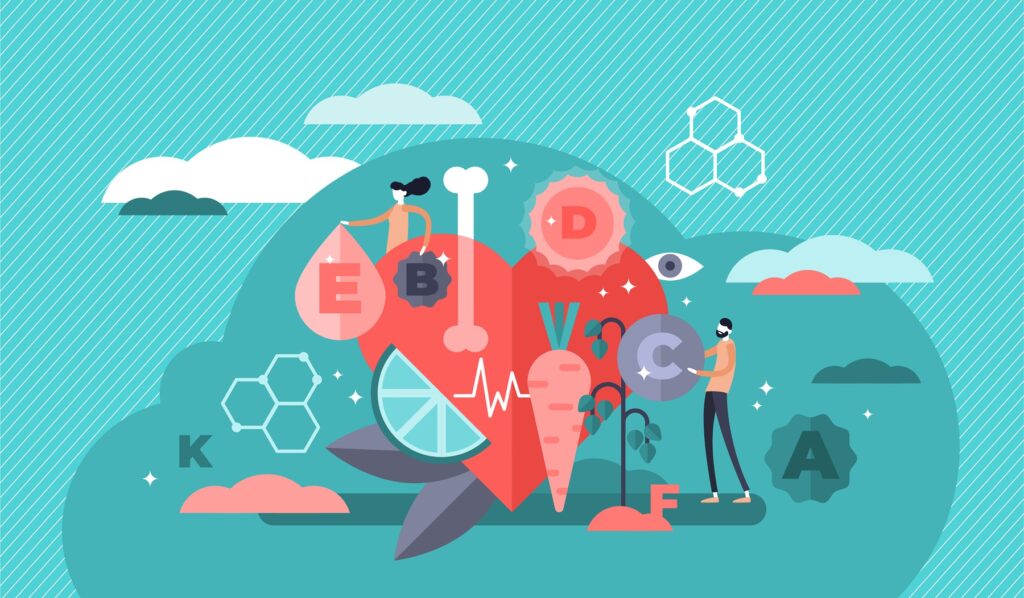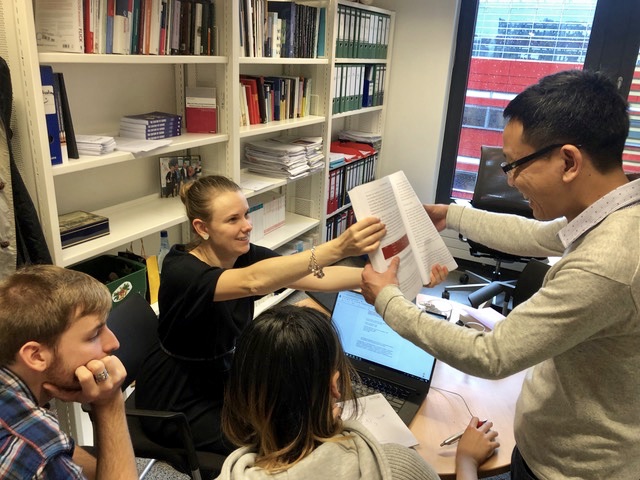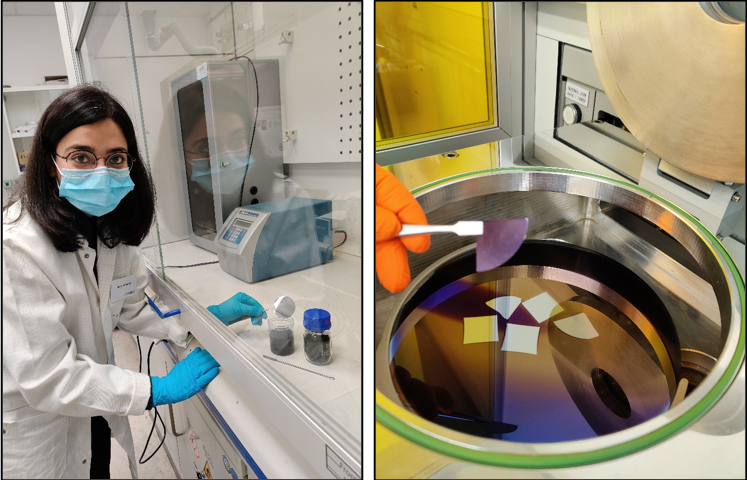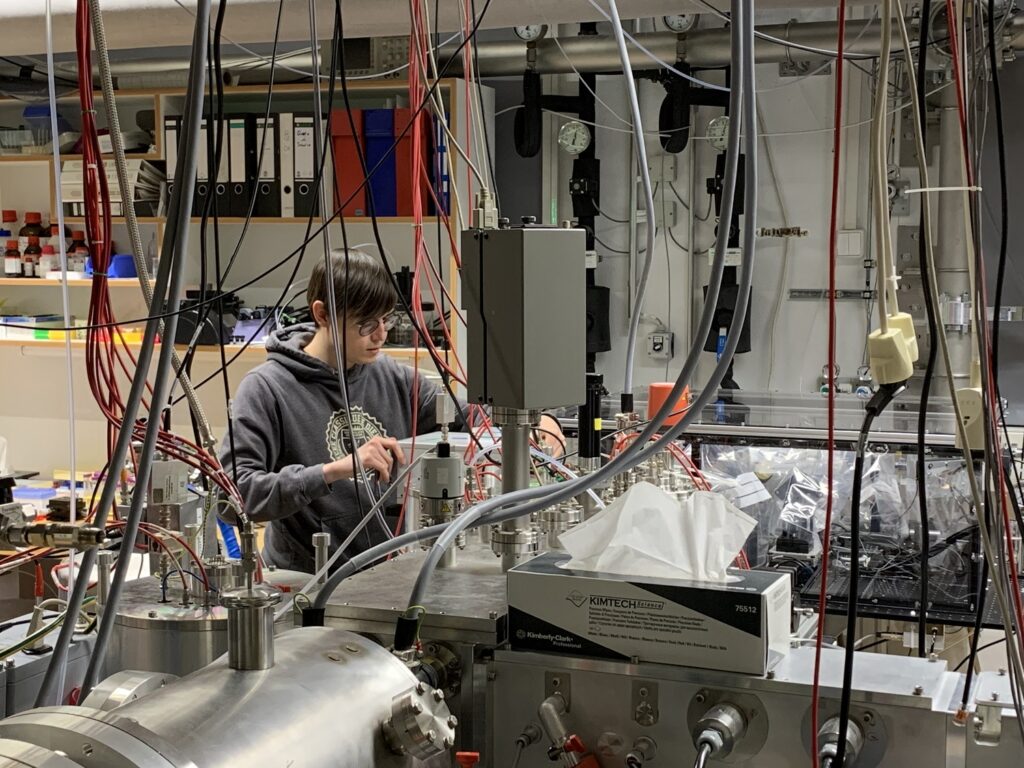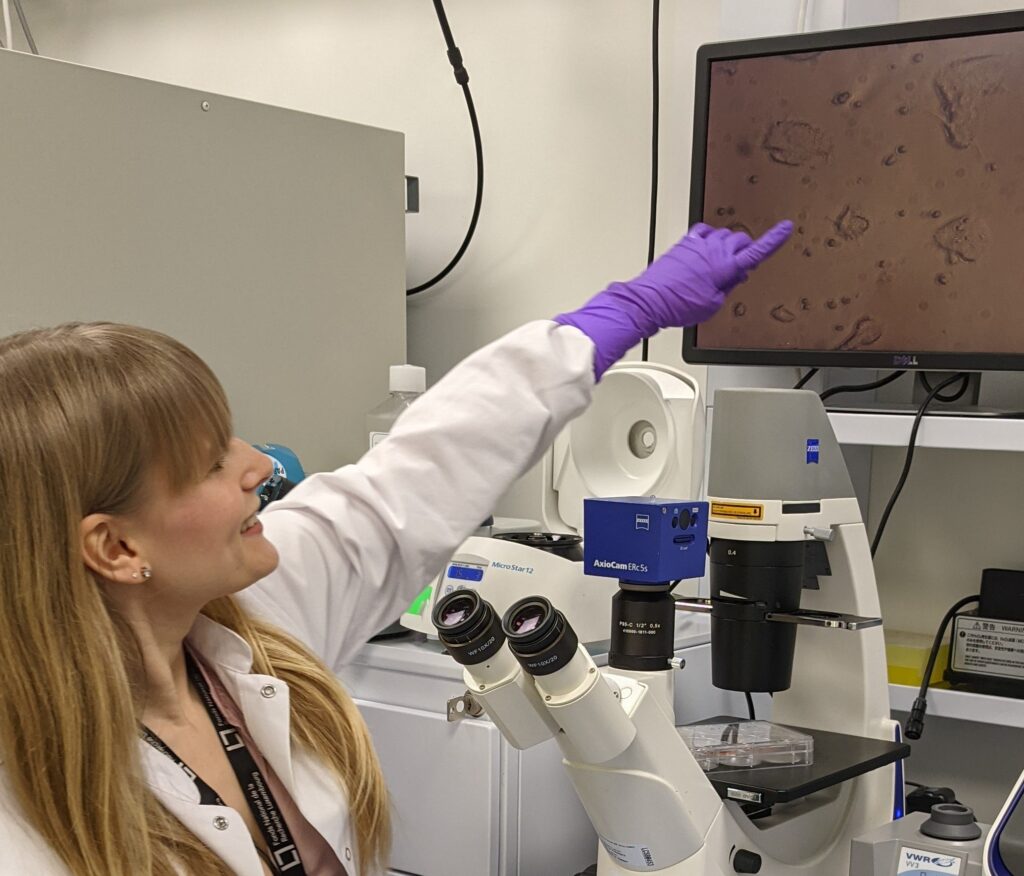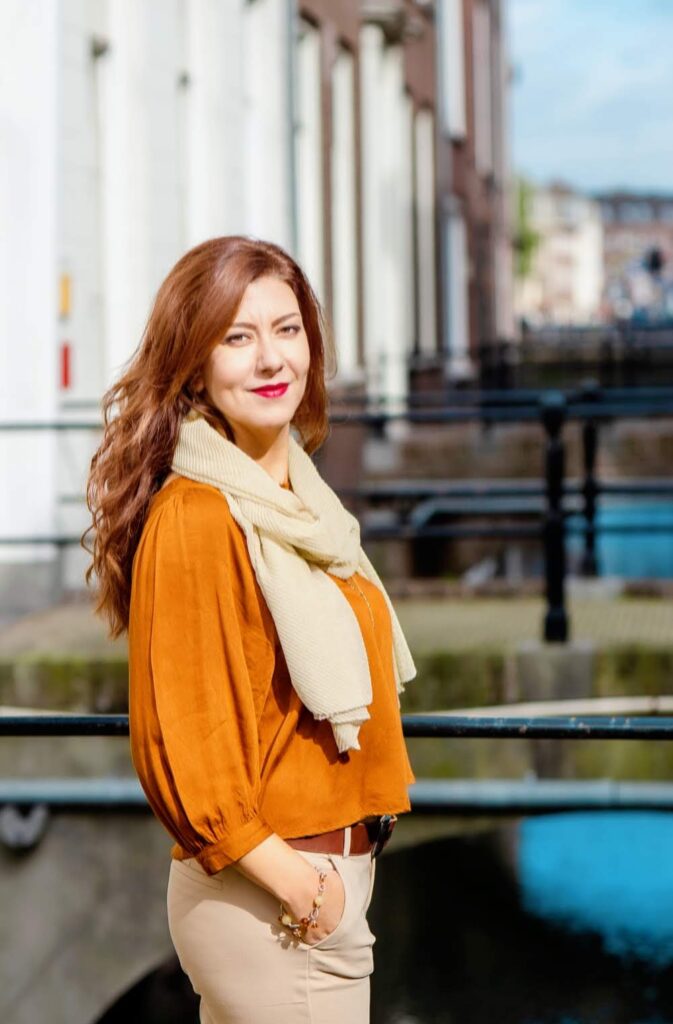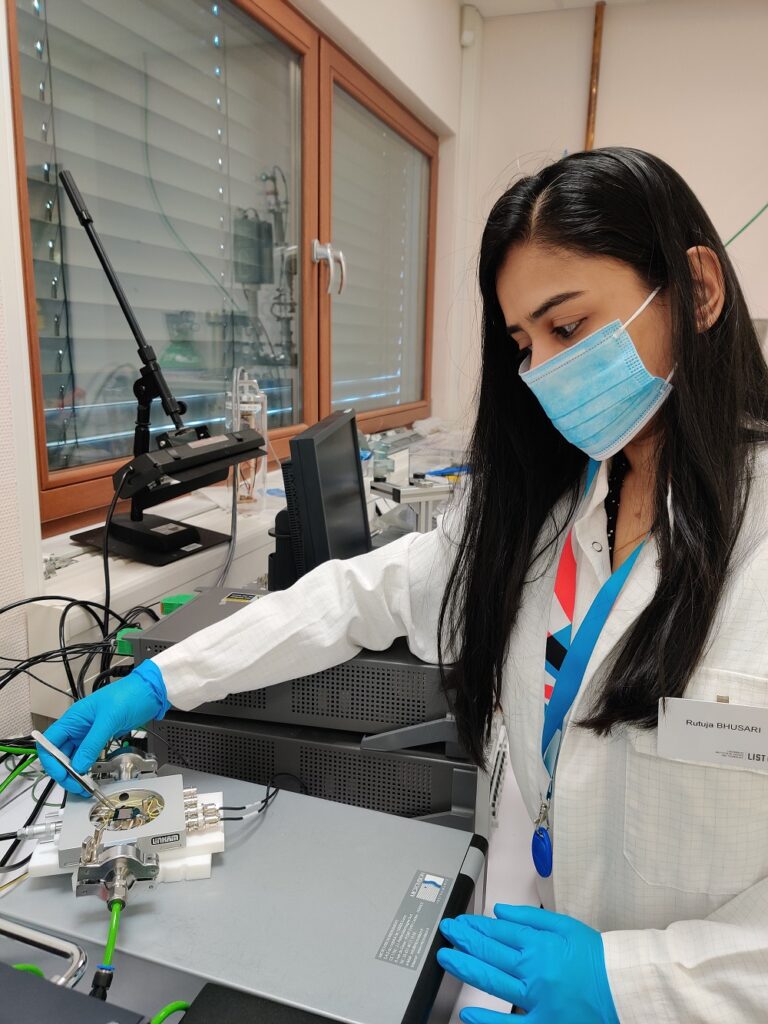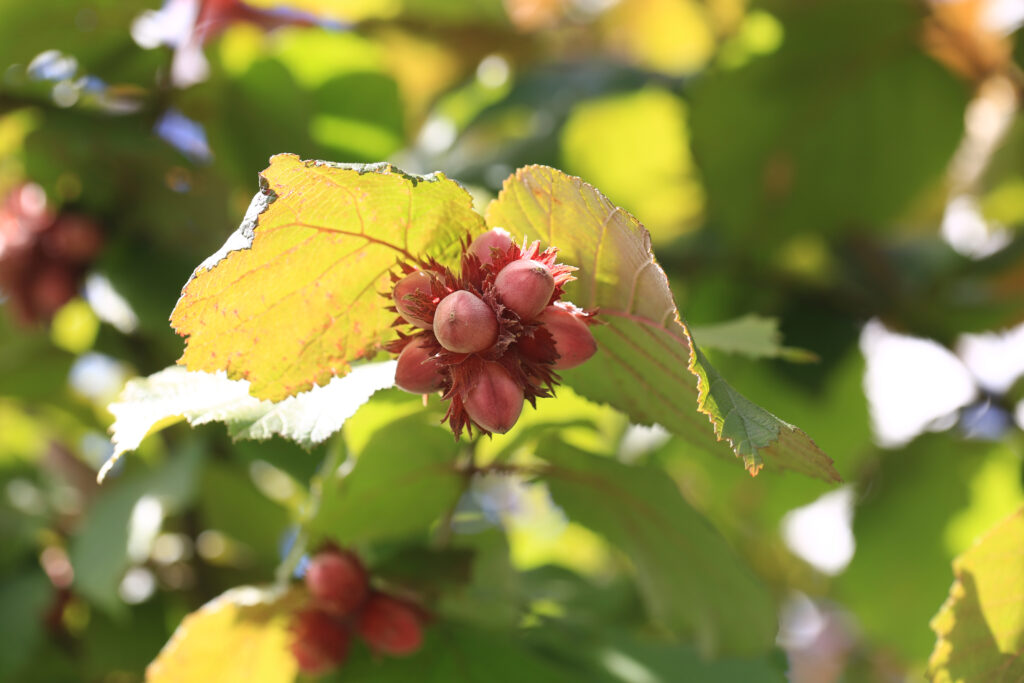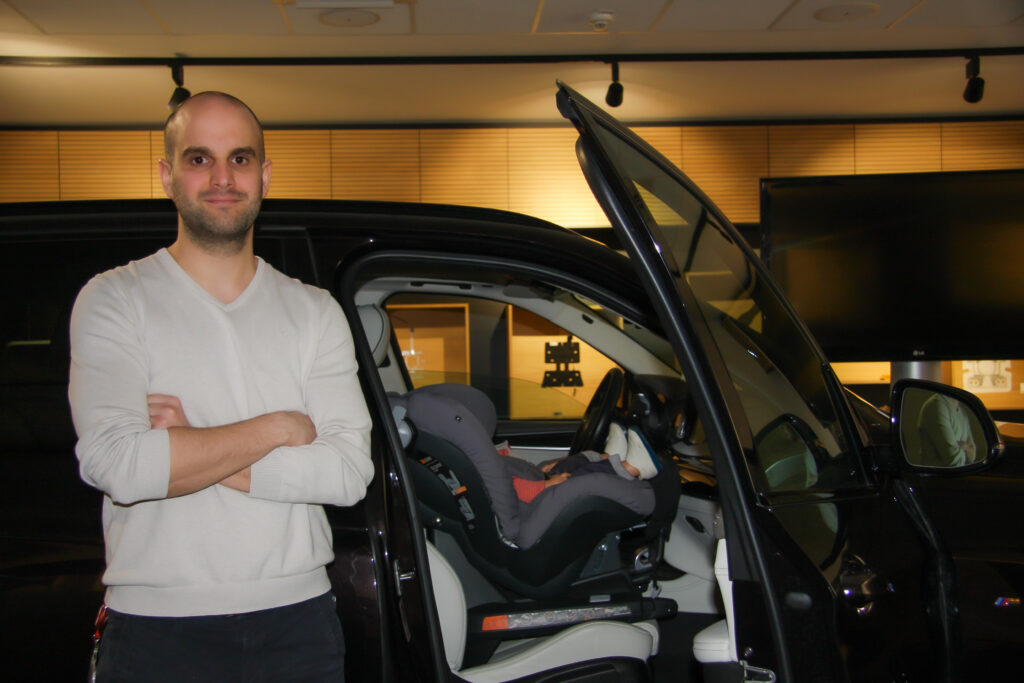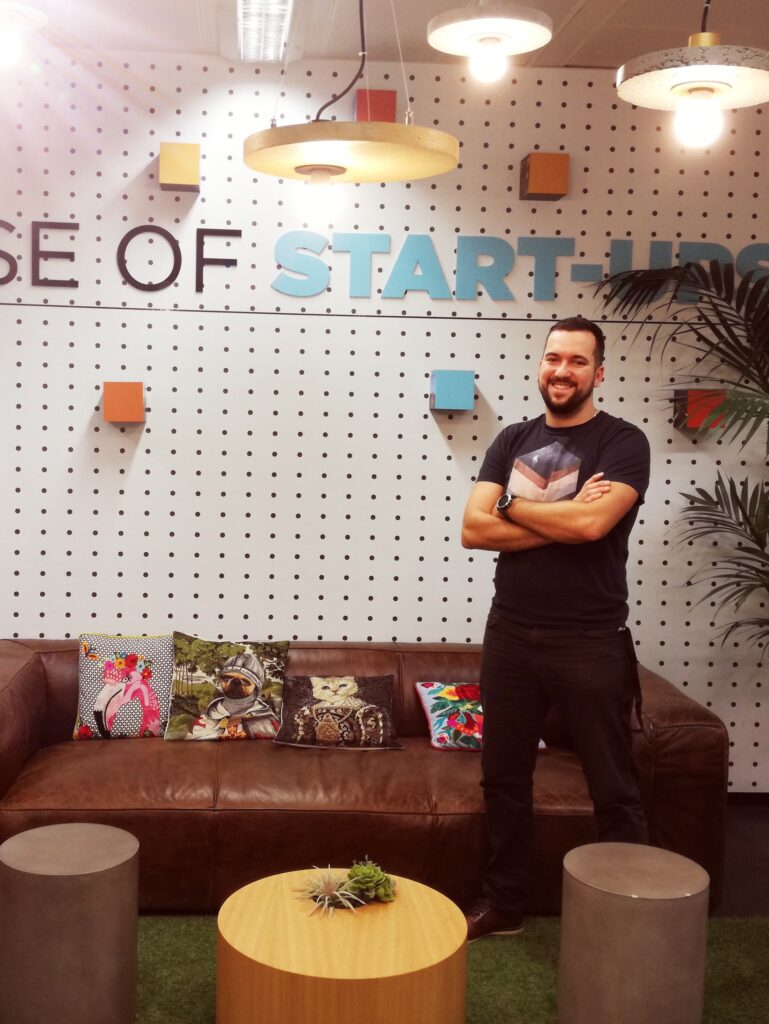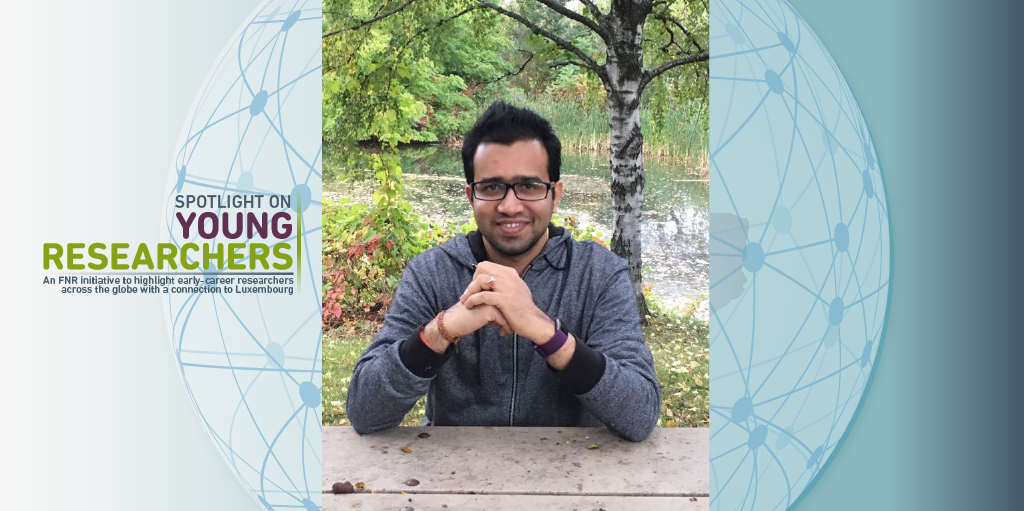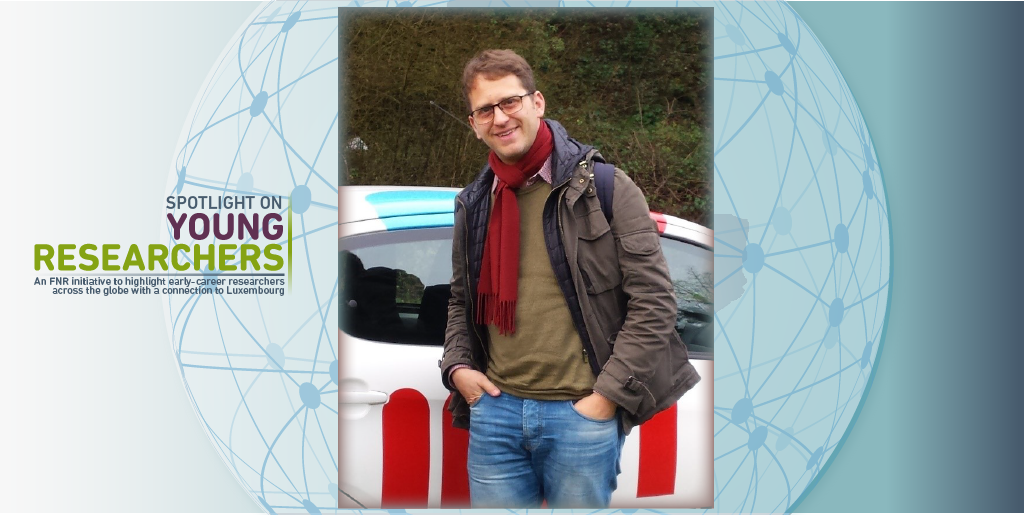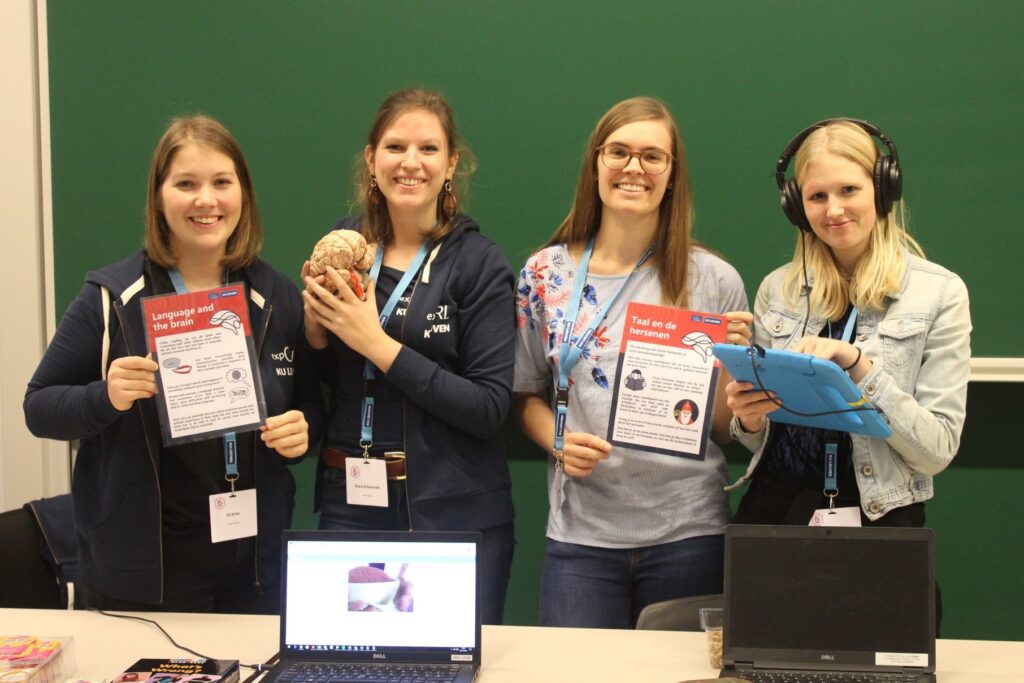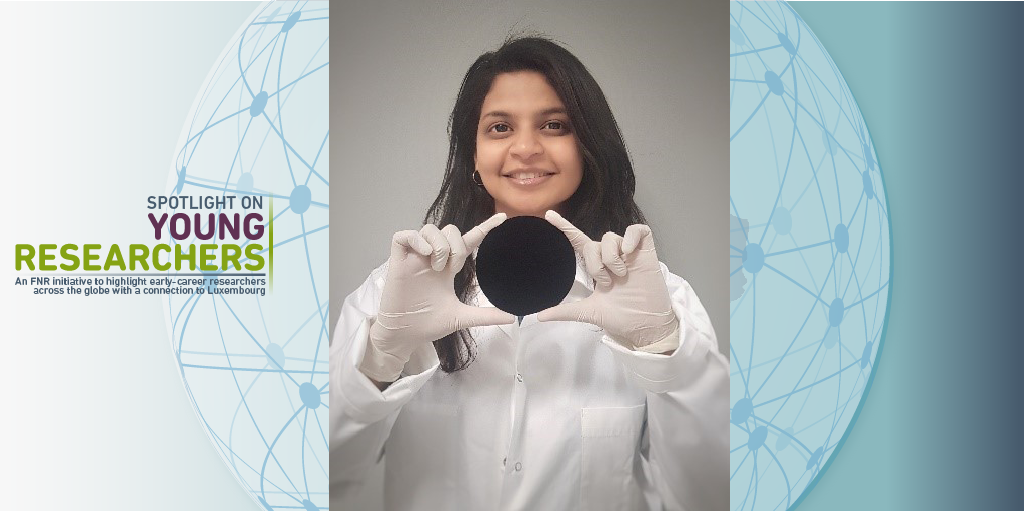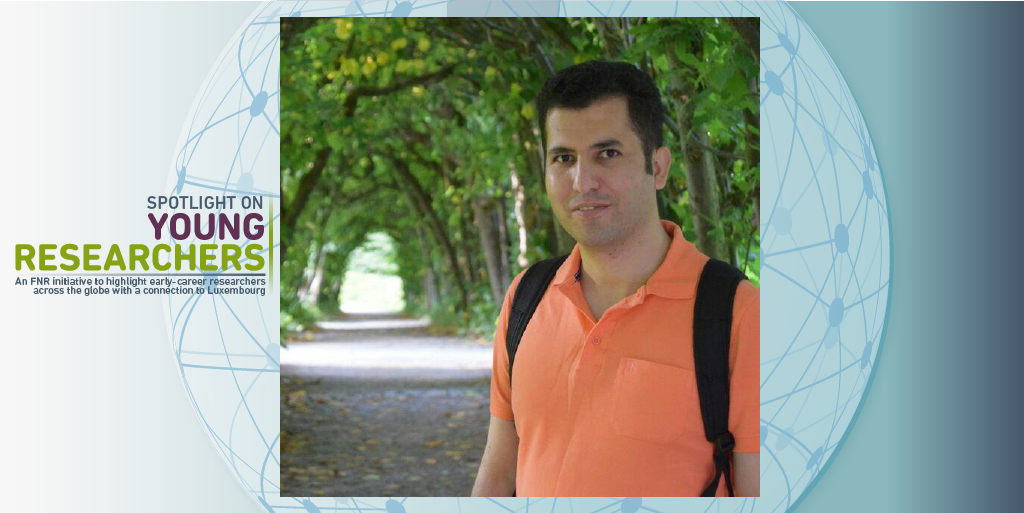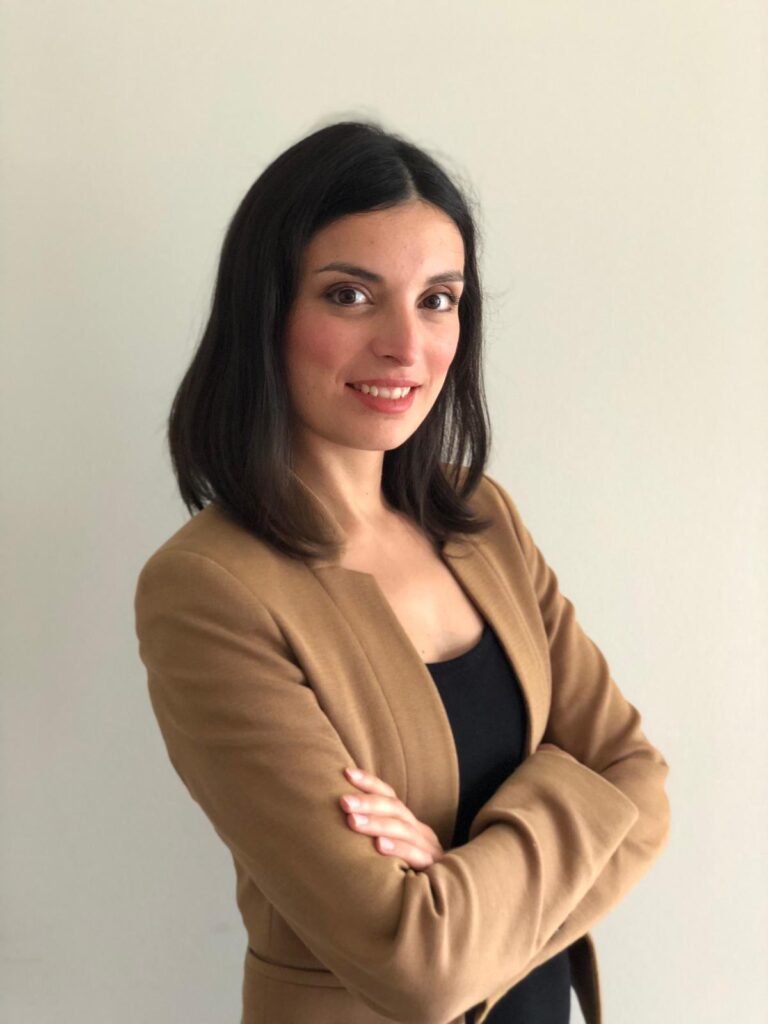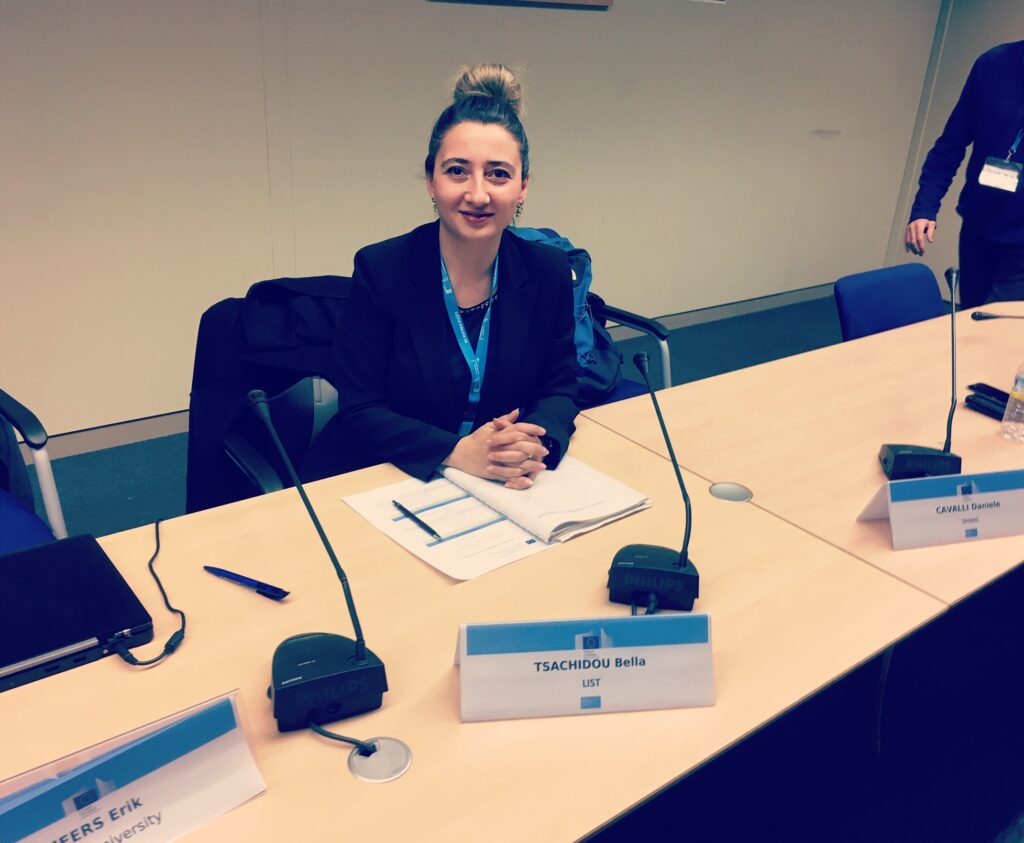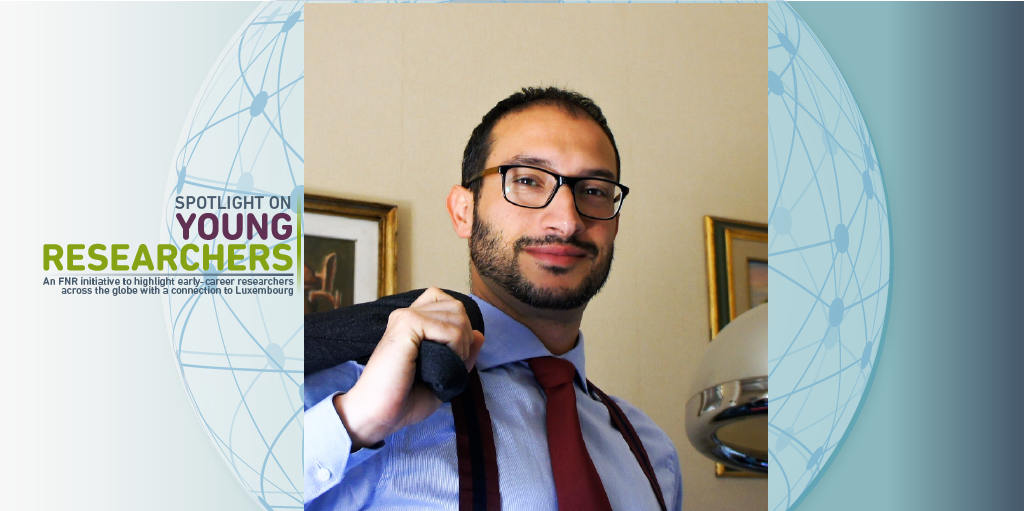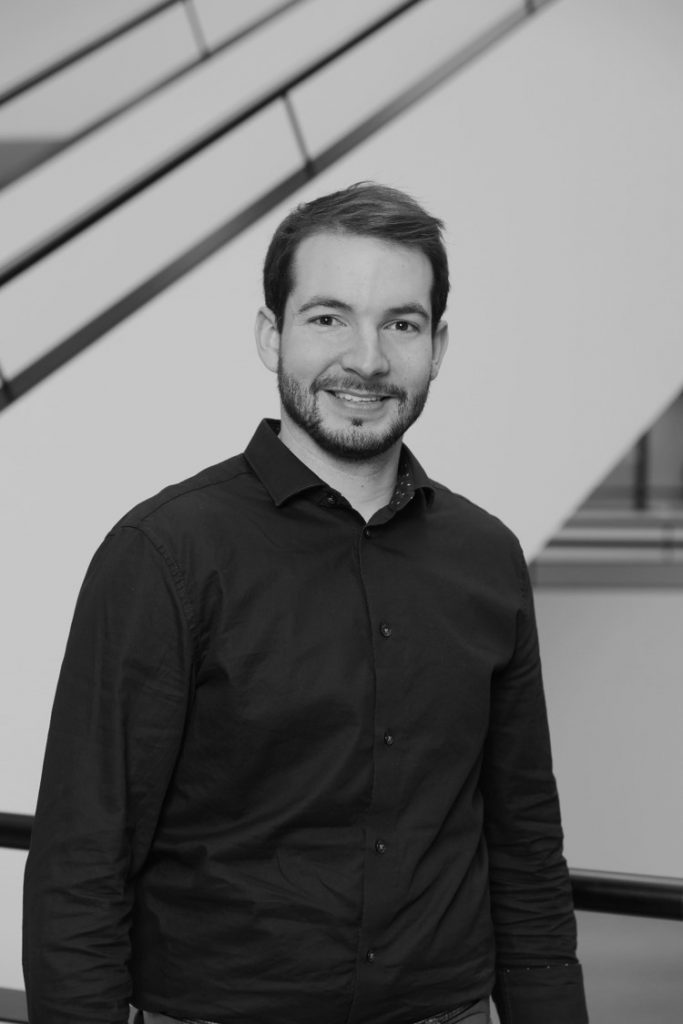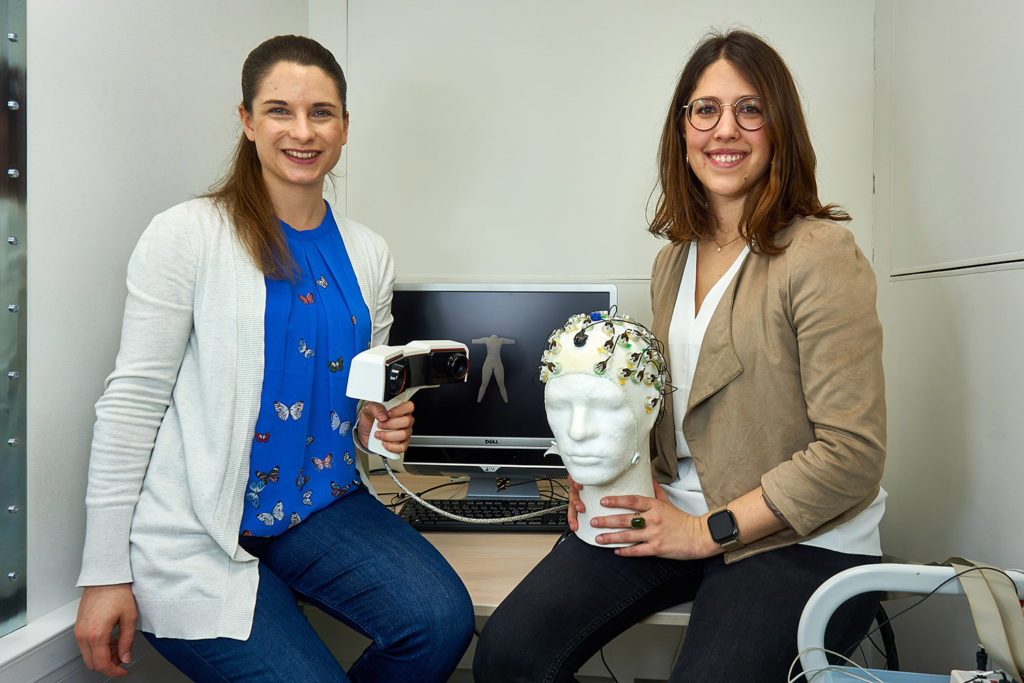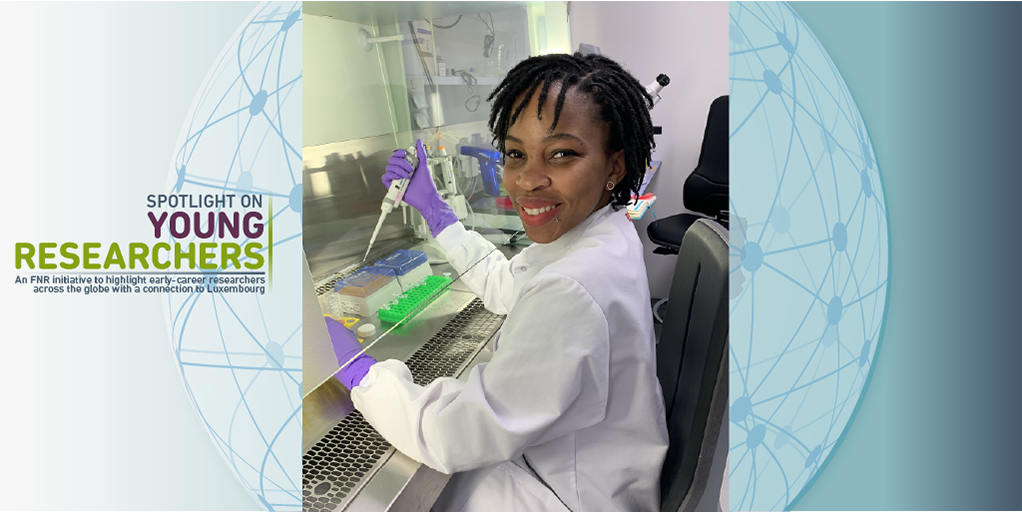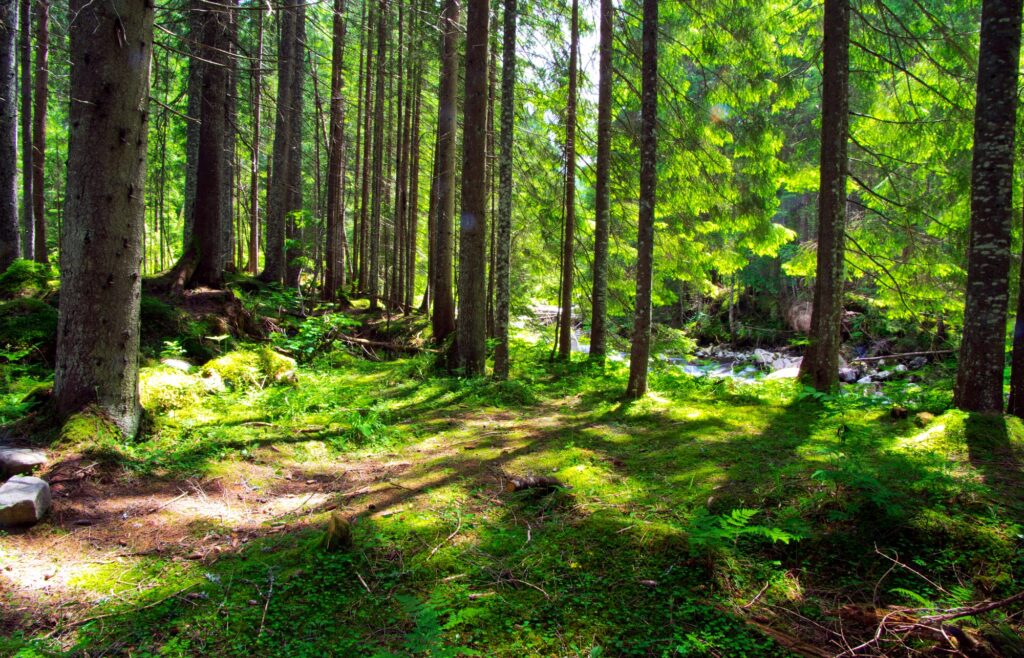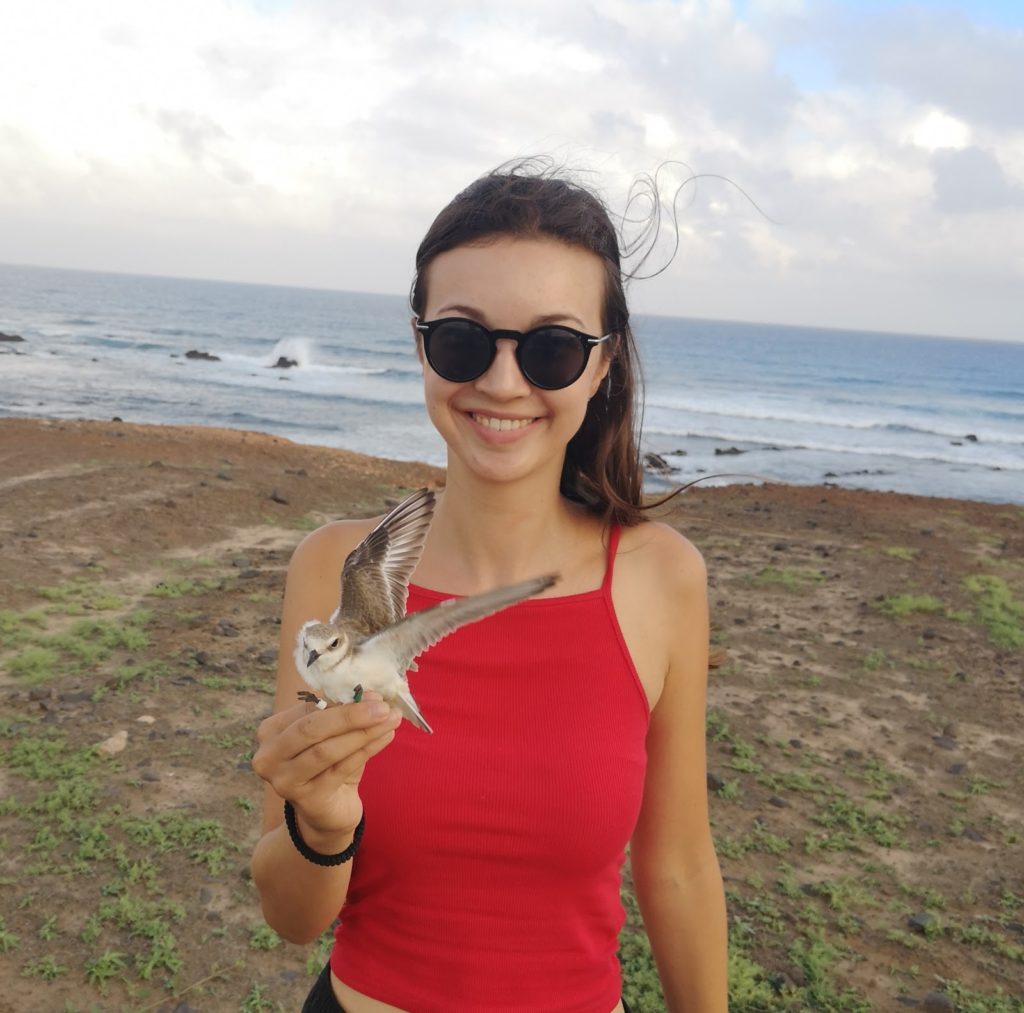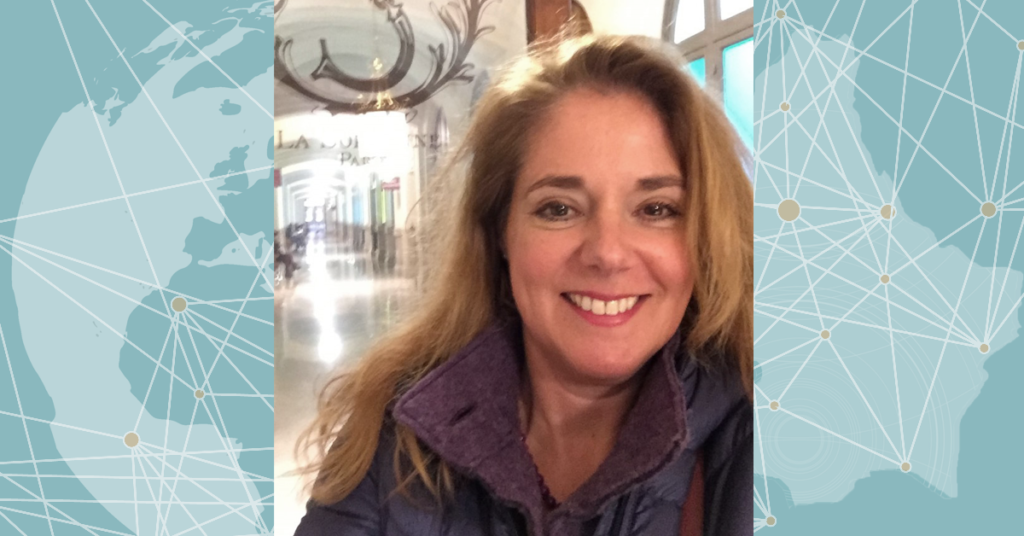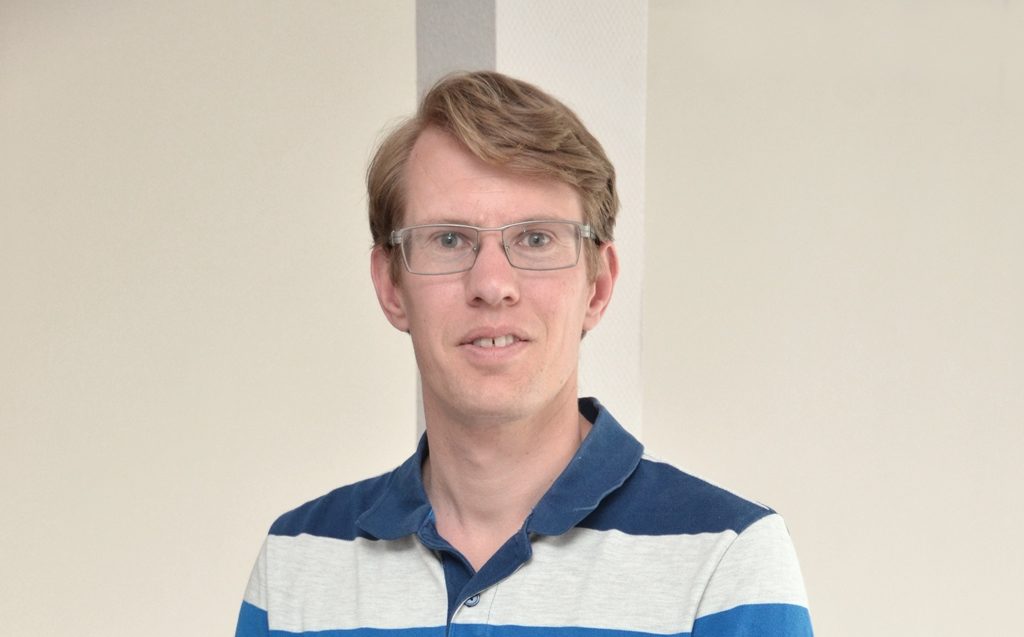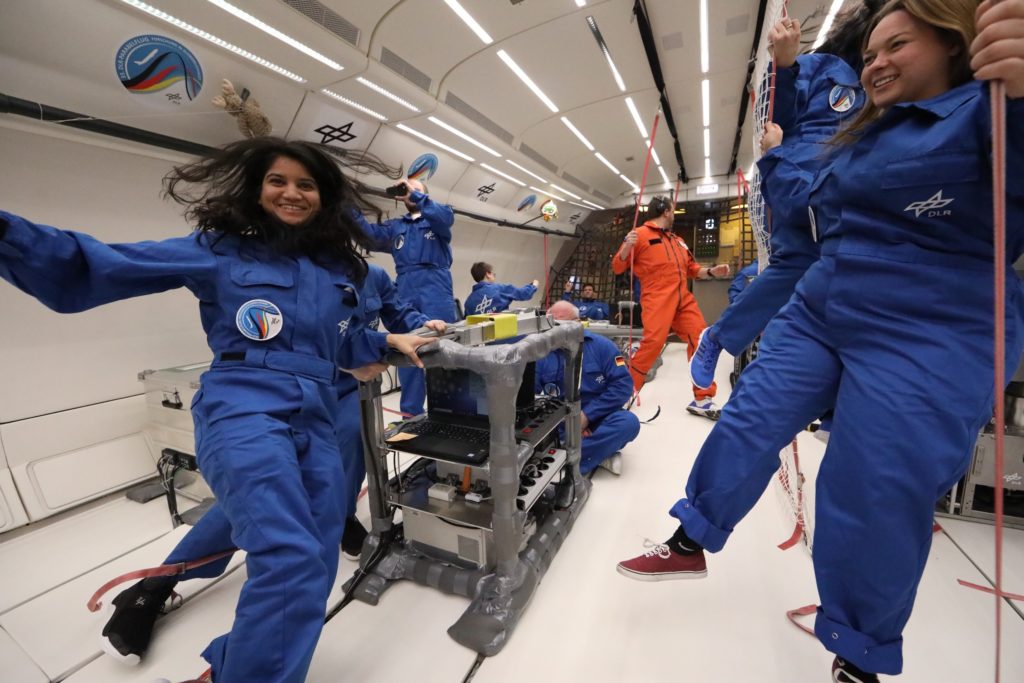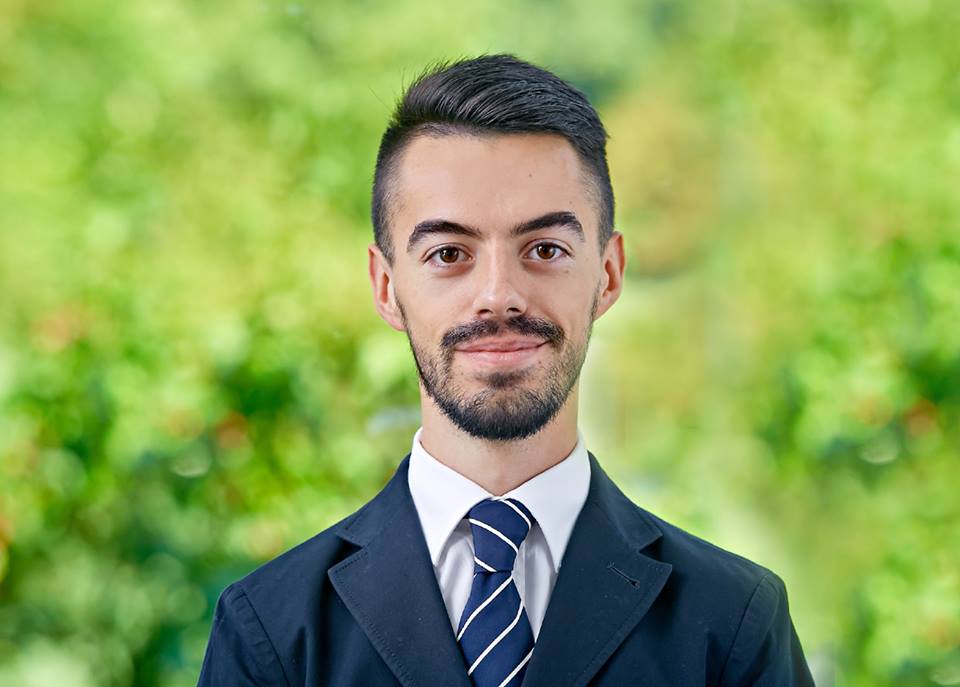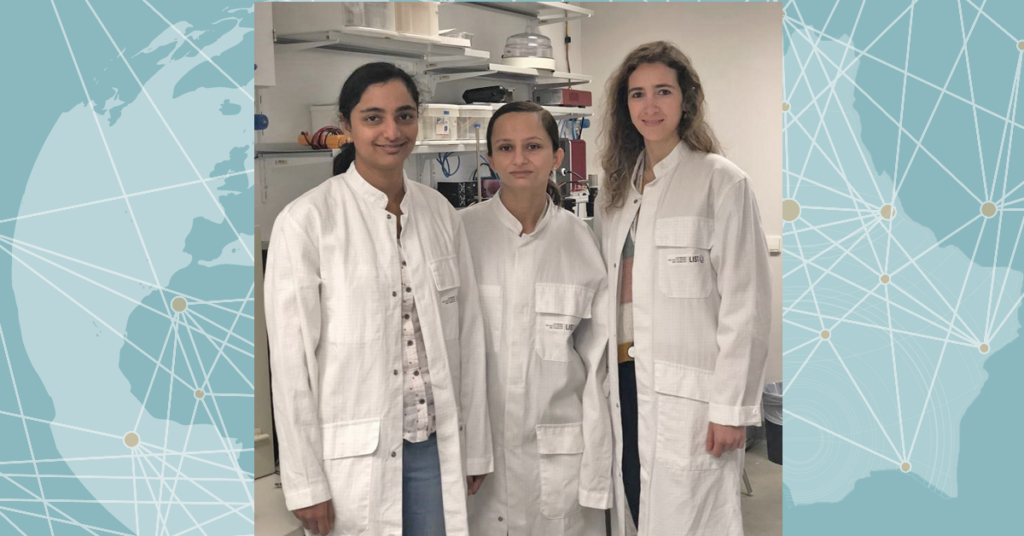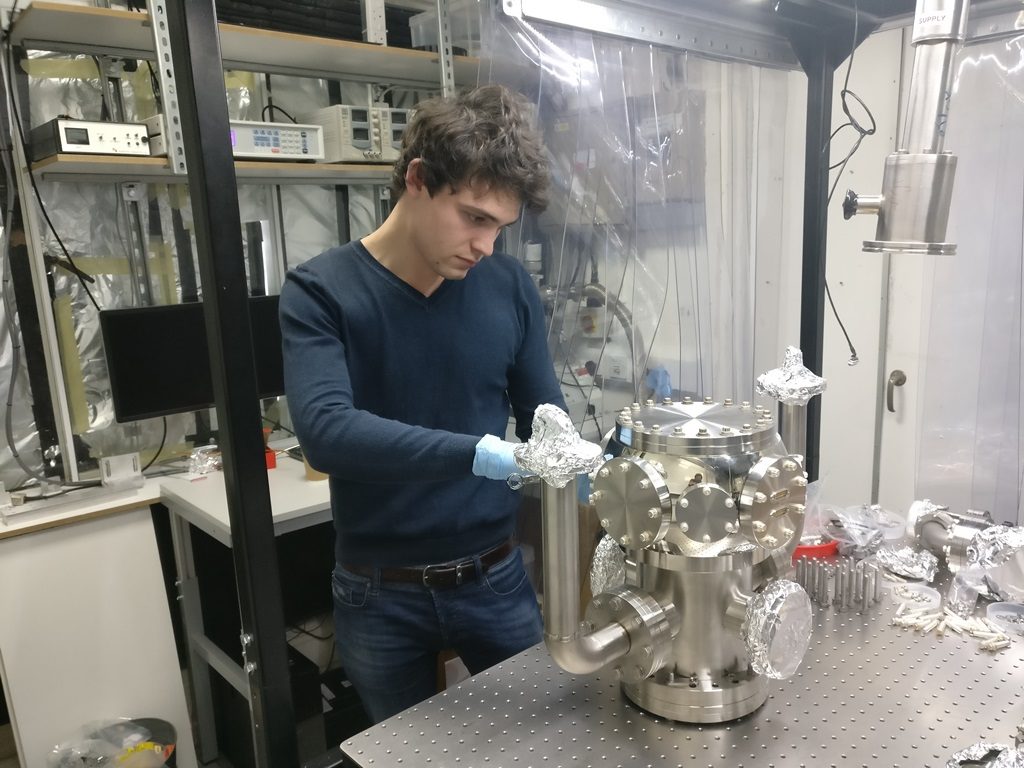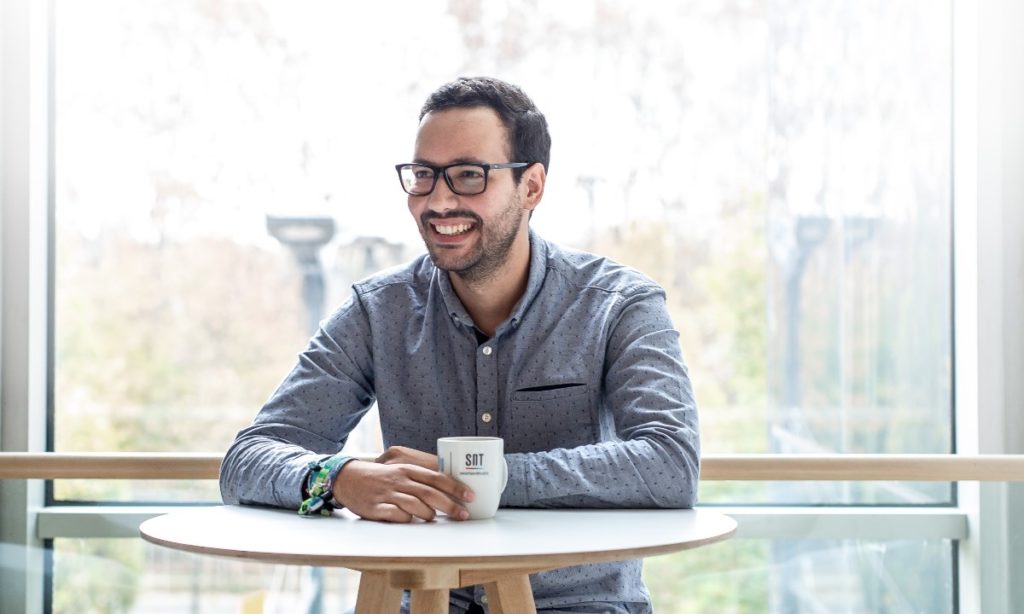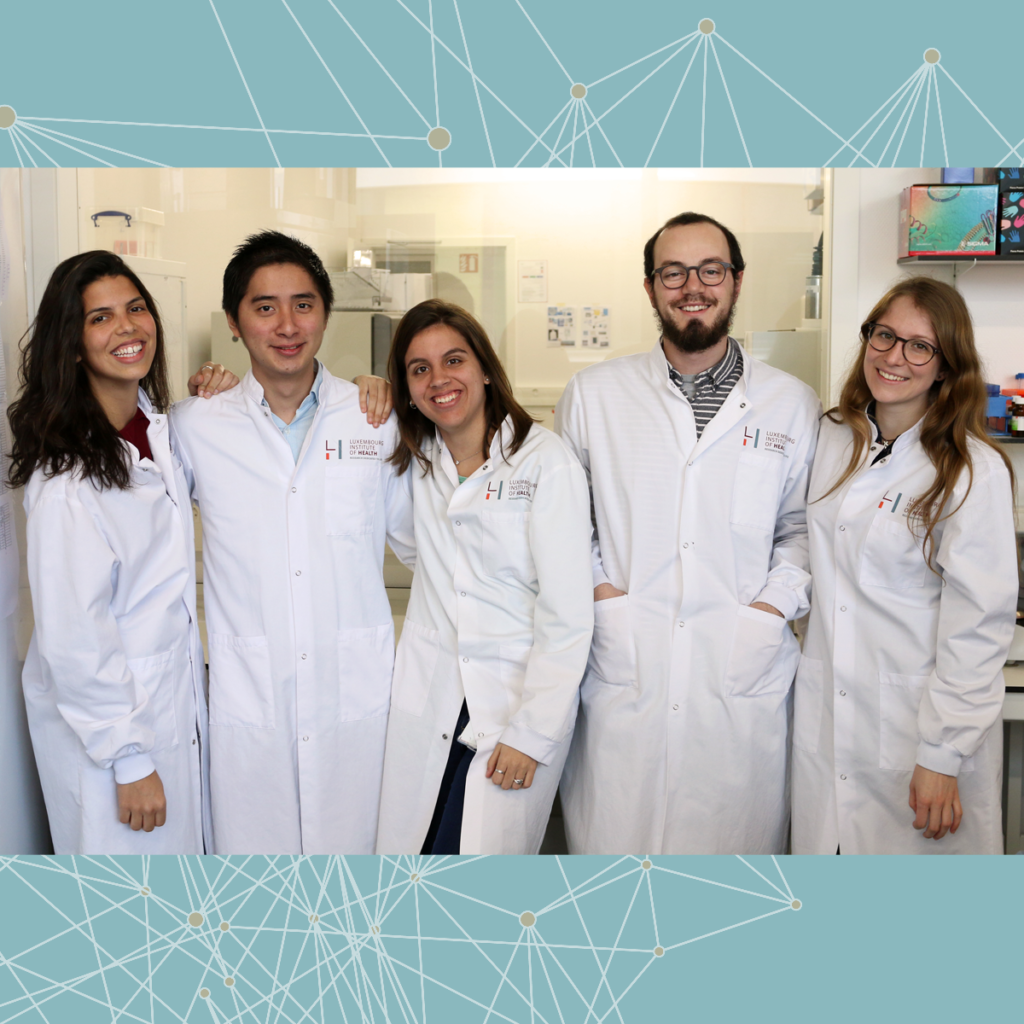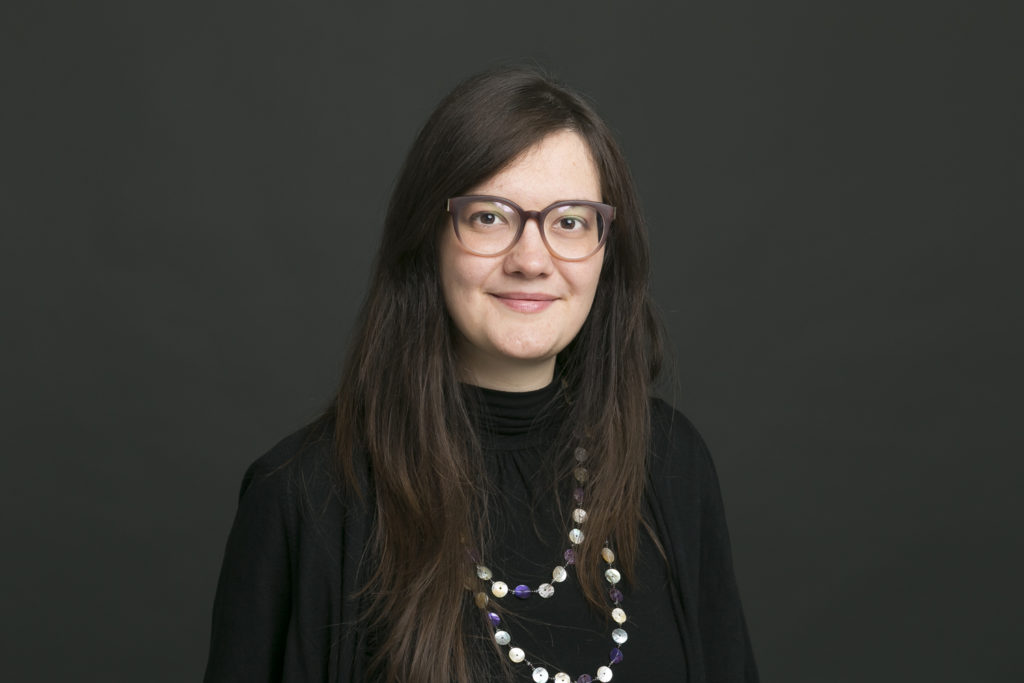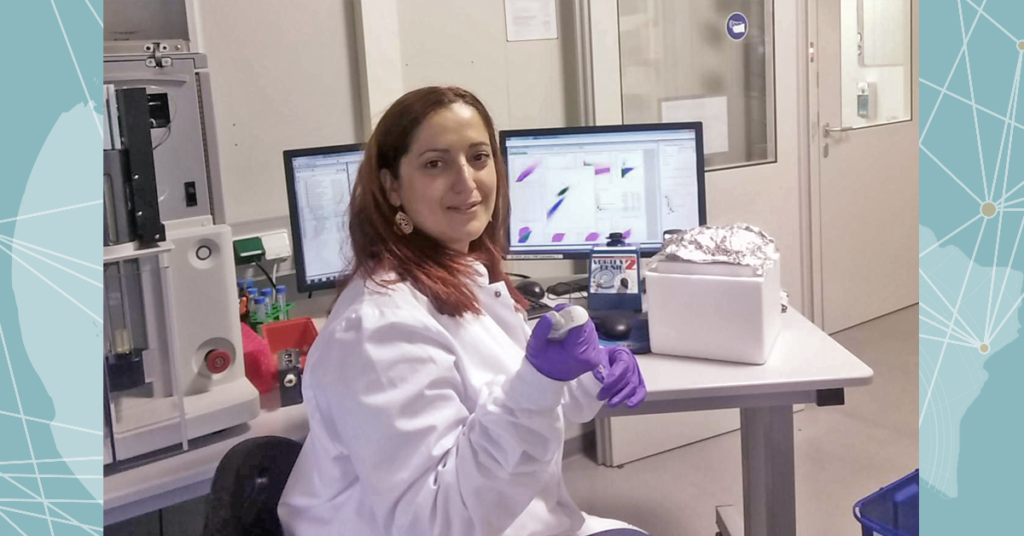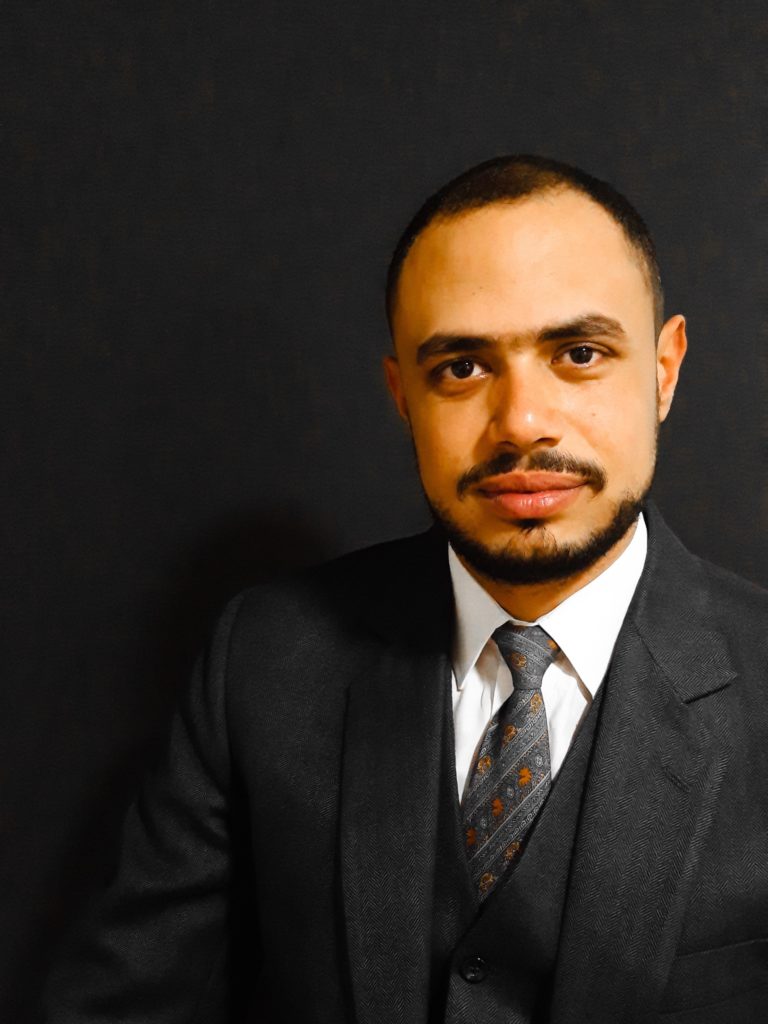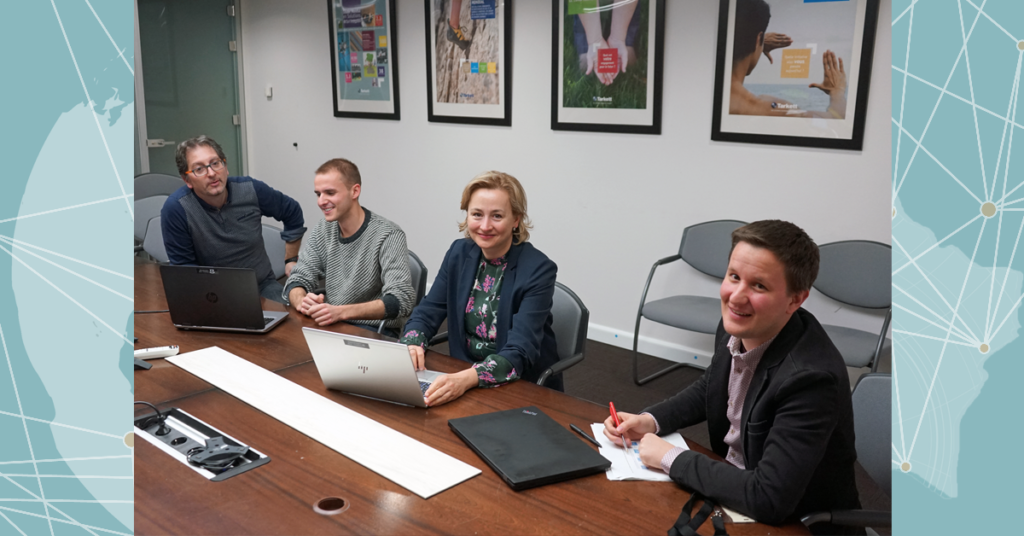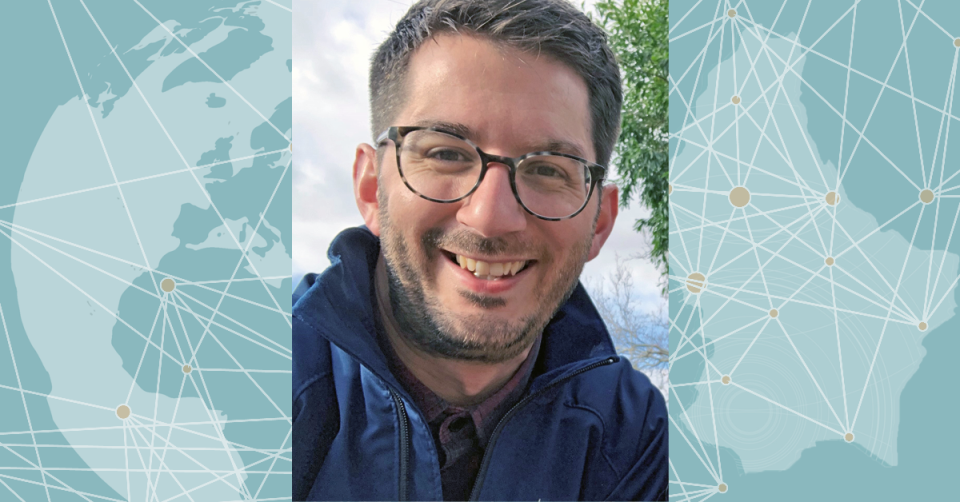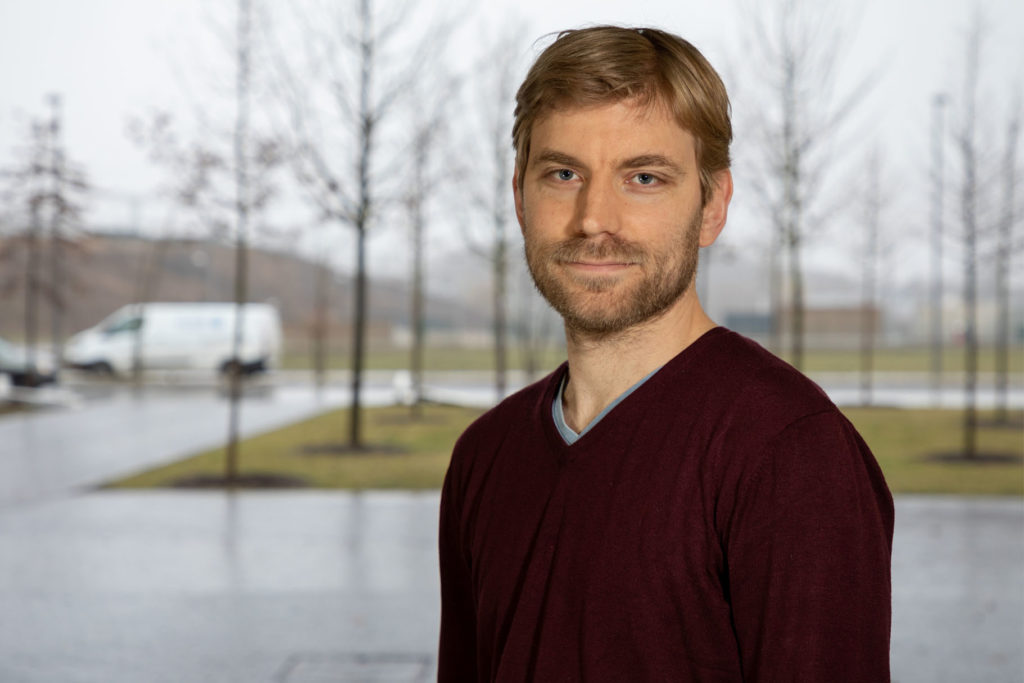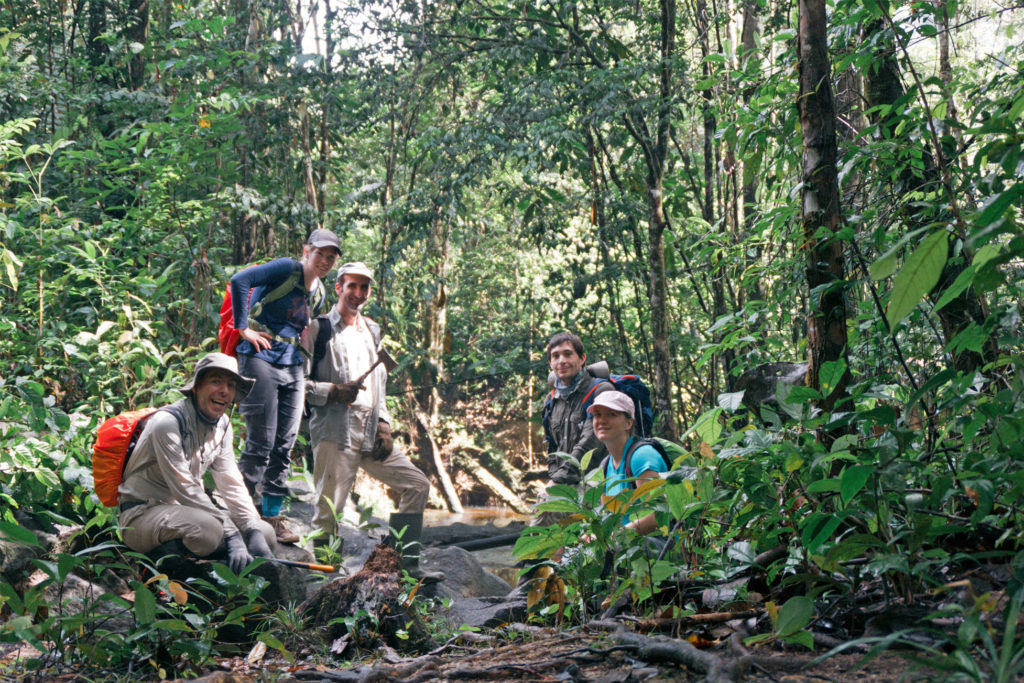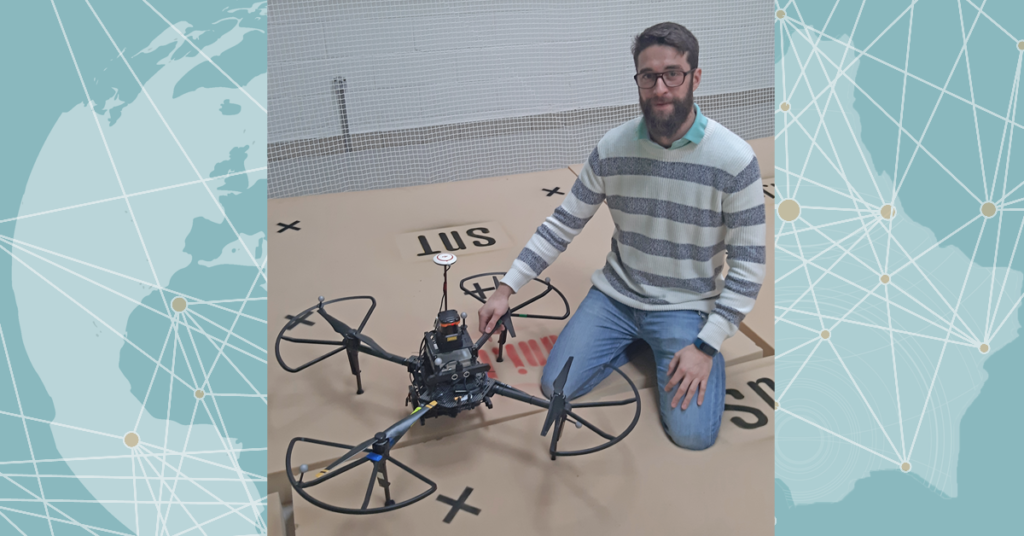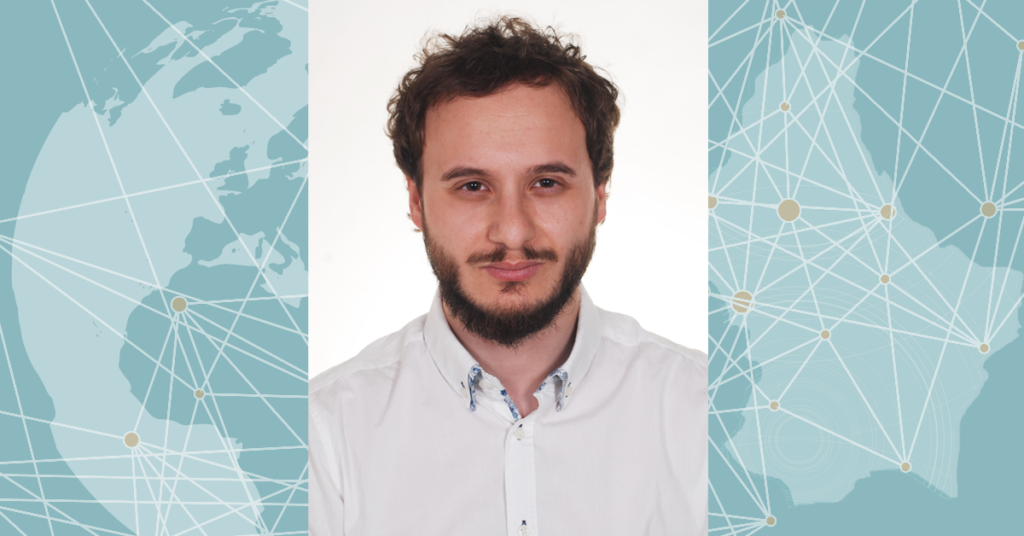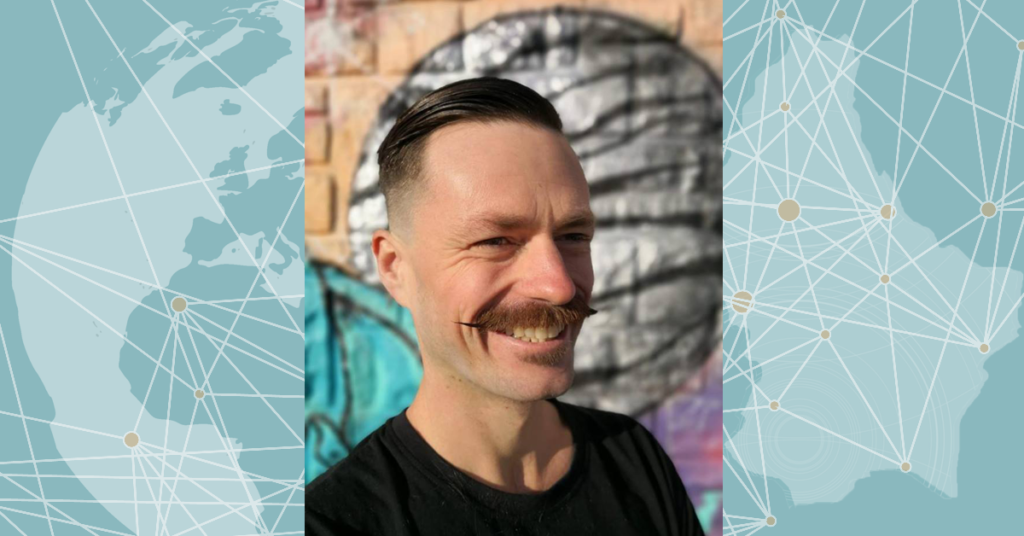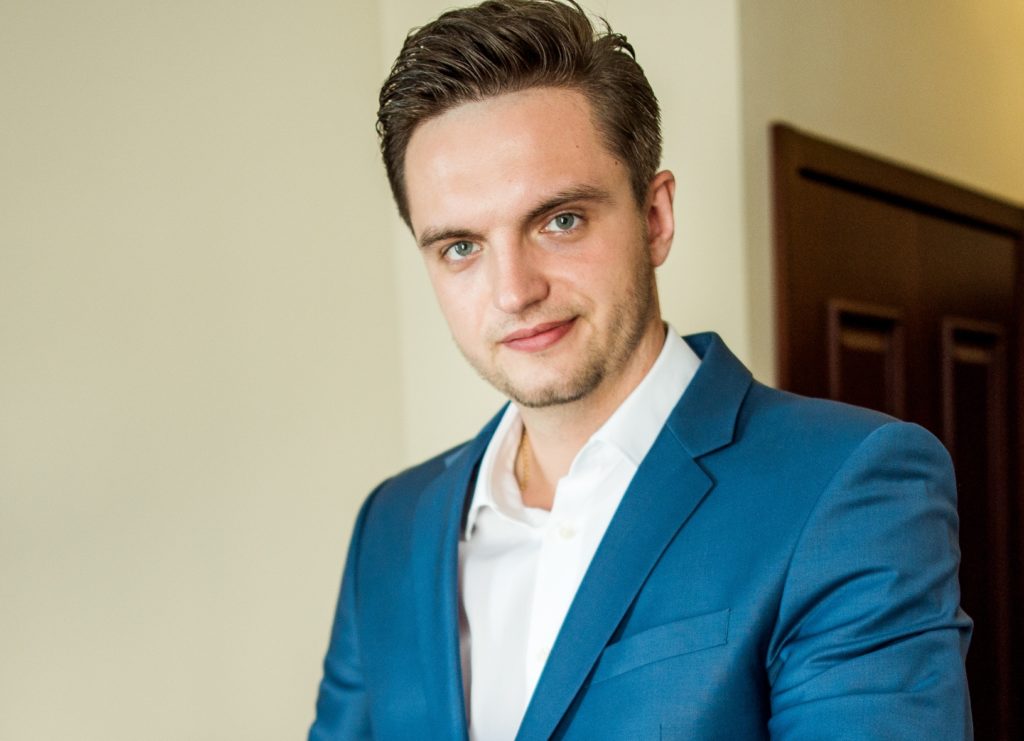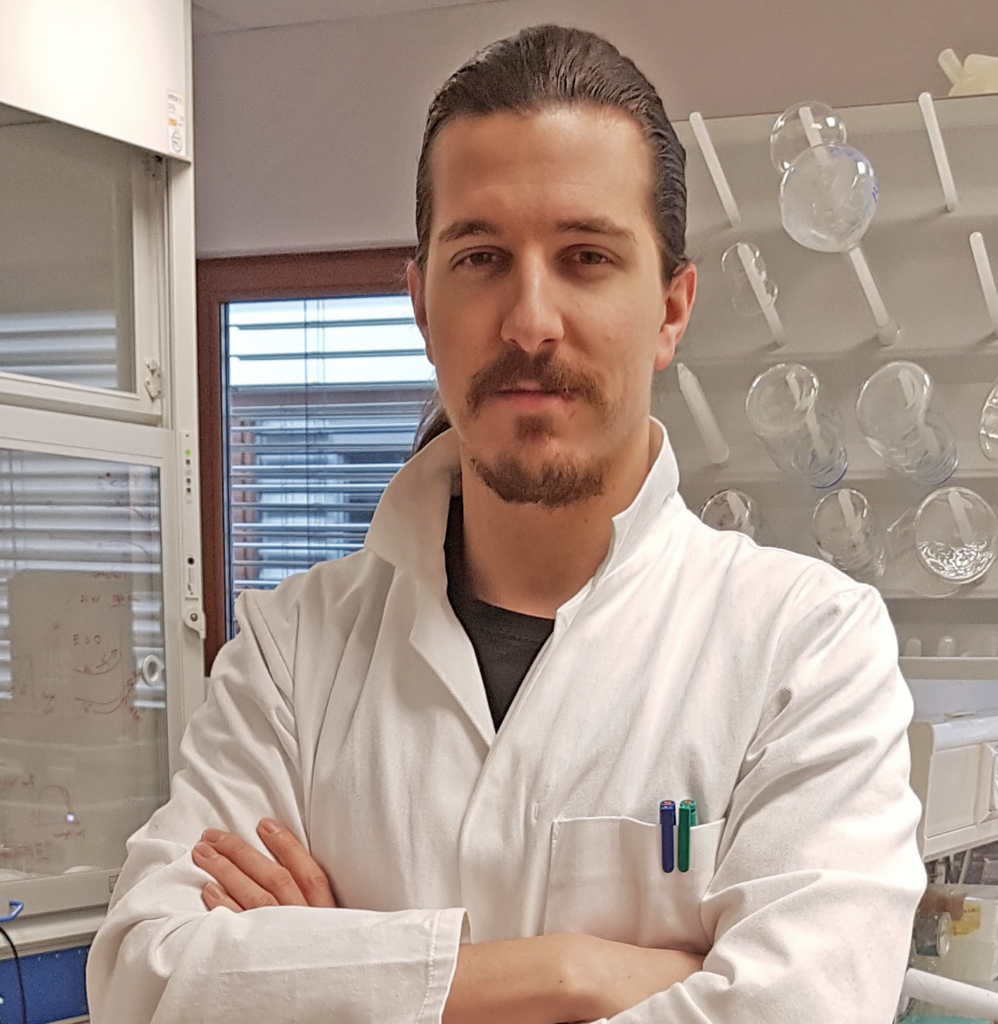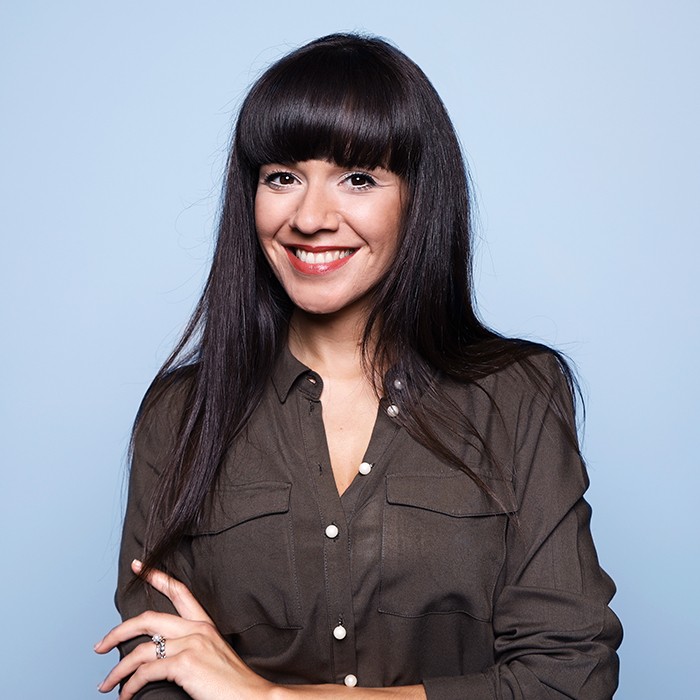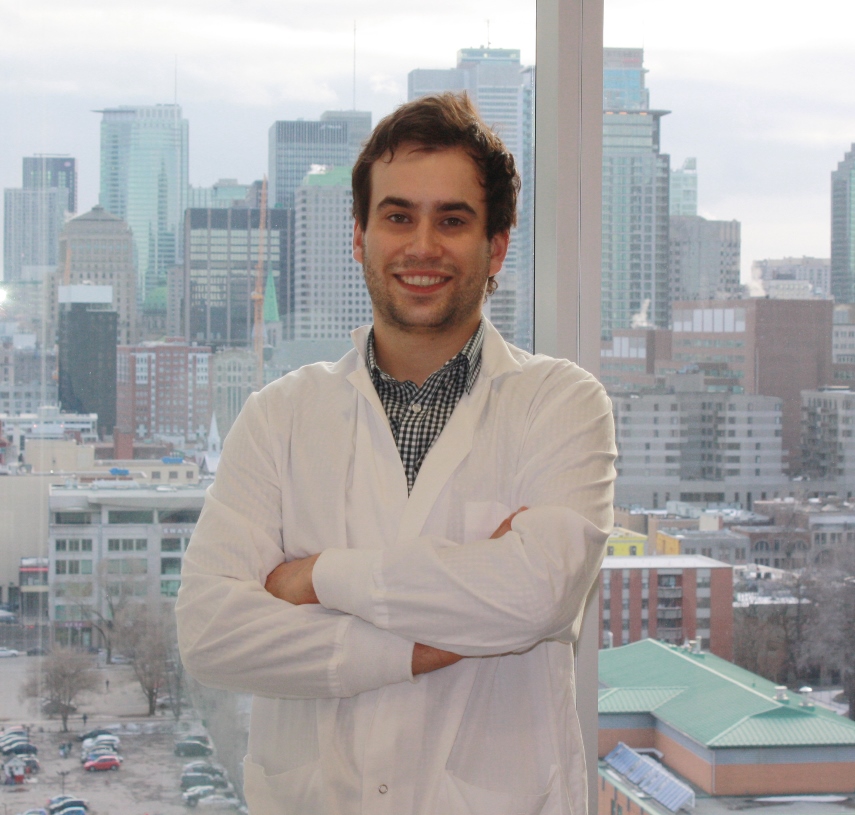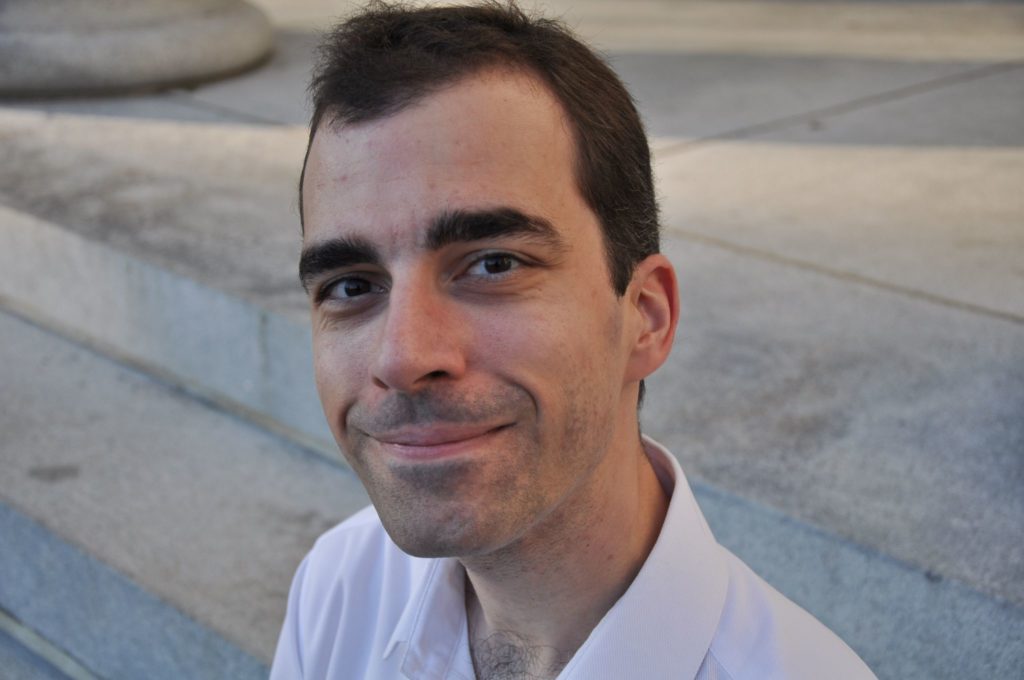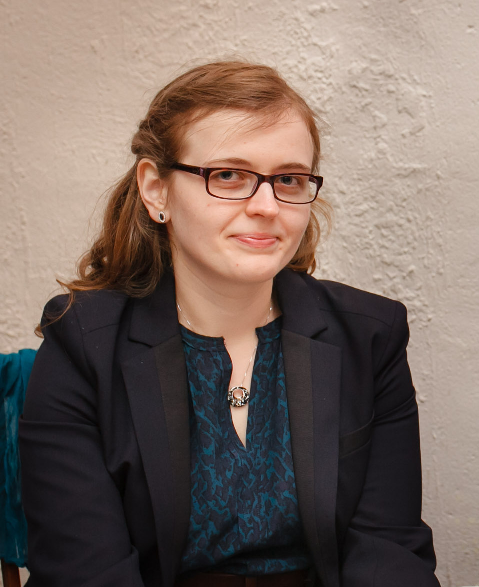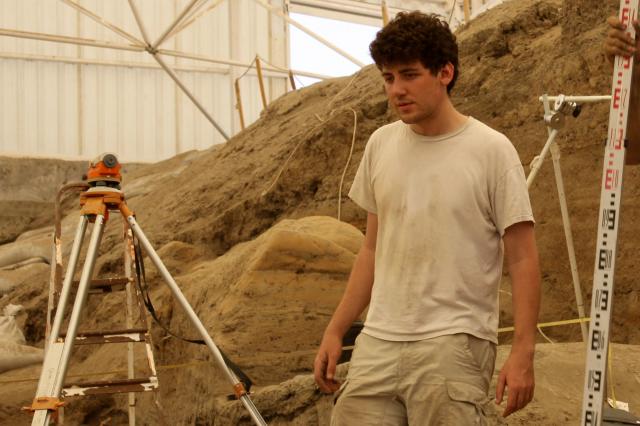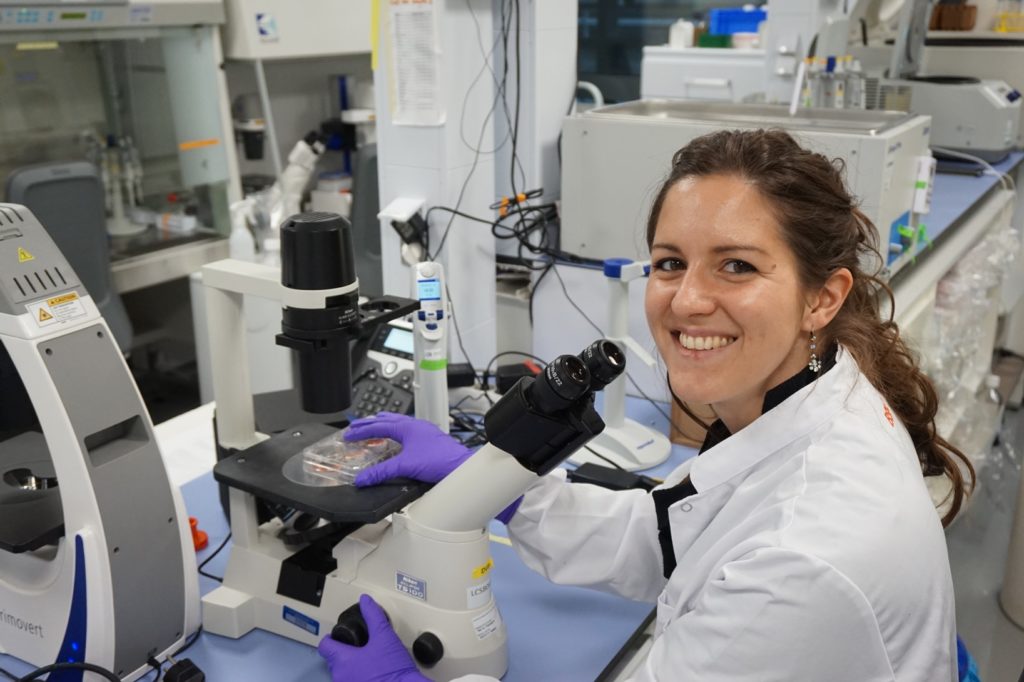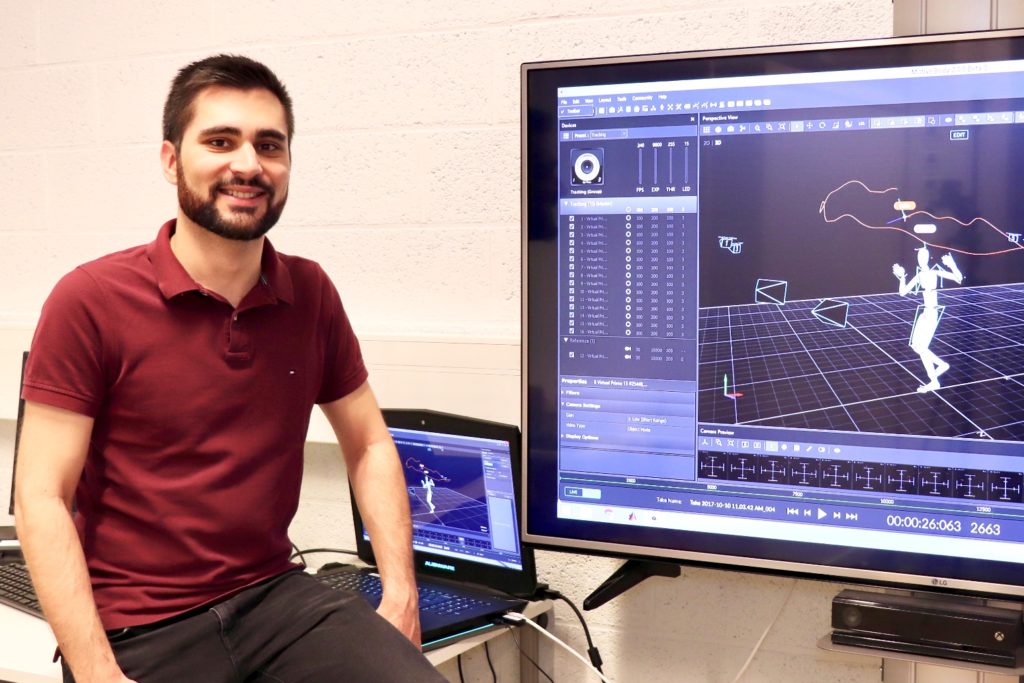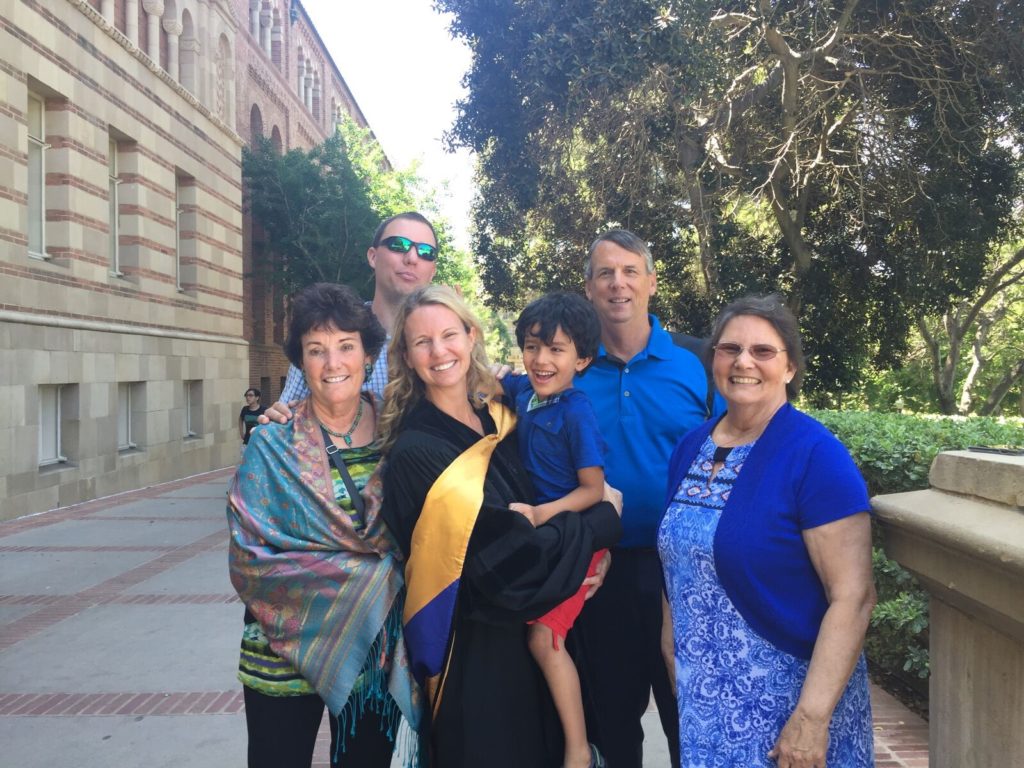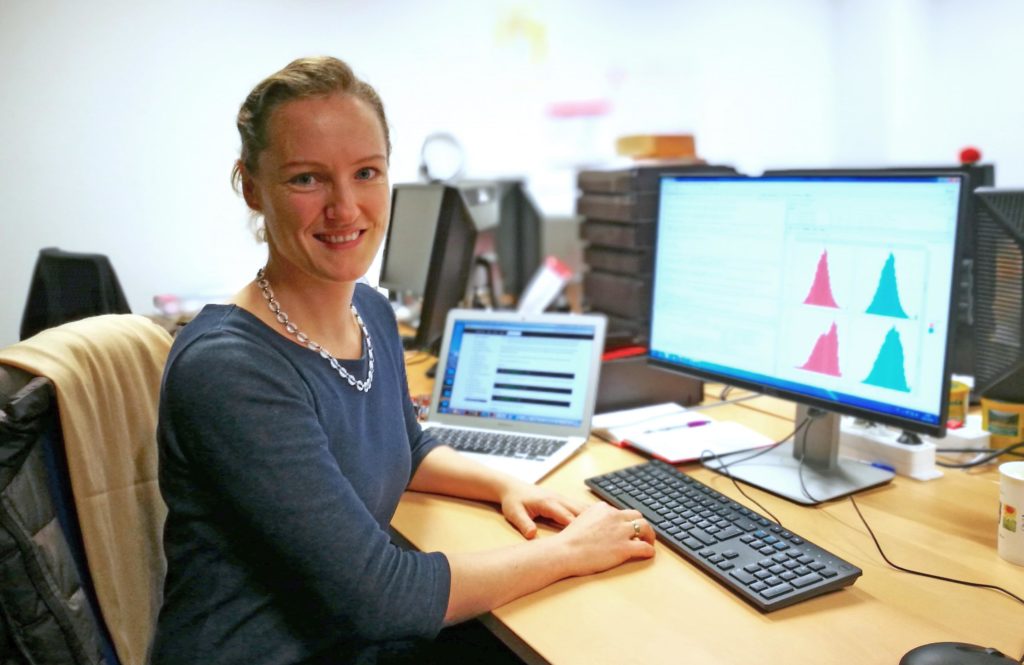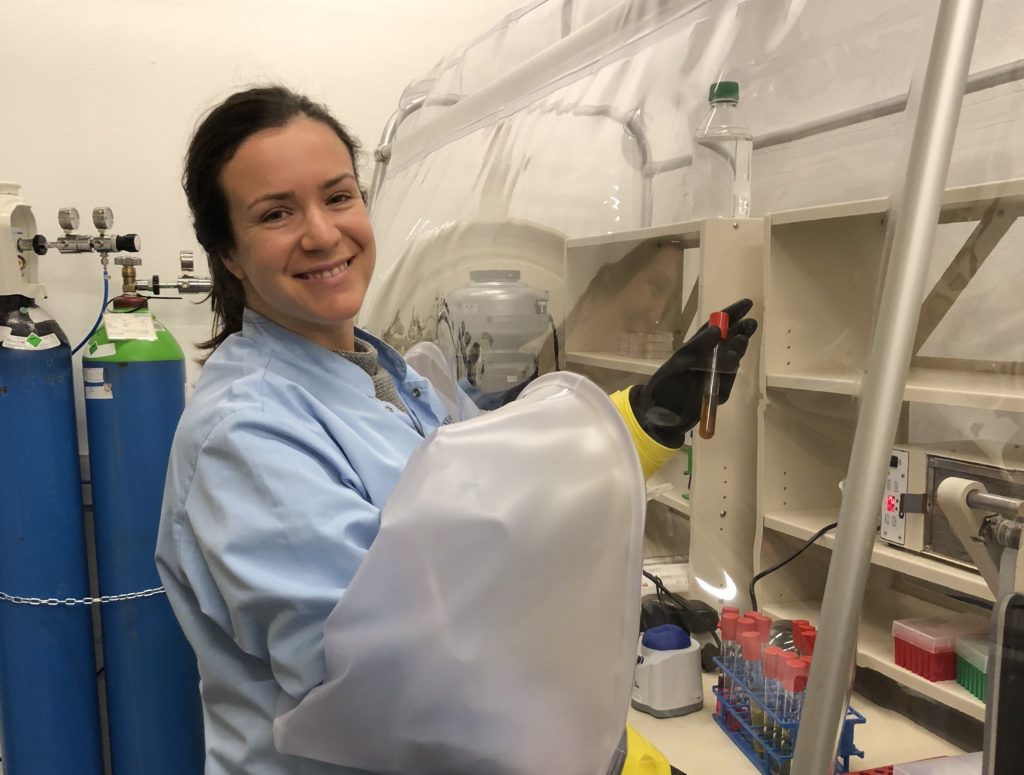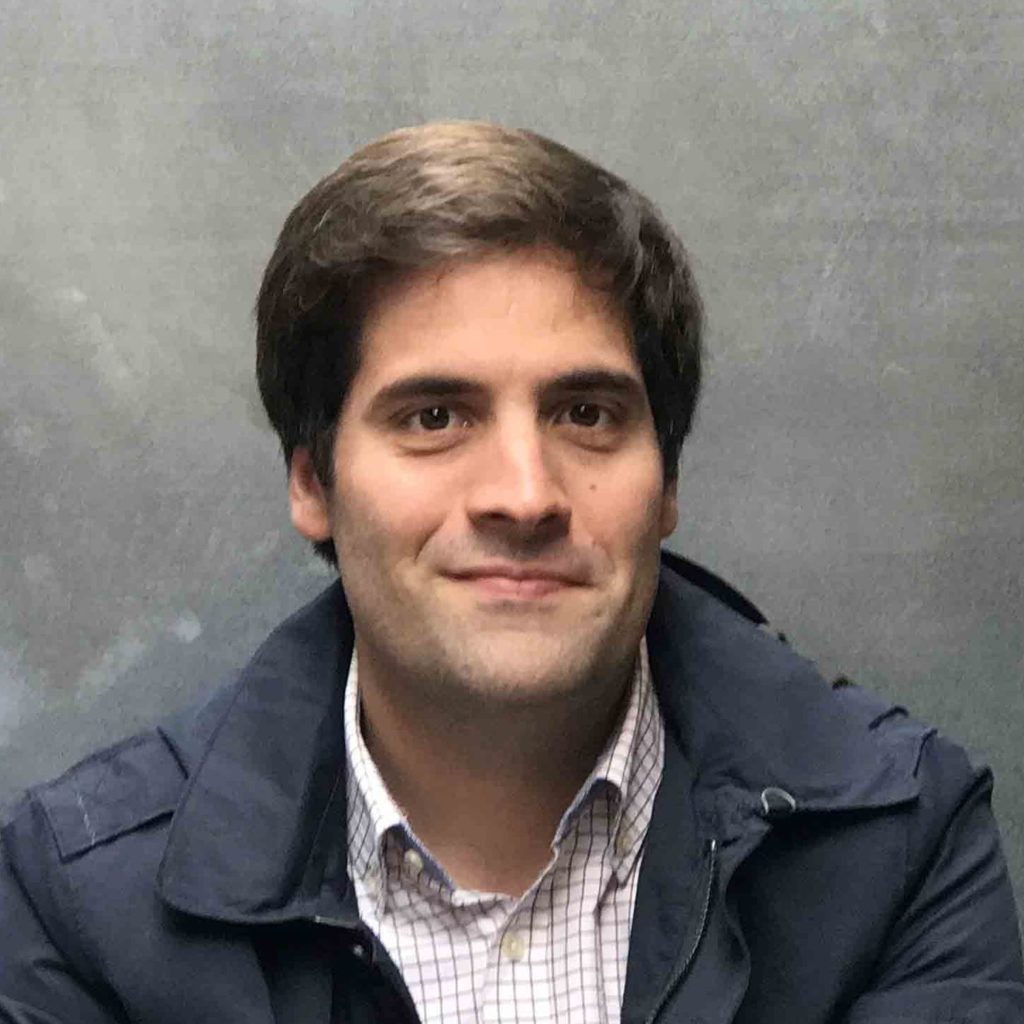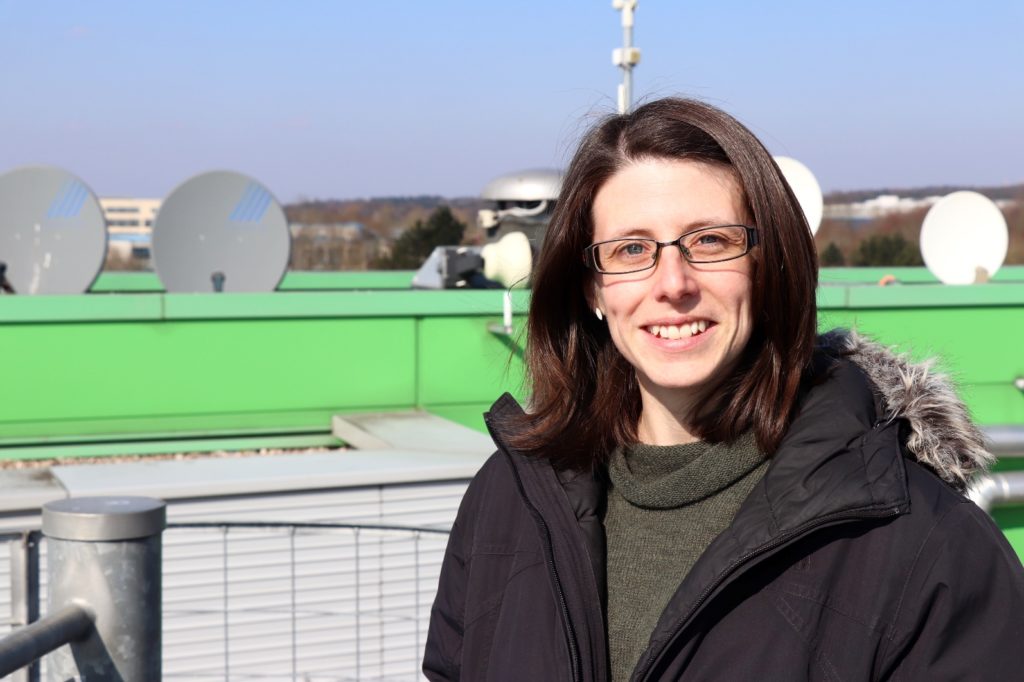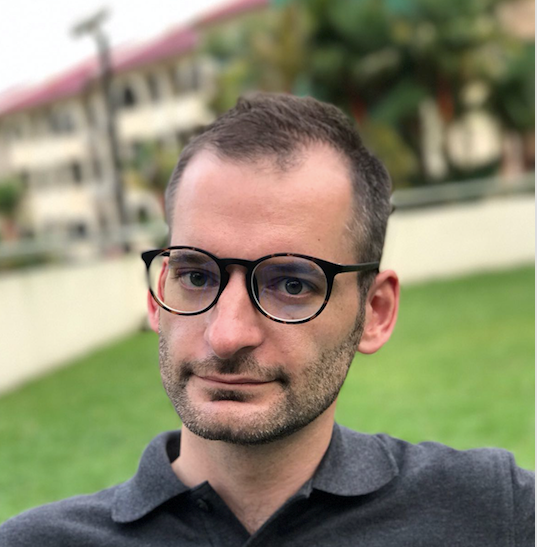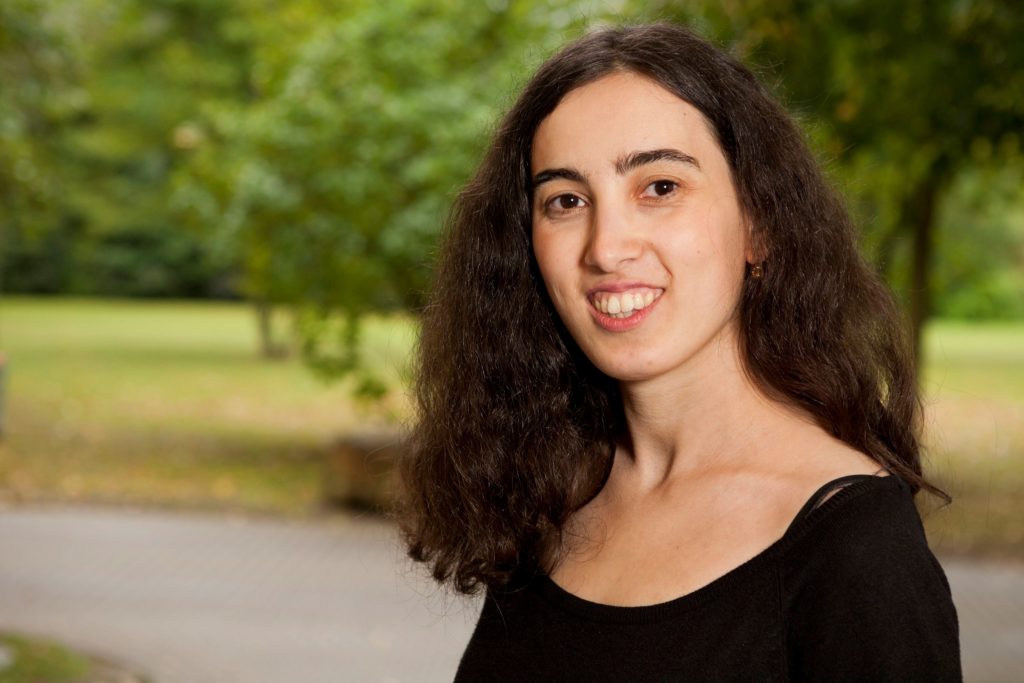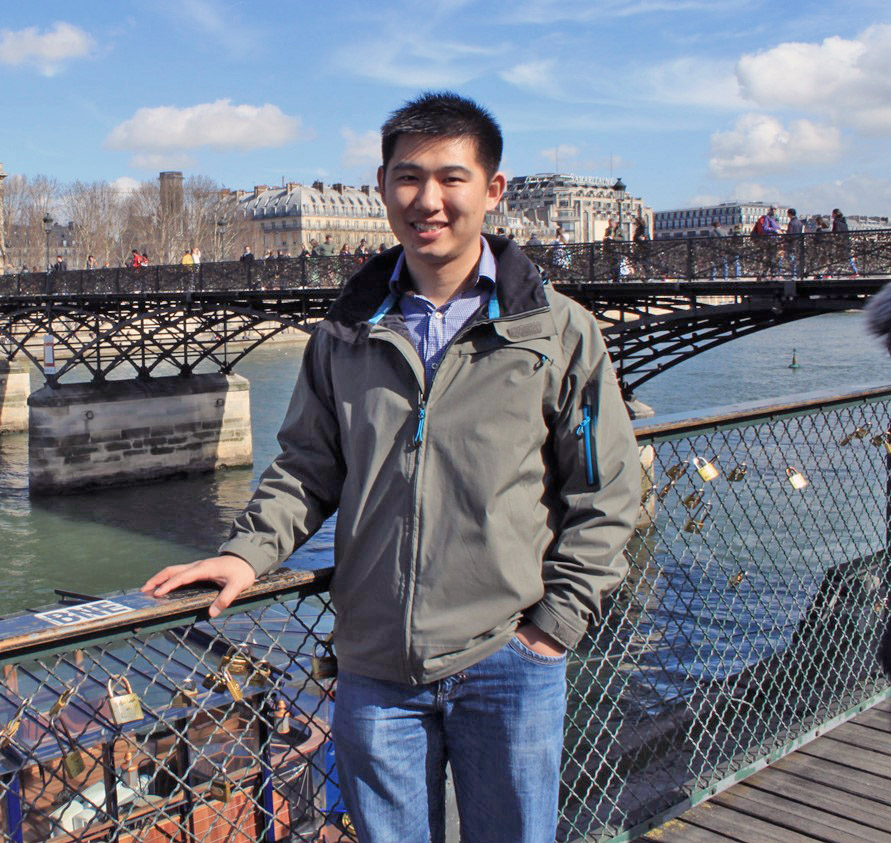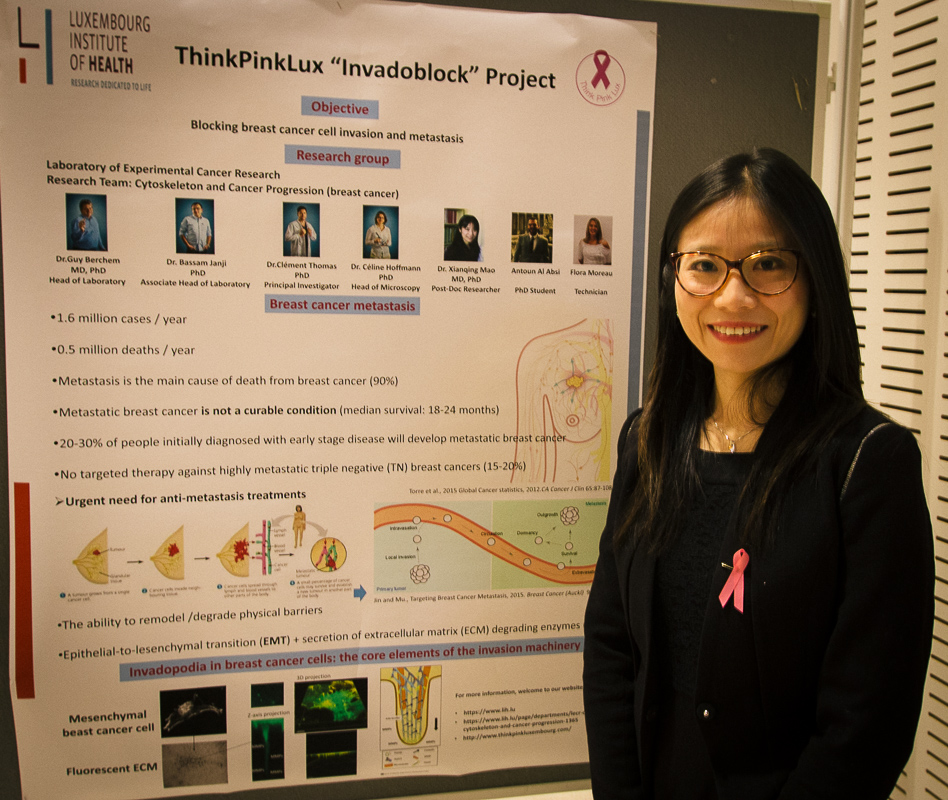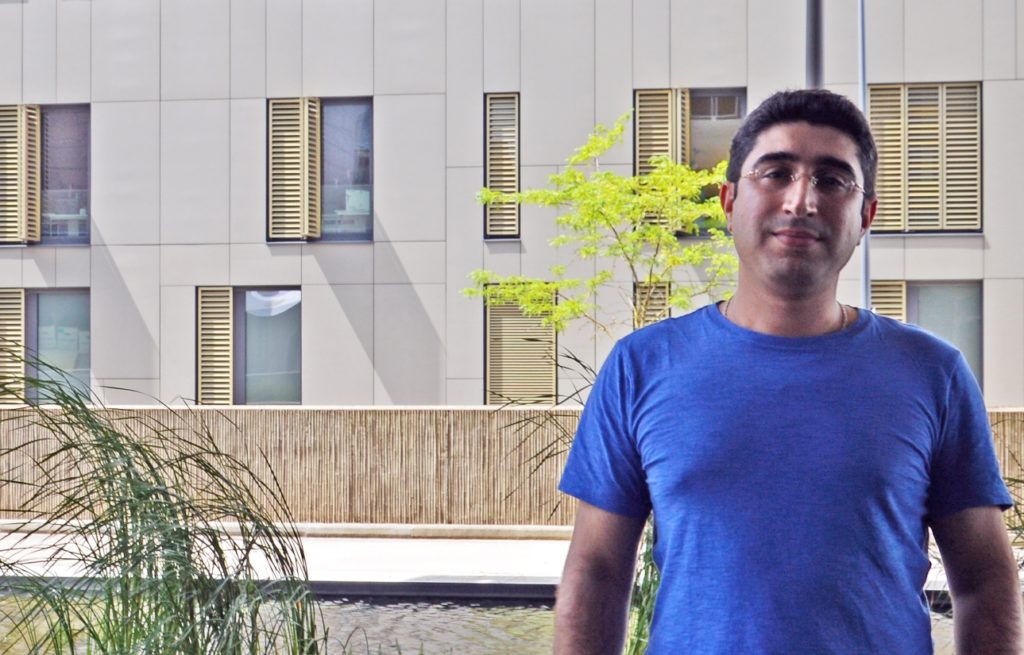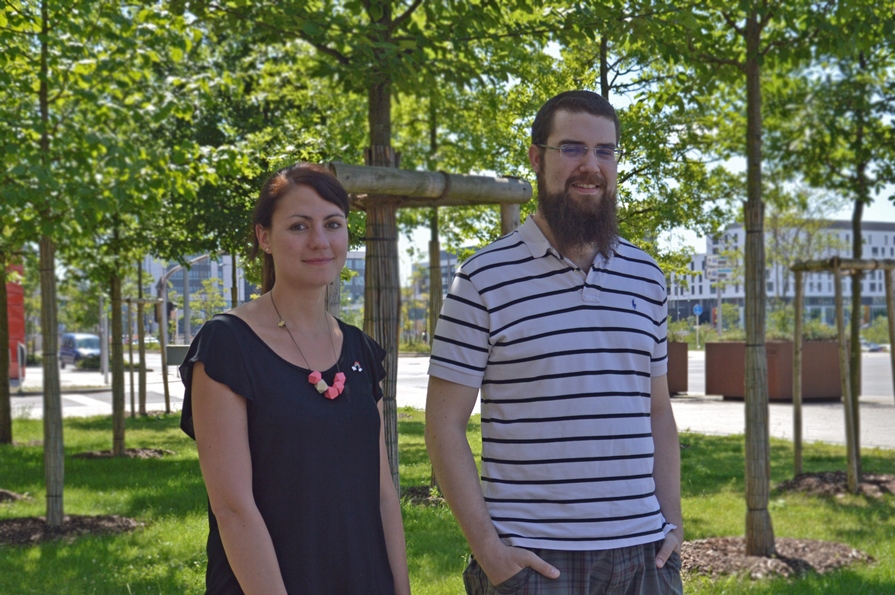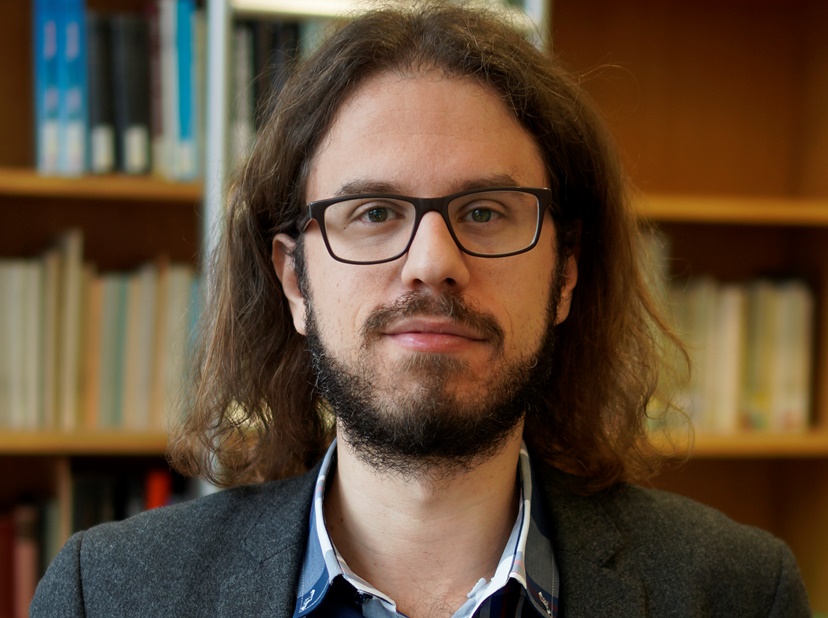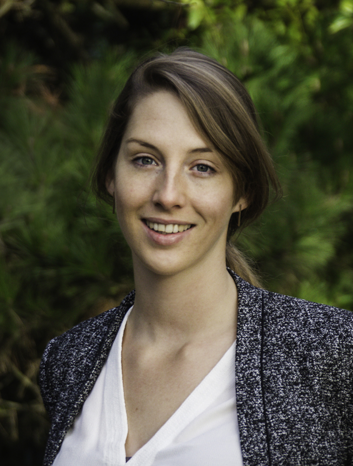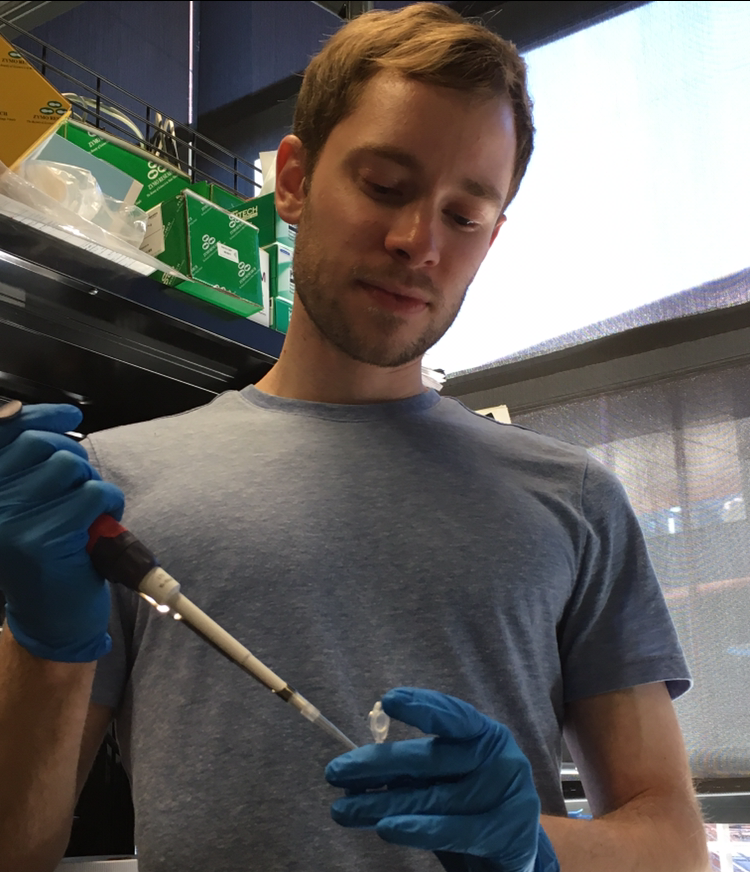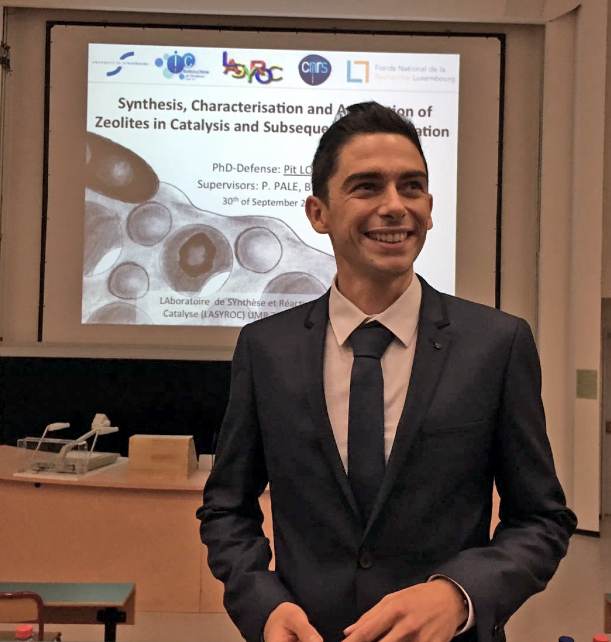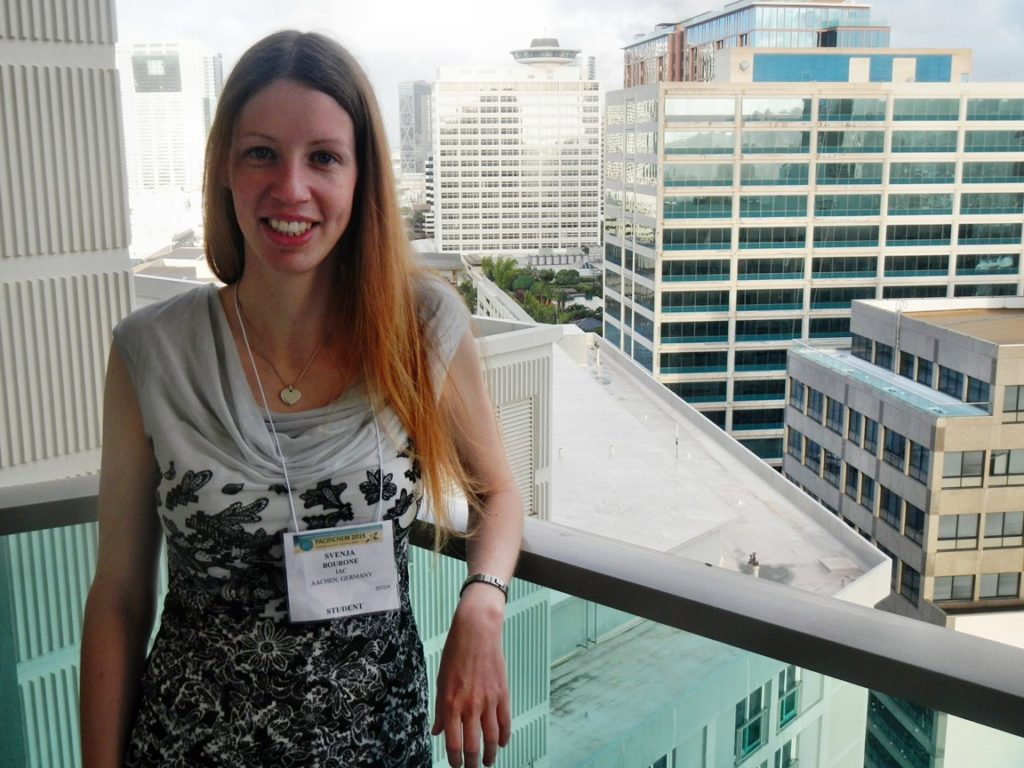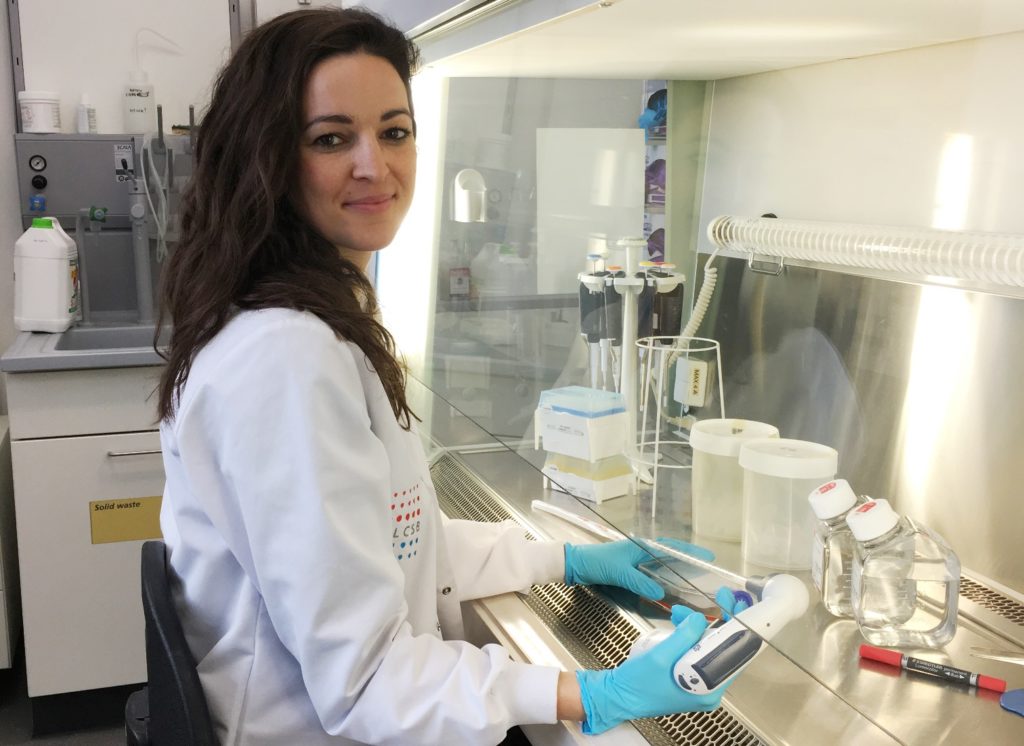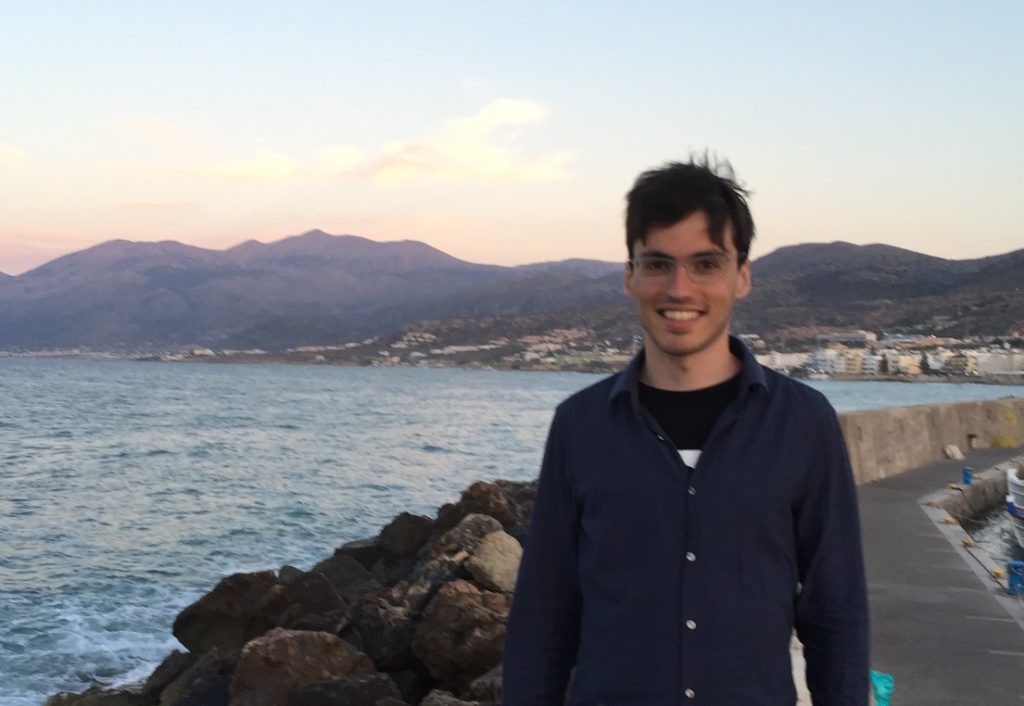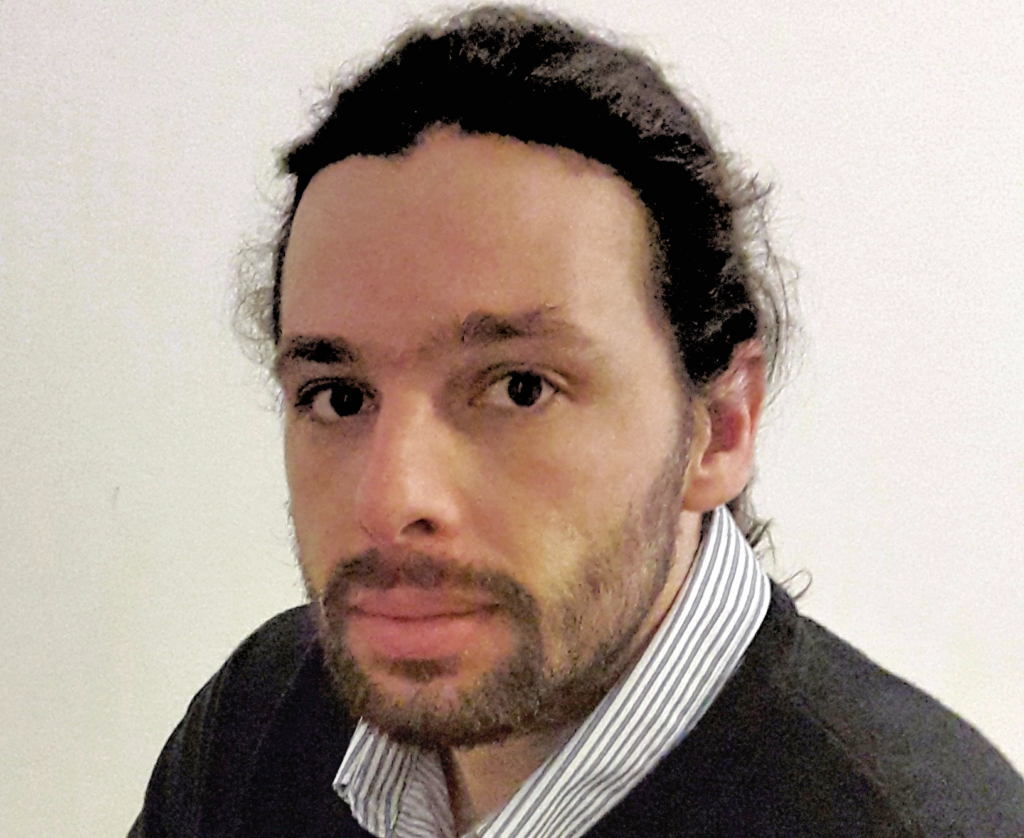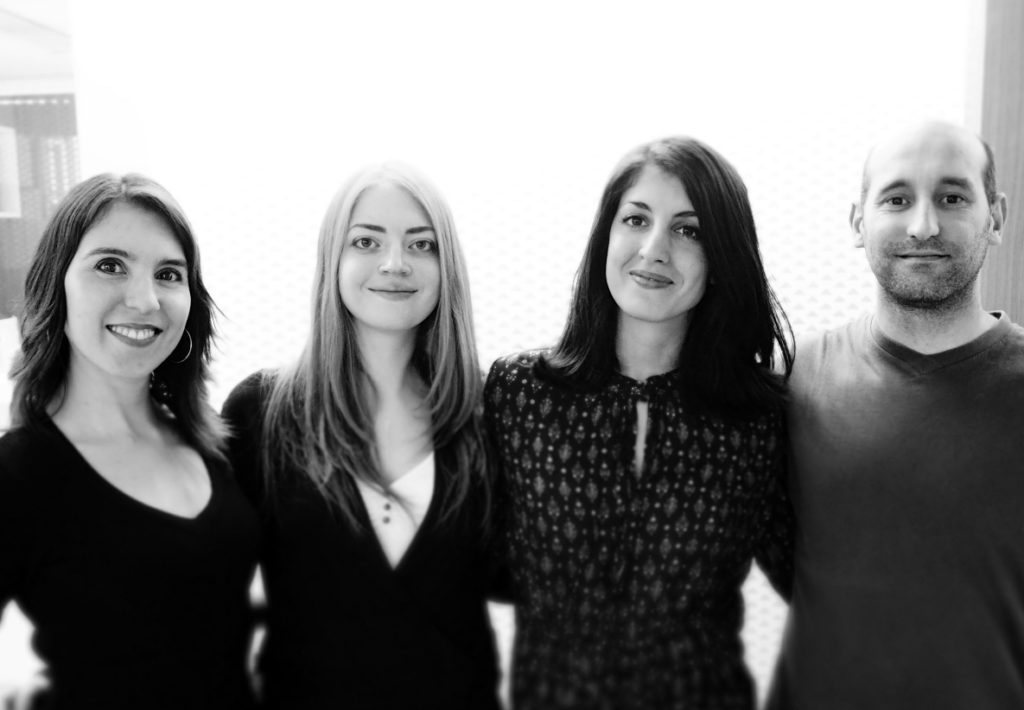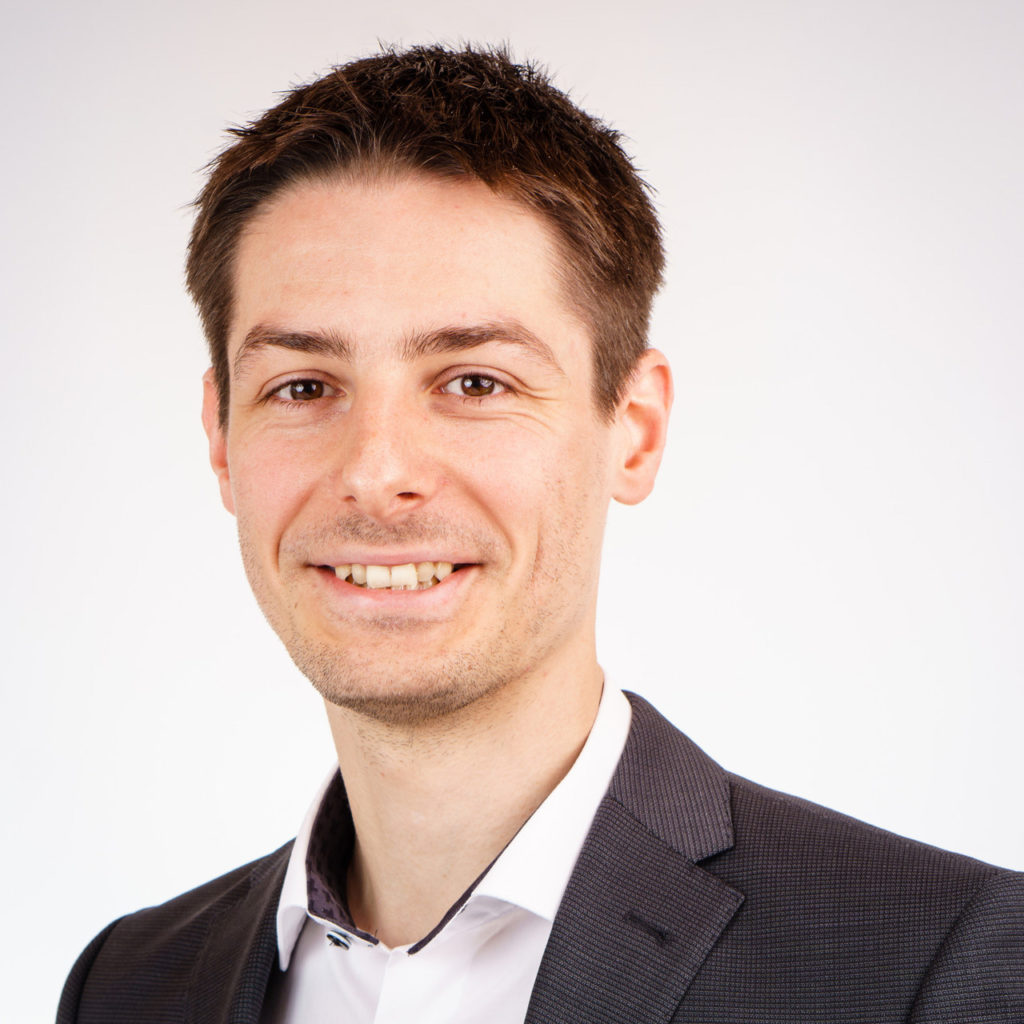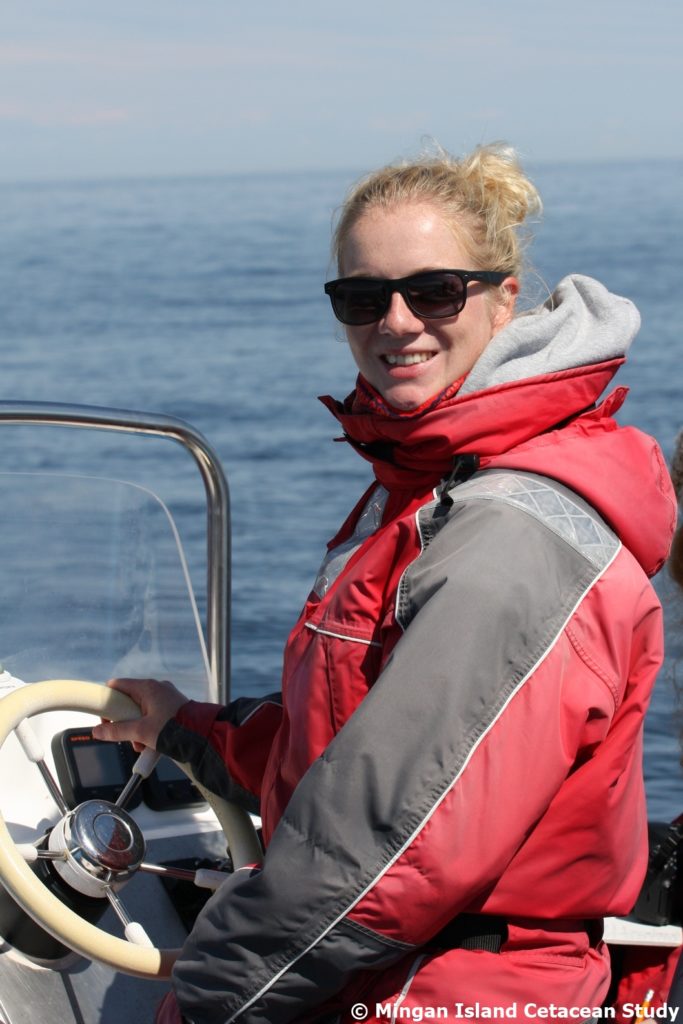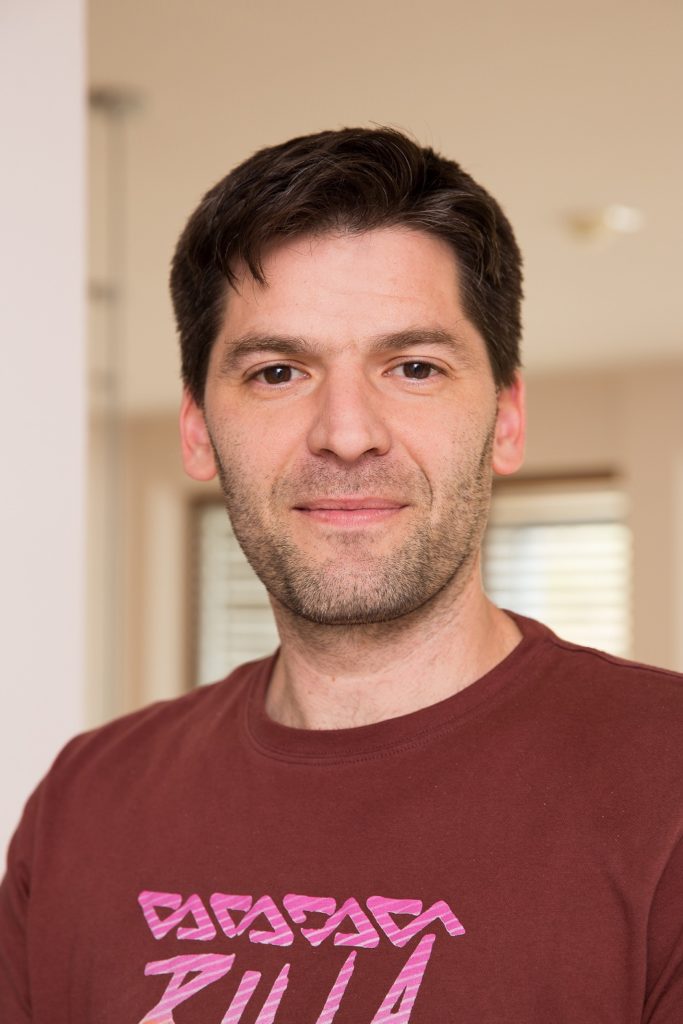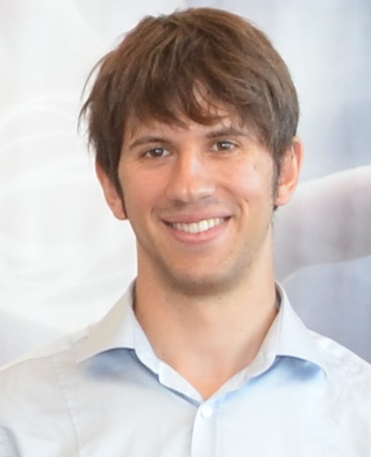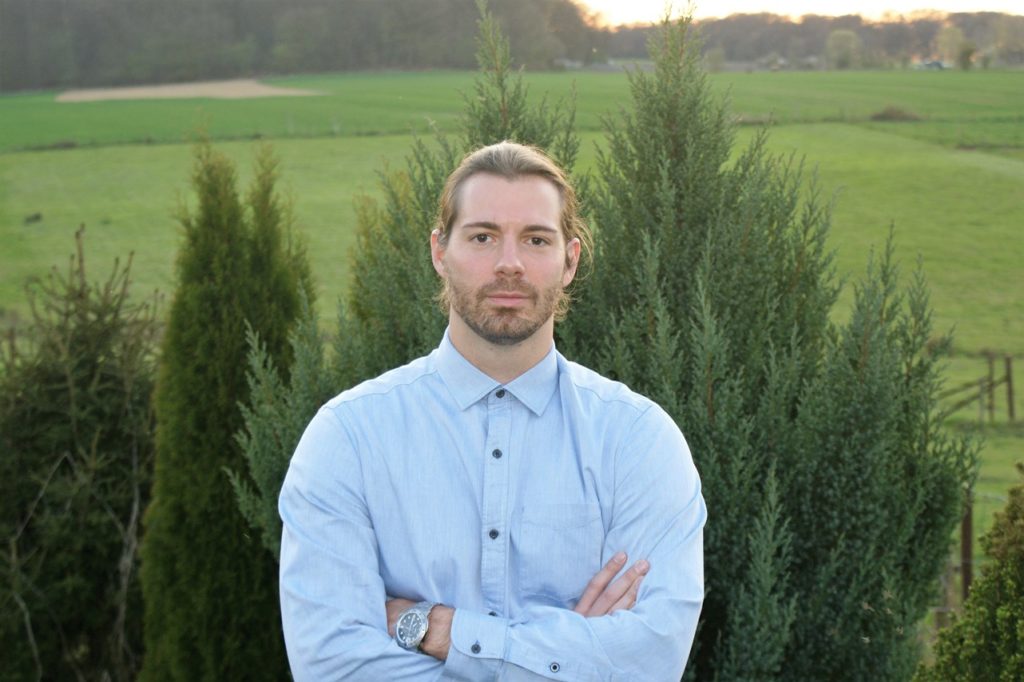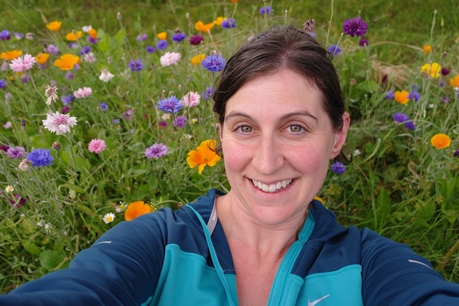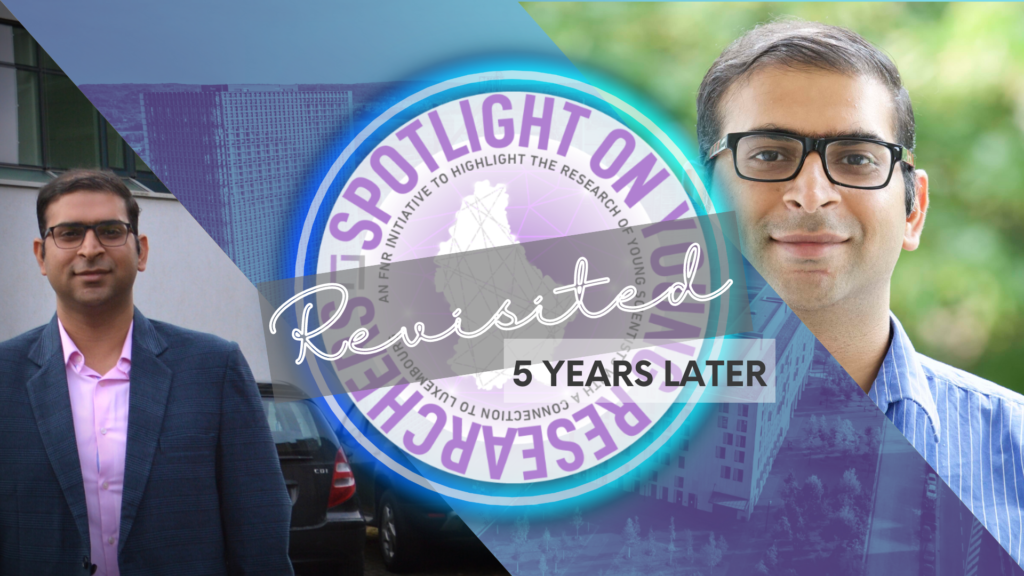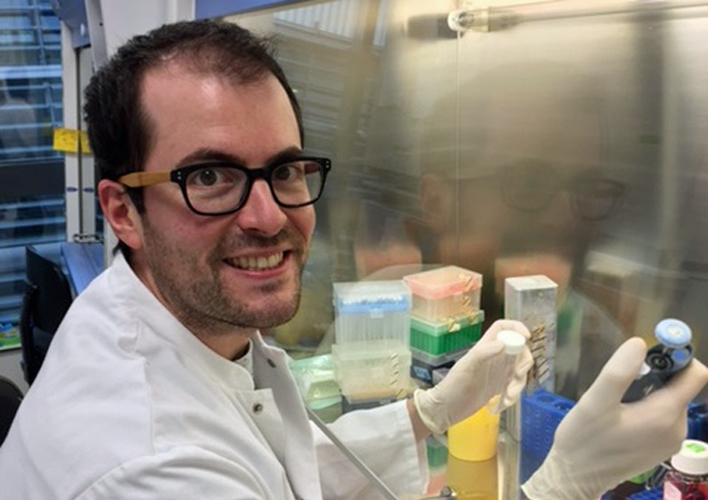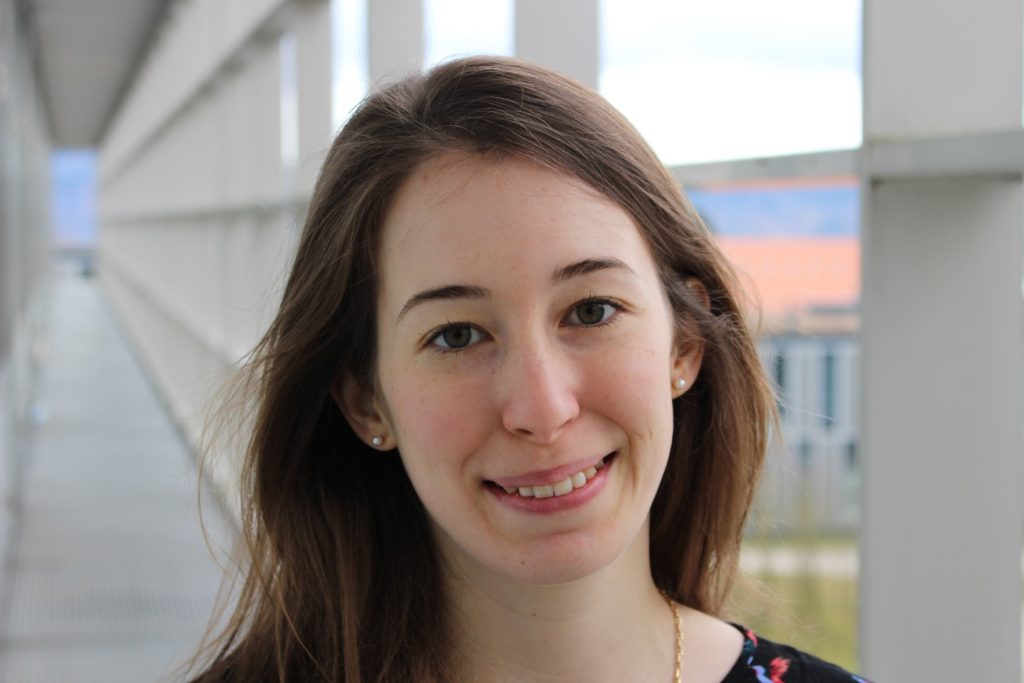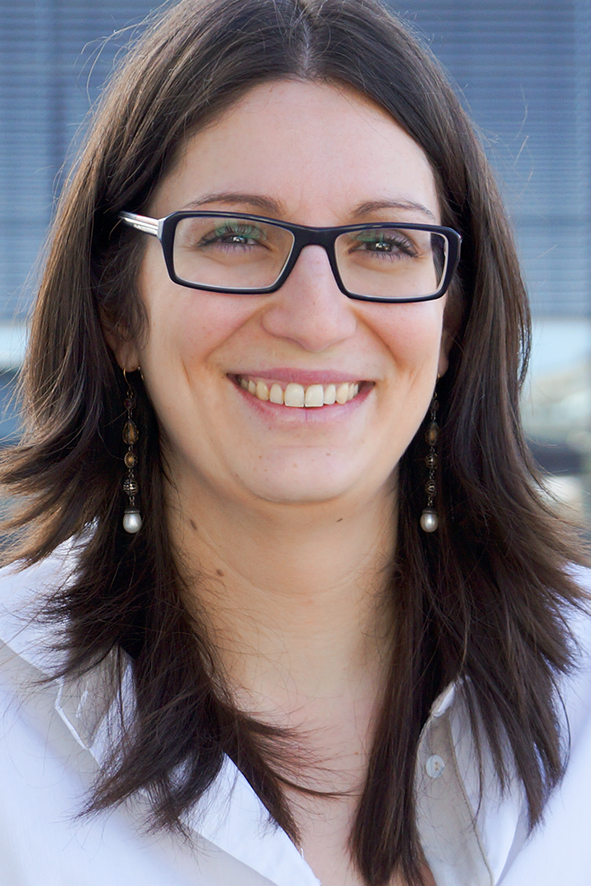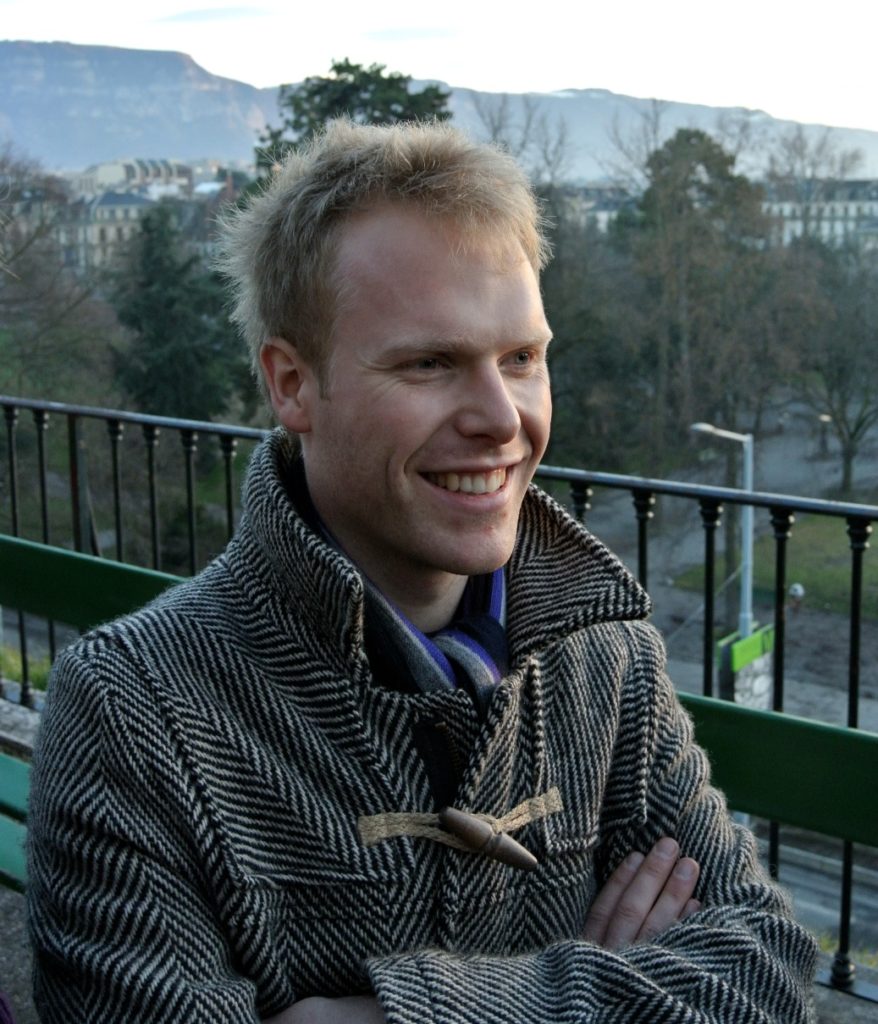The hidden part of plants – the root systems – play a vital role both in plant survival, and in our ecosystem, as plants store carbon in the soil. Scientists are working to understand how roots are affected by changes in water availability, but how do researchers even approach the study of roots?
Understanding how roots grow to deal with varying resource availability is an important question plant biologists are looking to answer – especially in times of climate change and extreme weather events. One of them is Samuele Ceolin, a plant biologist at the Luxembourg Institute of Science and Technology (LIST), who studies root dynamics to find out how dynamically roots grow so they can get the most out of changes in the availability of water in the soil.
Previous research in natural environments has evaluated the root growth dynamics occurring in the long term – seasons or years – leading to a better understanding of the carbon cycles in different environments.
“Other studies determined how plastic roots are in adapting to limitations of water and nutrients. Such findings contributed to improving the management of irrigation and fertilisation and in plant breeding for the selection of plant strains able to perform well in conditions of water scarcity”, Samuele explains, adding that researchers have also looked at roots on the molecular level to untangle the molecular mechanisms involved in root growth.
Understanding how roots adapt to sudden changes
“One of the main challenges remaining in root science is to understand how dynamically roots adapt when exposed to quick changes in water availability around them, for example after a summer thunderstorm . Roots can adapt to changes in moisture availability occurring over the course of the seasons: but how do roots react whenever these changes occur within days or even hours?”
Root systems are considered the hidden half, making it no easy feat to monitor root growth through time. Despite the availability of techniques to overcome the issue, Samuele explains the sampling process can be difficult, time consuming, prone to errors and expensive.
“On top of this, manipulating the soil moisture locally along a soil profile and the delineation of the water uptake patterns represent an additional challenge.”
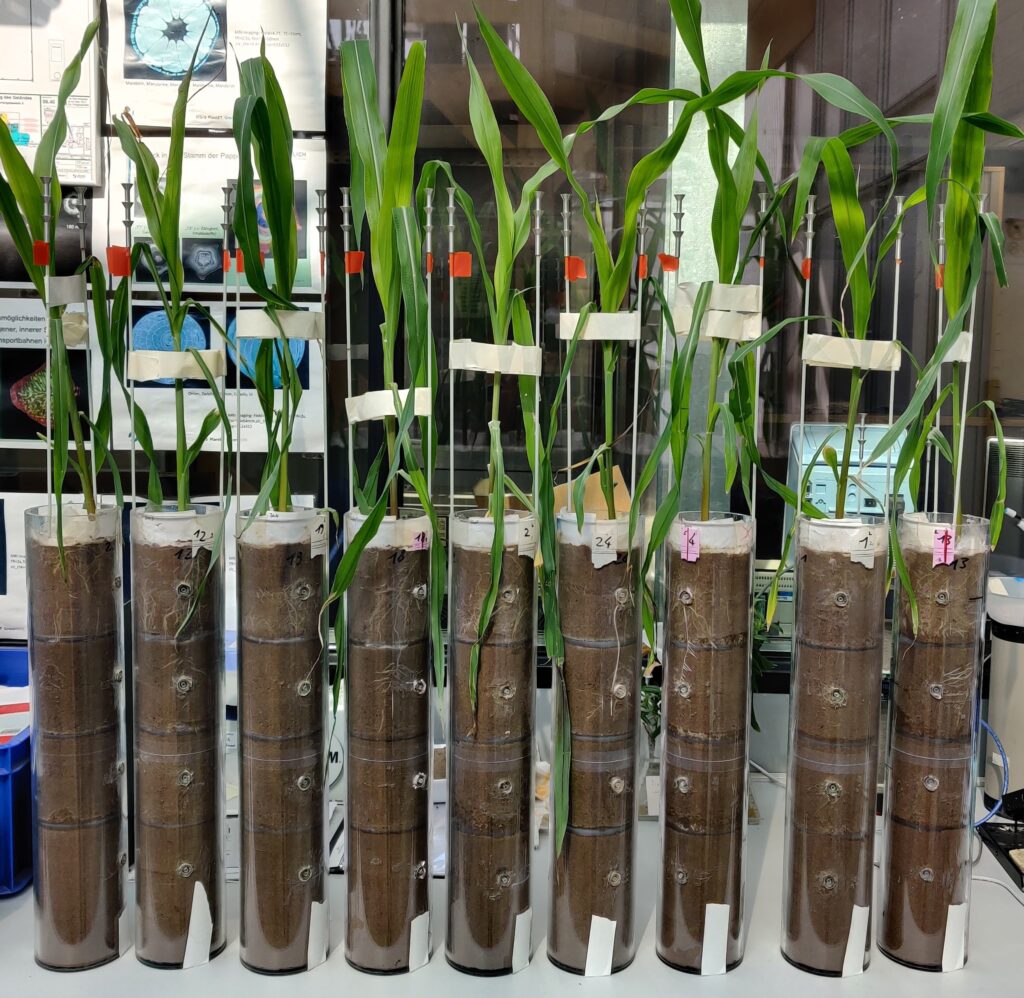

Recreating nature in the lab
As part of his PhD, Samuele carried out experiments on maize plants where he was able to manipulate – in space and time – the amount of water available to the plant.
“By applying water pulses in different parts of the soil in contact with the roots and in different moments in time, I could monitor if and how the roots adapted their growth according to daily changes in water availability.
“This was possible thanks to a MRI technology (at Forschungszentrum Jülich) allowing me to obtain images of the root systems, repeatedly and without destroying them, every 48 hours. These experiments gave me the possibility to shed light on the unknown of the short time scale dynamics.”
While plant biologist Samuele is still in the process of finalising the data analysis from his experiments, the results so far look promising, seemingly indicating that roots do adapt fast and dynamically whenever the conditions in soil moisture quickly vary along the soil profile. These results could contribute to establishing root dynamic responses in improved plant breeding programmes and vegetation modelling.



Samuele Ceolin is a 3rd year PhD candidate in the group of FNR ATTRACT Fellow Stan Schymanski at the Luxembourg Institute of Science and Technology (LIST).
More about Samuele Ceolin – why he became a researcher
“Since I was a child, I have always felt closely connected to nature and passionate about natural sciences, especially botany. I have always been curious about the reasons and mechanisms behind certain biological behaviors and the adaptations to a changing environment. It was a natural progression for me to choose a career in research in biological sciences.”
About Spotlight on Young Researchers
Spotlight on Young Researchers is an annual FNR campaign where we shine a Spotlight on early-career researchers across the world with a connection to Luxembourg. Over 100 features have been published since the first edition in 2016.
Browse them below!
- All
- Cancer research
- Environmental & Earth Sciences
- Humanities & Social Sciences
- Information & Communication Technologies
- Law, Economics & Finance
- Life Sciences, Biology & Medicine
- Materials, Physics & Engineering
- Mathematics
- Research meets industry
- Spotlight on Young Researchers
- Sustainable resource mgmt
- Women in science
May 25, 2023
An increasing number of systems are now controlled by artificial intelligence (AI): Autonomous vehicles – such as drones or satellites – can be deployed in difficult to access places and used to gather information in real-time. Autonomous systems can also be used simultaneously and cooperate to reach better performances compared to using only one device – but not without challenges: it is no easy task to programme these entities to behave collectively as we want them to. We speak to computer scientist and researcher Florian Felten about his research in this area and the associated challenges.
November 14, 2022
When Eric Finn Schaanning was featured in Spotlight on Young Researchers in 2017, he had just defended his AFR PhD on fire sales and systemic risk in financial networks at Imperial College London. In 2017, Eric attended the Lindau Nobel Laureate Meeting and in 2018, won an FNR Award for his PhD thesis. 5 years after his PhD, we catch up with Eric, who has been working on cyber risks, financial and regulatory stress tests as well operational risk management – a career spanning Norway, Frankfurt and Zürich – and reflect on the value his PhD has added.
October 11, 2022
Current engineering systems have an issue: It is fragmented – process, Piping and structural design are carried out by separate teams and involves an error-prone exchange of data. A research collaboration involving public research and industry is tackling this issue by creating a unique central data hub of a plant to which all teams have access, with promising effects on efficiency.
September 14, 2022
A type of insect known as whitefly spreads plant viruses and has devastating effects on the vegetables that we depend on and thanks to climate change their negative impact on agriculture is set to increase in the future. Current methods to protect crops depend on delicate relationships between whiteflies and their natural enemies, our crops, and microbial communities, a delicate balance threatened by climate change. Researchers are working with a ‘climate in the lab’ to get a better understanding of what could happen, with the ultimate goal to generate solutions to protect food security.
September 7, 2022
Global supply networks are more complex than ever, and recent global events have shown how susceptible society is to unpredictable disturbances. Scientists are working to understand the effect disruptions have on the sustainability of productive systems with the goal to provide solutions to support decision-making.
August 23, 2022
Is it possible to use mathematical indicators to alert about natural disasters and help in the early detection of disease and health issues? Over the past 15 years, scientists have been working on bridging mathematical theory and empirical evidence to do just that. To move the science forward, a key challenge is the underlying mathematical problem, as well as determining how the indicators should be applied.
August 8, 2022
Unhealthy lifestyles – unbalanced diet and physical inactivity – are the main factor in the leading cause of death in the world: cardiometabolic disease. Our socioeconomic environment plays a role in these lifestyle choices. Over a 9-year period, researchers are looking at how socio-economic and physical environmental characteristics of residential neighbourhoods shape our physical activity, nutritional behaviour and cardiometabolic health.
July 22, 2022
Always has literature played a major role in the construction of any national identity – yet, Luxembourgish literature is very little known. Researchers are exploring the country’s literary identity, from a Francophone and a gendered perspective, with a particular focus on female writers.
July 13, 2022
Online services are designed to offer great user experiences and accommodate our needs. They can also use manipulative design strategies to push us to disclose our personal information, purchase goods and subscriptions or spend an excessive quantity of time on apps and games. Learn about ‘dark patterns’ and an interdisciplinary research effort to free the web from manipulation.
June 17, 2022
When we wrote about Miguel Olivares Mendez in the 2017 edition of Spotlight on Young Researchers, the researcher was working on an FNR JUMP project, focussing on developing algorithms for autonomous drones. The robotics scientist has continued to build his research career in Luxembourg – 5 years later, Miguel is a Professor leading a research group with a focus on space robotics.
June 13, 2022
An estimated 10% of Parkinson’s Diseases cases are due to genetic factors – in the search for answers as to what could cause the other 90%, research is increasingly finding evidence pointing to environmental factors. To paint a clearer picture of what role chemicals could play in the disease, researchers are for example looking for ‘fingerprints’ of chemicals in biological samples.
June 2, 2022
Lack of access to fast and reliable Internet in rural and remote areas is a [multi-step] challenge that must be addressed to pave the way for smart agriculture and precision farming, a vital step toward ensuring food security in a changing climate. In the quest for smart agriculture, researchers are working on solutions for connecting Internet of Things (IoT) with satellite communication (SATCOM) systems.
May 25, 2022
As the global population sharply increases, so does the demand for clean water. At the same time, freshwater is gradually being depleted. Combine these two factors, and we have the potential for widespread water shortages – it is estimated that half of European basins will be experiencing water stress by 2030, and that 6 billion people will suffer from clean water scarcity by 2050. Researchers are working on cost-effective practices to address this impending crisis.
May 19, 2022
Over 10,000 Luxembourgish women and men wore German uniforms during WWII in armed forces and civil organisations – many were drafted by the Nazi German authorities – and behind each name is a story waiting to be told. A team of researchers has been working with families in Luxembourg to piece together the personal stories of the war generation in Luxembourg.
April 27, 2022
Research is steadily painting a picture revealing the significance the human gut microbiome plays in health and disease. From gastrointestinal tract disorders to the beginnings and treatment of Parkinson’s disease and beyond, the gut microbiome is a treasure trove of clues for researchers. We speak to three women in science – a biomedical scientist, a microbiologist and a bioscience engineer – about organs-on-chips and restoring an imbalanced microbiome.
April 22, 2022
Deforestation and soil degradation is one of many consequences of climate change. Food production systems alone are responsible for around a quarter of annual emissions. Researchers in Luxembourg are working with local actors to create models to help assess the sustainability of Luxembourgish farms.
April 14, 2022
In nature, we see hyperbolic forms in corals, flatworms, and many other species of reef organisms, such as sponges and kelps. The hyperbolic spaces are also of interest for mathematicians, who are looking to prove the solvability of invariant systems of differential equations in unusual spaces such as these.
April 7, 2022
When the first satellite was launched in the 1950s, earth orbit was a lonely place. Since then, more than 11,000 satellites have been launched into space and over 3,000 are still in operation. Estimates suggest an exponential increase in satellites in the next years, creating a challenge for the effective allocation of the needed bandwidth and power. Researchers are developing algorithms to more effectively allocate the resources where and when they are needed.
April 1, 2022
An estimated 55 million people in the world suffer from dementia, with the number estimated to increase to 78 million by 2030. In Luxembourg, more than 10,000 people suffer from dementia, including patients affected by Alzheimer’s disease and Dementia with Lewy Bodies. These incurable diseases have an increasing socio-economic impact along with the burden on patients and caregivers. One of the approaches researchers are taking is studying microglia, immune cells in the brain.
March 24, 2022
Sustainable capital market investments are expected to reach 53 trillion USD – about 1 in every 3 dollars invested – by 2025. Meanwhile, a much lower level of funds are going directly into climate-related projects, leading to an increasing concern of greenwashing in the market. Researchers are developing science-based tools to measure the environmental impact of financial investment decisions.
March 16, 2022
As war rages in Ukraine, the topic PhD candidate Claude Ewert has been researching for the past three years is perhaps more relevant now than ever: the relationship between the European Community and the Soviet Union. The historian is gathering valuable information on the EC’s early foreign policy and the obstacles that had to be overcome to try to make the Community speak with one voice.
November 30, 2021
To many, the Middle Ages are synonymous with the term the ‘Dark Ages’ – a time of decline. The term was coined hundreds of years ago by the era referring to itself as the ‘Renaissance’ – a rebirth of norms and standards. There is in fact much more to the complexity of the Middle Ages and historians are working on overcoming these antiquated ideas. For this research, Dr Christa Birkel won a 2021 FNR Award in the category ‘Outstanding PhD Thesis’.
September 30, 2021
Flooding presents a major hazard in both rural and urban areas. Luxembourg was also affected by the significant floods that devastated parts of Germany in July 2021. With the goal of predicting areas that will flood, scientists are working on various aspects of flood-mapping using satellite data.
September 13, 2021
Vegetable oil – mainly palm oil – is heavily relied upon in the production of food, cosmetics, and biofuel. The increase in droughts also affects the standard cultivation of palm oil – alternatives are needed. Agricultural scientists are investigating the potential of a new alternative drought-resistant source for the most widely-used kind of vegetable oil.
July 19, 2021
Glioblastoma is the most aggressive form of brain tumours in adults. The incidence is about 4 per 100.000 people and the average survival after diagnosis is about 14 months with current treatments. The tumour’s location represents a major challenge – few drugs make it past the blood brain barrier. Researchers are working on designing a novel kind of drug that could help do just that.
July 5, 2021
Nobody is untouched by environmental chemical pollution, but most are unaware of how they are exposed, what to, and the possible health consequences. With over 350,000 registered chemicals in use, an important first step towards assessing their environmental impacts is to make chemical information more machine-readable and open. Environmental Cheminformatics is on the case.
June 22, 2021
Melanoma is a rare type of skin cancer, but it is the deadliest type – and incidence is on the rise. Metastatic melanoma has seen a rapid emergence in drug resistance: After a few months, treatment stops working and tumours begin to grow again. Molecular biologists are working to understand why this happens.
June 10, 2021
A rapid increase in both life expectancy and global population size has led to a rise in the prevalence of chronic ageing-associated diseases. Brain and heart age-associated diseases including hypertension, stroke, heart failure, Alzheimer’s and Parkinson’s diseases are leading causes of mortality and disability worldwide. Researchers are working on much-needed ways to predict these diseases.
May 20, 2021
Cardiometabolic complications threaten health and reduce life expectancy. In Luxembourg, 1 in 3 people have metabolic syndrome, as a risk factor for cardiometabolic complications such as obesity, high blood sugar and cholesterol, as well as hypertension. Science has shown a link between what we eat and our health – nutritionists are now investigating how dietary strategies could prevent these health complications.
May 6, 2021
Looking at popular culture, big tech and ongoing societal debates – technological progress in Artificial Intelligence (AI) affects us all. Researchers from numerous scientific fields are working on the best way to bring AI forward, including the study of systems able to autonomously reason over arguments – calculators for philosophical, ethical or legal debates.
April 28, 2021
In the last decades, how research is conducted has been profoundly changed by ICT, and there has also been a shift from the ‘sole genius’ towards teamwork and especially interdisciplinarity: Today, millions of researchers worldwide collaborate across organisational, disciplinary, and cultural boundaries, extending the possibilities of new scientific discovery. This, and the associated data, has paved the way for the scientific field Science of Science, where one key question is understanding exactly how scientific quality is fostered by research collaboration.
April 14, 2021
Using solar absorbers for collection and storage of heat from the sun is an environmentally friendly way to generate heat, yet only 16% of heating is generated from renewable energy. Material scientists are looking for ways to boost this number by making the solar absorber coatings more efficient.
April 2, 2021
Carbs are all around us: a major constituent in food, they also play a role in many biological processes such as intercellular communication; they are in demand in the pharmaceutical industry, where they are currently used as anticoagulants and in skincare. With the goal of no longer having to rely solely on nature’s production of carbs, scientists have been working on ways to ramp up production. A case for chemistry!
March 25, 2021
Neurogenerative diseases and cancer affect millions of people worldwide, especially people over 60. While advances in diagnosis and treatment have been made, there are still many open questions on the path to better treatment and earlier diagnosis. Translational neuroscientist Pauline Mencke studies a gene that is involved both in Parkinson’s disease and the brain cancer Glioblastoma multiforme.
March 18, 2021
Digitisation has had a significant impact on humanities research: not only has it changed how many scholars conduct their research, it has also led to completely new fields of research, such as digital humanities, a highly interdisciplinary science. Linguist Lorella Viola is interested in how software can enable critical digital humanities practice.
March 11, 2021
Many of the things we furnish our homes and office with emit gases that we are oblivious to inhaling. As eliminating these items from our lives is unrealistic, science wants to understand that which we cannot eliminate, thus more effective sensors are needed. Material scientist Rutuja Bhusari combines materials at nanoscale to create a gas sensor powered by nature.
March 2, 2021
Can we predict the likelihood of a hazelnut tree becoming sick? Or what quality defects, and in what percentage, will be present in the final harvest? Science could soon make this possible, thanks to a hazelnut quality forecasting system based on a combination of machine learning and simulation models.
November 9, 2020
While machine learning and deep learning have come a long way, they are not yet at a stage where autonomous vehicles can handle unexpected situations. As part of a public research-industry collaboration, early career researcher Steve Dias Da Cruz investigates possibilities to reduce the amount of data needed to train reliable deep learning models for safety critical applications in the automotive industry.
October 13, 2020
In industry, computer simulations and optimizations are established approaches to inform and improve engineering designs. As part of his Industrial Fellowship, Postdoc Martin Řehoř works on numerical solvers that could help solve design problems that involve the processing of fluids.
September 7, 2020
While we frequently hear about new trends in mobile and wireless technologies, challenges remain, such as the need to charge devices on a stationary device. At the SnT at the University of Luxembourg, Postdoc Sumit Gautam works on solving the future information and energy requirements of wireless devices, via radio frequency (RF)-based techniques.
July 23, 2020
Luxembourg is one of many countries experiencing the arrival of asylum seekers and refugees that have been displaced for reasons such as conflicts or instability in their own country. Managing a research team for the first time, CORE Junior PI Lucas Oesch leads the project ‘REFUGOV’ at the University of Luxembourg, which looks at the accommodation of asylum seekers and refugees in cities and camps.
July 9, 2020
At KU Leuven, Luxembourg national Jill Kries is part of a research team driven by understanding how cognition and brain structure develop over time in language-related disorders and how this knowledge can be applied in a clinical or educational setting. We take a closer look at the work of the young team.
June 26, 2020
While solar panels appear on more and more rooftops, researchers are still developing ways to boost their efficiency. As part of her PhD at the Luxembourg Institute of Science and Technology (LIST), Indian national Hameeda Jagalur Basheer is developing alternative materials that can help capture the sunlight better and improve efficiency of solar panels.
June 18, 2020
Floods across the world have resulted in tremendous economic damage and loss of lives: better tools to predict flood rise and recession are needed. The biggest question facing researchers like Mohammad Zare is how to accurately simulate and predict this complex phenomenon. As part of an Industrial Fellowship between the University of Luxembourg and company RSS-Hydro, the Postdoc Works on improving the simulation and prediction of flash floods, with the goal to develop a decision-making model for flood protection in Luxembourg.
June 5, 2020
As part of her Industrial Fellowship – a collaboration between the University of Luxembourg and company Husky – PhD candidate Yamila Mariel Omar helps industry to monetize their proprietary data by means of big data analytics. We speak to the Argentinian national who also became a mother during her PhD.
May 14, 2020
Excessive use of fertilisers in agriculture has led to nitrogen pollution, and calls for bio substitutes are getting louder. PhD candidate Bella Tsachidou from Luxembourg Institute of Science and Technology (LIST) gathers scientific evidence on the benefits of biogas residues and their suitability as biofertilisers, while providing support for the modification of nitrogen-policies on European and global level.
May 8, 2020
In the current situation of legal uncertainty, PhD candidate Antonio Ancora’s research at the University of Luxembourg aims to improve tax certainty in the context of state aid investigation on Transfer Pricing transactions among multinational enterprises.
April 30, 2020
Paul Johanns works in a research field one does not read about every day: knots. As part of his AFR PhD at the École polytechnique fédérale de Lausanne (EPFL), the Luxembourg national combines high-precision model experiments, computation and theory to untangle the influence of topology on the mechanics of complex knots, particularly those used in surgical procedures.
April 24, 2020
Eating disorders affect up to 5% of people. At the University of Luxembourg, Dr Annika Lutz and Lynn Erpelding study the brain mechanisms that help form body image, and want to understand how eating disorders develop. Using a multidimensional approach, the team’s ultimate goal is to improve treatment for people suffering from eating disorders, such as anorexia nervosa.
April 16, 2020
Growing up in Botswana and Zimbabwe, Nathasia Mudiwa Muwanigwa did not see science as a career option. Fast forward a few years: Nathasia is studying Parkinson’s disease as part of her PhD at the LCSB at the University of Luxembourg, and has co-founded a STEM initiative that was featured in Forbes.
March 26, 2020
Industry and research join forces on many fronts, including the sustainable use of natural resources. Postdoc Claudio Petucco works on developing a decision support system for enhancing and assessing the provision of forest ecosystem services. The goal: improving the sustainable use of natural resources in Luxembourg.
February 27, 2020
Noémie Catherine Engel has just begun her researcher journey – and she has found her niche already: As part of her AFR PhD at the University of Bath, the Luxembourg national investigates the evolution of sex role traits in a small shorebird species in Cape Verde.
July 12, 2019
Are creative people better at regulating emotions, and are there cultural differences? This is one of the questions Henderika (Herie) de Vries wants to answer. Having already discovered that cultural differences impact the creative potential of children, the Dutch-Luxembourgish national hopes to understand more aspects of how our cultural circumstances can influence our capacity for creative thinking.
July 5, 2019
Climate change affects vegetation and water resources. In order to understand these changes, scientists use models – an abstract, mathematical representation of an ecological system. The challenge: Making accurate predictions under change, without ‘tuning’ models with data. We speak to Dutch national Remko Nijzink, Postdoc in the group of FNR ATTRACT Fellow Dr. Stan Schymanski at the Luxembourg Institute of Science and Technology (LIST), about his modelling work and the importance of an open science approach.
June 27, 2019
In school, we are taught three states of matter: solid, liquid and gas. The focus of University of Luxembourg PhD candidate Anjali Sharma’s research lies between solid and liquid: liquid crystal. She studies them in unusual shapes that are no larger than the width of a human hair, yet they are considered as large by the scientists of the field. As part of her research, the Indian national got an opportunity for a rare experiment: Taking her research into a zero gravity environment.
June 20, 2019
When one thinks of banks and financial institutions, the word ‘research’ may not come to mind. However, research has much to offer these institutions, for example new tools to help with delivering critical services. As part of his PhD at the University of Luxembourg, Italian national Pier Mario Lupinu researches issues related to post-resolution in banking and finance.
June 14, 2019
Divya Balakrishnan, Dipti Rani and Serena Rollo are women in science working in a field that could have a major impact on how health is managed: In the group of FNR ATTRACT Fellow César Pascual García at the Luxembourg Institute of Science and Technology (LIST), the team works on developing sensors for biochemical applications focusing on medicine.
June 6, 2019
Quantum computing is one of the hottest topics in physical sciences. As part of his AFR PhD at the University of Sussex, Luxembourg national Foni Raphaël Lebrun-Ricalens works on developing a quantum computer – a technology that has the potential to revolutionise computing. Recently, he was also asked to evaluate the science behind the ‘quantum realm’ in the final ‘Avengers’ film.
May 29, 2019
Can we truly trust current blockchain technology to securely automate important processes in the financial sector? Christof Ferreira Torres wants to answer this question. In the framework of his Industrial Fellowship PhD with the University of Luxembourg and the bank Spuerkeess (BCEE), the Portuguese national works on the security of smart contracts and the detection of fraudulent transactions – because gaps in security can quickly mean high costs for thousands of people.
May 24, 2019
Stemming from Italy, Indonesia, Luxembourg, Portugal and Spain, the members of the Experimental & Molecular Immunology Group truly are an international team. In the group of FNR ATTRACT Fellow Prof Dr Dirk Brenner at the Luxembourg Institute of Health (LIH), the team of young researchers investigates different aspects of the immune system with one common goal: Understanding how our immune system is regulated by different mechanisms – and how this knowledge can be used to combat disease.
May 15, 2019
Silvia Girardi is a sociologist with an interest in studying policies that aim to contrast poverty. As part of her joint PhD at Luxembourg Institute of Socio-Economic Research (LISER) and KU Leuven, the Italian national looks at the social policies that support low-income households in Luxembourg, taking the perspectives of the citizens on the receiving end, and the social workers involved in implementation.
May 8, 2019
Why can our bodies defend itself against some diseases but not others? This is something Carole Lara Veiga de Sousa has always been eager to understand. In the framework of her PhD at the Luxembourg Centre for Systems Biomedicine (LCSB) and Luxembourg Institute of Health (LIH), the Portuguese national took at closer look at the microglial cells – immune cells in the central nervous system – and what impact they have on the brain’s ability to fend of infections.
May 2, 2019
Adham Ayman Al-Sayyad is a PhD researcher working on multidisciplinary cross-border project. In our article, we explore the Egyptian national’s research around the topic of laser beam joining; why his next step post-PhD would be to spend some time working in industry to understand his research topic from new angles; and his passion for bridging cultures to bring people together.
April 25, 2019
Thomas Schaubroeck specialises in sustainability assessment of products. We speak to the Belgian national about the research he is undertaking in the framework of an Industrial Fellowship between the Luxembourg Institute of Science and Technology (LIST) and company Tarkett; how working with industry differs from academia; and how he hopes his research can help industry steer toward a more sustainable future.
April 11, 2019
Senior Postdoc Sebastian Scheer’s thirst for understanding how biological systems work led him to dive into the world of immunology research. After moving from Germany to Canada, the Luxembourg national got the chance to set up his group leader’s new lab in Australia, where his research revolves around the T cell, a key player in the shaping of immune responses.
April 4, 2019
Postdoc Damien Brevers has a passion for studying self-control abilities in humans. Having spent time in Belgium and the US building expertise in areas including clinical psychology, sport psychology and brain imaging, the Belgian national has just joined the University of Luxembourg and embarked on a project looking at gambling addiction in the age of online betting.
March 28, 2019
What is the connection between the gut of a termite and renewable energy? What binds them is anaerobic digestion, the process by which microorganisms break down biodegradable material without oxygen. We speak to four young researchers in the Biosystems and Bioprocessing Engineering group at the Luxembourg Institute of Science and Technology (LIST) about how understanding the termite gut could help unlock the full potential of anaerobic digestion, and the associated benefits for green and cleantech.
March 21, 2019
Jose-Luis Sanchez-Lopez works with multirotor aerial robots – drones. Despite being early in his research career, the Spanish national’s research is already taking off, having secured him several awards at international competitions. After completing his PhD in 2017, Jose-Luis set his sights on Luxembourg, where he works as a Postdoc at the SnT at the University of Luxembourg, with the goal of giving drones enough AI that they can safely operate autonomously in a range of environments.
March 14, 2019
Ernesto Gargiulo has always had a curious and inquisitive disposition, which as a child saw him spending hours outdoors, in a quest to discover. At University, Ernesto’s attention turned to oncology. Set on applying and strengthening his knowledge, the Italian national embarked on a PhD at the Luxembourg Institute of Health (LIH), where he works on characterising exosomes, small extracellular vesicles, linked to cancer development, progression and chemo-resistance.
March 7, 2019
When Thomas Elliot (Tom) cycled from Indonesia to London, he witnessed many people living in hardship. Motivated to research how consumption affects social and environmental justice in a bid to help reduce the hardship witnessed, the New Zealand national applied for an open PhD position at the Luxembourg Institute of Science and Technology (LIST), where he now works on a project that fuses urban metabolism and ecosystem services.
July 17, 2018
Maciej Piotr Chrzanowski never thought he would become a researcher, but a successful attempt at applying for a PhD changed all of that, and the Polish national found himself moving to Luxembourg. Now in the 3rd year of his AFR-PPP PhD, Maciej is embedded both at the University of Luxembourg and in R&D Application Department of steel manufacturing corporation ArcelorMittal, where he works on development of new solutions for structures.
July 12, 2018
During his Bachelor studies in physics and photovoltaics at the University of Luxembourg, Max Hilaire Wolter was exposed to live-action research for the first time. The experience left such a positive impression that Max proactively sought out to return to the same lab for a PhD after completing his Master’s studies abroad. We spoke to the Luxembourg national about why research is fun, solar cells and the importance of science outreach.
July 3, 2018
After completing her master’s degree, Luxembourg national Dominique Santana decided to spend time in her mother’s birth country Brazil. While there, she became intrigued by Brazil’s communities of Luxembourgish nationals and wanted to investigate further. Now in the first year of her AFR PhD at the C²DH at the University of Luxembourg, Dominique is examining the paths of Luxembourgers who emigrated to Brazil from 1920 – 1965, which has already rekindled old friendships.
June 22, 2018
Gilles Tossing’s fascination for the human brain – and why it sometimes fails – led him to the path of research. Now in the second year of his AFR PhD at Université de Montréal in Canada, the Luxembourg national investigates neurodegenerative diseases, with the aim of improving treatments for those affected.
June 14, 2018
For László Sándor research is the ultimate war against ‘fake news’. After completing his PhD in Economics at Harvard, the Hungarian-American national chose a Postdoc position at the Luxembourg School of Finance at the University of Luxembourg, where his work includes big data projects, field experiments in household finance and applied microeconomics.
June 8, 2018
Ramona Pelich uses data from satellites in space to improve maritime surveillance and flood hazard monitoring. Splitting her time between the Luxembourg Institute of Science and Technology (LIST) and the company LuxSpace as part of her AFR-PPP Postdoc, the Romanian national’s work has already found direct application when flood maps she co-developed were used in the aftermath of destructive 2017 hurricanes Harvey and Irma.
May 29, 2018
Archaeologist and trained anthropologist Maxime Brami works on uncovering the origins and spread of agriculture, and has just landed a sought-after Marie Skłodowska-Curie Individual Fellowship. We speak to the Luxembourg national about what it’s like to be an archaeologist in academia, the collaborative nature of the field and why archaeologists have a certain responsibility.
May 23, 2018
Anna Monzel cites her thirst for new knowledge and discoveries as a key contributor in her choosing to follow the path of science. Drawn to Luxembourg because of its interdisciplinary approach, the German national developed a 3D model of the human midbrain for her PhD at the LCSB at the University of Luxembourg – which earned her a Lush Young Researcher Prize.
May 15, 2018
During his computer science studies, Konstantinos Papadopoulos realised how many unexplored areas there are in the field and his desire for becoming a researcher was born. Now in the 2nd year of his PhD at the SnT at the University of Luxembourg, the Greek national works on developing innovative new approaches to security surveillance.
May 8, 2018
Laurie Maldonado’s research focuses on single-parent families. After suddenly becoming a single parent herself, she experienced first-hand how quickly single-parent families can fall into poverty in the United States, not knowing if she could continue her research. Then Laurie secured an AFR PhD grant, conducting her research at the LIS Cross-National Data Center in Luxembourg and at UCLA. A few years and a successful PhD defence later, we talked with Laurie about her journey and her close-to-home research.
May 2, 2018
Antoun Al Absi has been fascinated by microscopes ever since his parents gave him one as a child. Unsurprisingly, the Syrian-French national cherishes the long hours spent on the microscope as part of his AFR PhD at the Luxembourg Institute of Health (LIH), where he investigates how tumour cells escape the ‘immune surveillance system’, enabling them to spread to other parts of the body.
April 24, 2018
When Katharina Baum was a teenager, her mother took her to a presentation about the Human Genome Project. Fascinated, she stood up and asked what she would have to do to be able to study genes. Some years and a degree in mathematics later, the German national and mother of two children now splits her time between Luxembourg and Berlin as part of her two postdocs. In her work at the Luxembourg Institute of Health, Katharina combines computer science, maths and biology to identify faulty regulatory mechanisms in cancerous cells.
April 17, 2018
For his AFR PhD at Trinity College Dublin, historian Michel Summer is re-assessing the political activity of medieval Anglo-Saxon missionary Willibrord, who in addition to being a landowner, scholar and ambassador, founded a monastery in Luxembourg. We spoke to the Luxembourg national about how history promotes critical thinking, and why he believes historians are needed more than ever.
April 10, 2018
During her Master’s studies, Amy Parrish found her passion for research with a clinical aspect. Having come from London to Luxembourg to pursue her AFR PhD at the Luxembourg Institute of Health (LIH) in the research group of Mahesh Desai, the American national studies the bacteria that inhabit our gut, to shed light on the development of diseases such as Inflammatory Bowel Disease (IBD).
April 3, 2018
After doing his Master’s degree and working in the private sector in Argentina, German Castignani decided to do a research internship in France, which piqued his interest for research. After completing his PhD in wireless networking in France, the Italian-Argentinian national came to Luxembourg, where he added an entrepreneurial perspective to his vehicular telematics research, co-founding the SnT’s first spin-off Motion-S.
March 27, 2018
Eva Lagunas has always been curious about technology, even building her own makeshift smartphone when she was a child. A couple of degrees later, the Spanish national set her sights on coming to Luxembourg, family in tow, to take up a Postdoc position at the University of Luxembourg’s Interdisciplinary Centre for Security, Reliability and Trust (SnT). Now, she feels lucky to spend her time researching satellite communications in the 5G era.
March 20, 2018
For his part-time AFR PhD in Political Science with Ghent University’s Conflict Research Group, Michel Thill researches a little-studied subject: everyday policing practices and interactions between police and people in Bukavu, a provincial capital in the East of the Democratic Republic of Congo. We spoke to the Luxembourg national about insatiable curiosity being a virtue for researchers; the experiences gained during his PhD; and why his research subject is important.
March 13, 2018
Maria Pires Pacheco is a problem solver with a fondness for coding, who was always drawn to the scientist in a group of heroes, rather than the classic hero. During her AFR PhD, the Luxembourg national worked on building tools that help simulate the metabolism of a cell, tools she applied to cancer research during her postdoc.
August 17, 2017
Zhe Liu’s passion for research grew from a desire to find out how things work and why. Considering himself as a ‘Luxembourg-made Chinese researcher’, Zhe came to Luxembourg in 2011 for his AFR PhD, a project for which he later won an FNR Award for ‘Outstanding PhD Thesis’ in 2016.
August 10, 2017
Xianqing Mao comes from a family of professors and doctors and thus has always had a natural interest in science. The Chinese national completed a medical degree, but felt she still had unanswered questions, so she decided to go abroad and took a leap into biomedical research. After stays in France, the UK, the United States and Belgium, Xianqing is now transitioning from junior to senior researcher at the Luxembourg Institute of Health, where she has already been involved in several projects investigating cancer progression.
July 27, 2017
Hussein Rappel uses a mathematical learning approach to try to predict and simulate physical phenomena. The Iranian national came to Luxembourg in 2014 to join the team of Prof Stephane Bordas at the University of Luxembourg, where he is now in the 3rd year of his PhD in Computational Science – and sees great potential in Luxembourg as a research destination.
July 18, 2017
Luxembourg nationals Max Greisen and Véronique Cornu have many things in common: They are both educated in the field of psychology, they are both PhD researchers at the University of Luxembourg – and they both work with language-free approaches to early mathematical development of multilingual children. Max develops and implements animations that help assess early numerical competencies, while Véronique develops training methods to help overcome language barriers in early math education.
July 13, 2017
Gil Georges is driven by the quest for knowledge and strives to have a real impact, beyond publications. The Luxembourg national has just made the jump from early-career researcher to lecturer and group leader at the IET-LAV at ETH Zürich in Switzerland, where the data analyst and modeller gets to use one of Europe’s most powerful super computers when it is time for some serious number crunching.
July 5, 2017
Isabel Z. Martínez has been interested in how policies are put in place and how they affect people’s lives for as long as she can remember. After completing her Masters in Economics, she realised that academia was the ideal way to quench her thirst for analysing large data sets and finding answers to questions addressing people’s well-being and policy decisions. The Swiss-Spanish national has been studying income and wealth inequality in Switzerland for years and has now come to Luxembourg as a Postdoc at LISER to expand her research to the Grand Duchy. We spoke to Isabel about life as a research economist, and how it has already enabled her to travel across the globe, as well as work with some of the foremost researchers in her field.
June 29, 2017
Charles de Bourcy decided to become a researcher on human health when he realised the human body is not invincible. After completing his undergraduate studies at University of Oxford, the Luxembourg national secured one of the most prestigious scholarships in the world and embarked on a PhD at Stanford University. Now in the final year of this PhD in Applied Physics, Charles is taking his first steps towards his goal of building technologies to help ease the burden of global disease.
June 22, 2017
Passion and competitiveness is at the heart of being a researcher for Pit Losch, who describes life in research as a rollercoaster ride. The Luxembourg national, who completed his AFR PhD at the University of Strasbourg, is currently a Postdoc at Max Planck Institute for Coal Research, where he investigates and shapes materials for the future. We spoke to Pit about his life as a scientist.
June 14, 2017
Svenja Bourone is a chemist who has always had a fascination for natural sciences. During her master studies at RWTH Aachen, she became captivated by functional nanomaterials and as chance would have it, a doctoral position opened up in just that field. During her AFR PhD, Svenja developed a new protocol to help with the synthesisation of gold nanoparticles, which she is now putting to use in her work as a Postdoc. The Luxembourg national has a strong desire to return home to the Grand Duchy to continue her work on nanomaterials.
June 8, 2017
Kacy Greenhalgh has always had an affectation for medicine and health, and how health can be influenced by dietary habits. During her Master studies, the Luxembourg-American national was introduced to FNR ATTRACT Fellow Paul Wilmes and the ‘gut on a chip’, HuMiX. Fascinated by its potential, and how it could be used to study the relation between diet and health, Kacy’s curiosity led her straight to an AFR PhD at the LCSB at the University of Luxembourg.
June 1, 2017
Paul Hauseux was always interested in science, but only recently settled on the researcher path. Before that, his career ambitions stretched from working in sports or music to teaching science. Some years and a PhD later, the French national has come to Luxembourg for his computational engineering Postdoc in the team of ERC grantee Stéphane Bordas at the University of Luxembourg.
May 26, 2017
Léon-Charles Tranchevent says he has found the perfect job in being a researcher. Cherishing the freedom and unexpectedness of his line of work, the computational biologist also feels it’s his duty to contribute to the training of the next generation of researchers. The French national has recently begun his AFR Bilateral Postdoc at the Luxembourg Institute of Health in collaboration with Nanyang Technological University (NTU) in Singapore.
May 18, 2017
What do a French, a Spanish, a Brazilian and an Algerian researcher have in common? In the case of Adeline Boileau, Antonio Salgado Somoza, Clarissa P. C. Gomes and Torkia Lalem, it’s that they are all early-career researchers who came to Luxembourg to join forces in the Cardiovascular Research Unit (CVRU) at the Luxembourg Institute of Health (LIH), which aims to identify new personalised strategies to diagnose and treat cardiovascular disease.
May 3, 2017
Ever since he was a child, Jo Hoeser wanted to understand the function of complex systems. He found himself taking apart and trying to fix broken electronic devices. Then fascination for chemistry came into the mix. Fast forward some years and the Luxembourg national completed his AFR PhD in biochemistry at the Albert-Ludwigs University Freiburg – and wants to return to the Grand Duchy to continue his career in research.
April 27, 2017
In high school, Anna Schleimer thought everything there was to know in science was already known. When she discovered how many unanswered questions there still are, curiosity drove her to become a researcher. The Luxembourg national is now in the 1st year of her AFR PhD, in what is not your most common topic: As a marine biologist, Anna studies fin whales as part of her joint PhD at University of Groningen and University of St Andrews.
April 20, 2017
Having started his professional career 16 years ago, Paulo Carvalho did not plan any major career changes. Then an opportunity came up that would change work life as he knew it and a few years later, the French/Portuguese national is completing his PhD at the Luxembourg Institute of Science and Technology (LIST).
April 13, 2017
“Would matter be perfect, it would be boring” says Guillaume Nataf, who has an oozing passion for physics and teaching fundamental science. The French national did his PhD in the group of FNR PEARL Chair Jens Kreisel at the Luxembourg Institute of Science and Technology (LIST), in collaboration with the French Atomic Commission (CEA). We spoke to Guillaume, who has just started a Postdoc at the University of Cambridge, about life as a researcher.
April 6, 2017
Alex Gansen first dabbled in research during his Masters studies in physics at the University of Fribourg (Switzerland), and then decided he wanted to take on the challenge of a PhD, so the Luxembourg national returned to his home country. Alex has just submitted his thesis at the end of the 4th year of his AFR PhD in computational electromagnetics at the Luxembourg Institute of Science and Technology (LIST) in collaboration with the College of Engineering in Swansea. He sees the close links between local industry and research in Luxembourg as a great advantage for the future of research in the Grand Duchy.
March 29, 2017
Anna Scaini’s appetite for becoming a researcher was stirred at University, stemming from a desire to ‘save’ the last natural river in Europe, which runs close to her home town and causes dangerous local flooding. The Italian national is taking the first step towards pursuing her goal as she prepares to complete her PhD thesis in Hydrology at the Luxembourg Institute of Science and Technology (LIST).
March 23, 2017
When we wrote about Chetan Arora in the 2017 edition of Spotlight on Young Researchers, he was a Postdoc working in requirements engineering at the SnT, having just completed his PhD. 5 years later, Chetan is on the other side of the world working as a Senior Lecturer and Academic Director for coursework research. We spoke to Chetan about how he is still a “houfreg Lëtzebuerger”, what he is working on now, and why after working both in industry and academia, he found his heart to be in the world of research.
March 16, 2017
Pit Ullmann’s interest in natural sciences was piqued in high school. The Luxembourg national went on to study molecular biology at the University of Innsbruck and then found himself desiring a job that would be both interdisciplinary and diversified – fast forward and Pit is now completing his AFR PhD at the University of Luxembourg, where his research group studies why and how colon cancer develops and spreads.
March 15, 2017
Nina Hentzen, an organic chemist working on the chemical synthesis of collagen, is fascinated by research at the interface of chemistry and biology. The Luxembourg national is in the second year of her AFR PhD at ETH Zürich – and has just been selected to attend the renowned 2017 Lindau Nobel Laureate Meeting.
December 2, 2016
In 2015, Dimitra Anastasiou was featured in our campaign ‘Spotlight on Young Researchers’, which highlighted early-career researchers with a connection to Luxembourg. In November 2015, Dimitra moved to Luxembourg with her young family to start her prestigious Marie Curie Individual Fellowship at the Luxembourg Institute of Science and Technology (LIST). One year on, we caught up with Dimitra!
December 1, 2016
In 2015, Cyrille Thinnes was featured in our campaign ‘Spotlight on Young Researchers’, which highlighted early-career researchers with a connection to Luxembourg. At the time, Cyrille was at the University of Oxford doing a DPhil (PhD) in chemical biology. One year on, we caught up with Cyrille!



